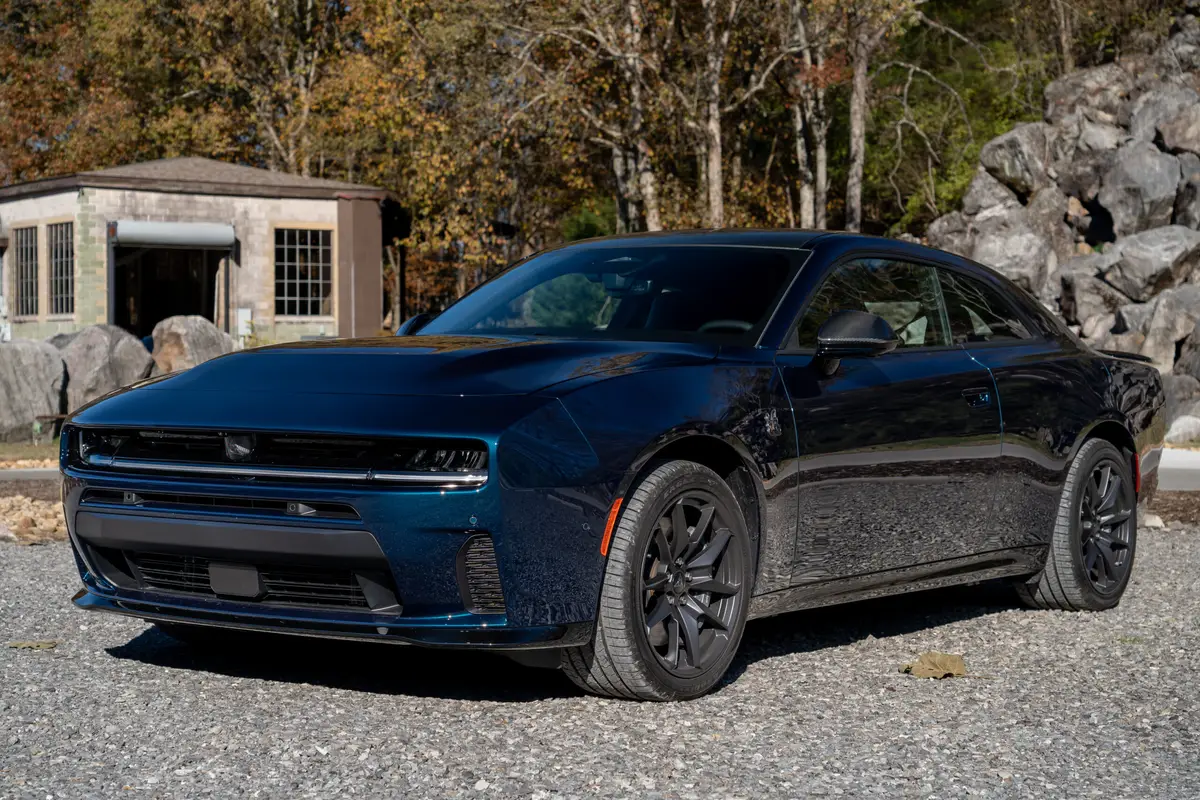The Mid-Size Sedans Are Coming! Accord, Altima, Camry Compete

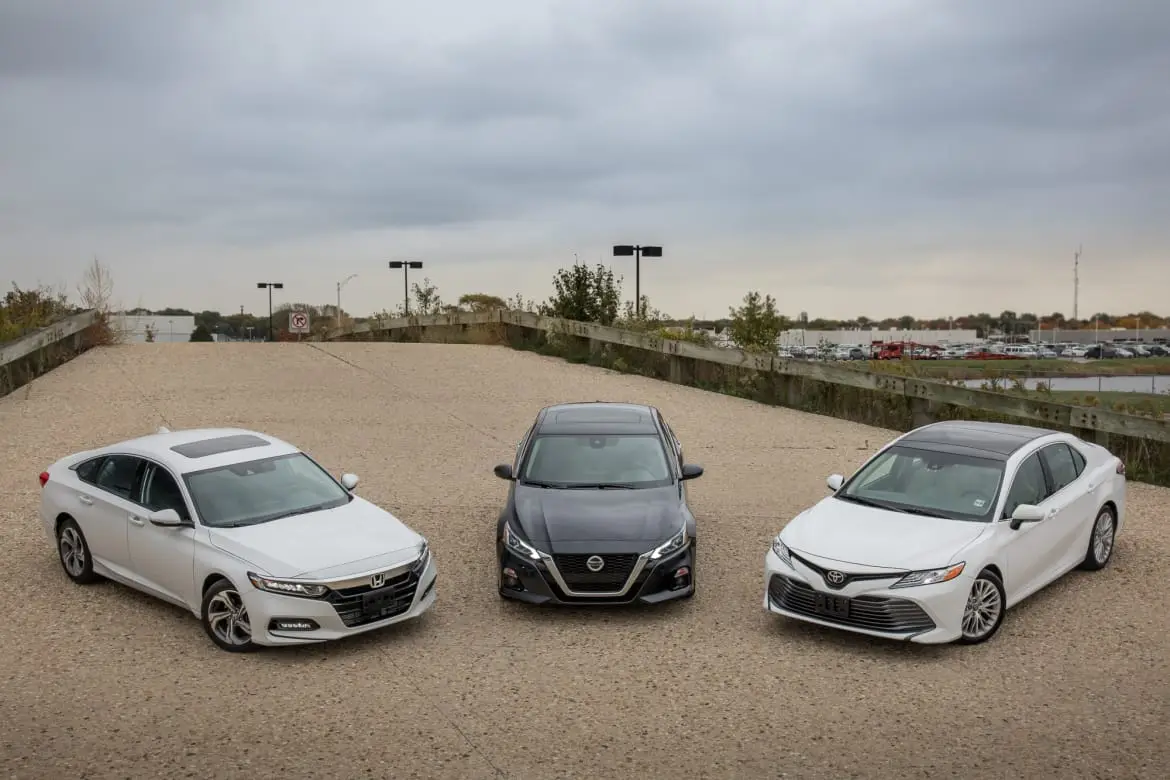
In an era dominated by SUV and pickup truck sales, the Honda Accord, Nissan Altima and Toyota Camry are three of a precious few sedans that still have strong sales numbers. The ubiquitous, reasonably priced family four-doors have also managed to keep up with the times — intentionally or not — by becoming commonly used cars among ride-hailing service drivers. We compared a Camry Hybrid against an Accord Hybrid earlier this year, but with the release of the redesigned 2019 Altima, it was time to see how it fared against the Honda and Toyota for our 2018 Mid-Size Sedan Challlenge.
Related: Kicking Gas and Taking Names: Which Hybrid Is Better, Camry or Accord?
Setting a price cap of $32,000, including the destination charge, we set about testing the Accord, Altima and Camry in and around Chicago. Let’s take a quick look at each of our competitors:
2018 Honda Accord 1.5T EX-L
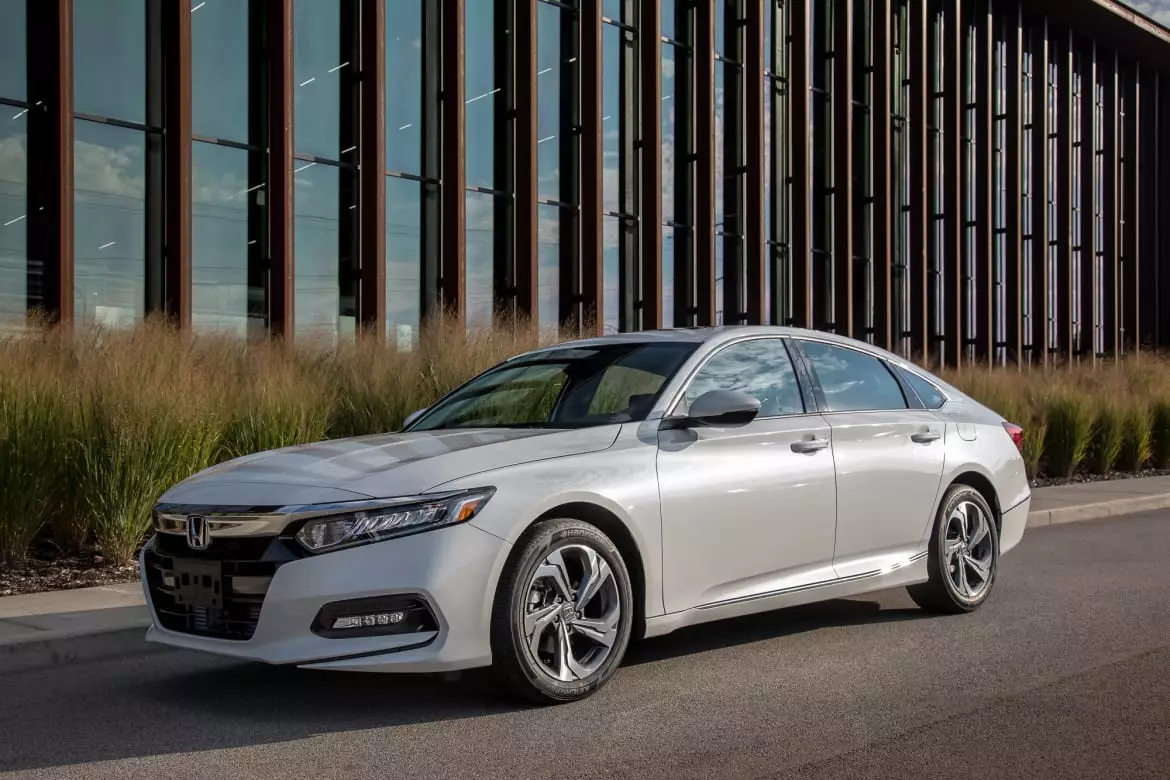
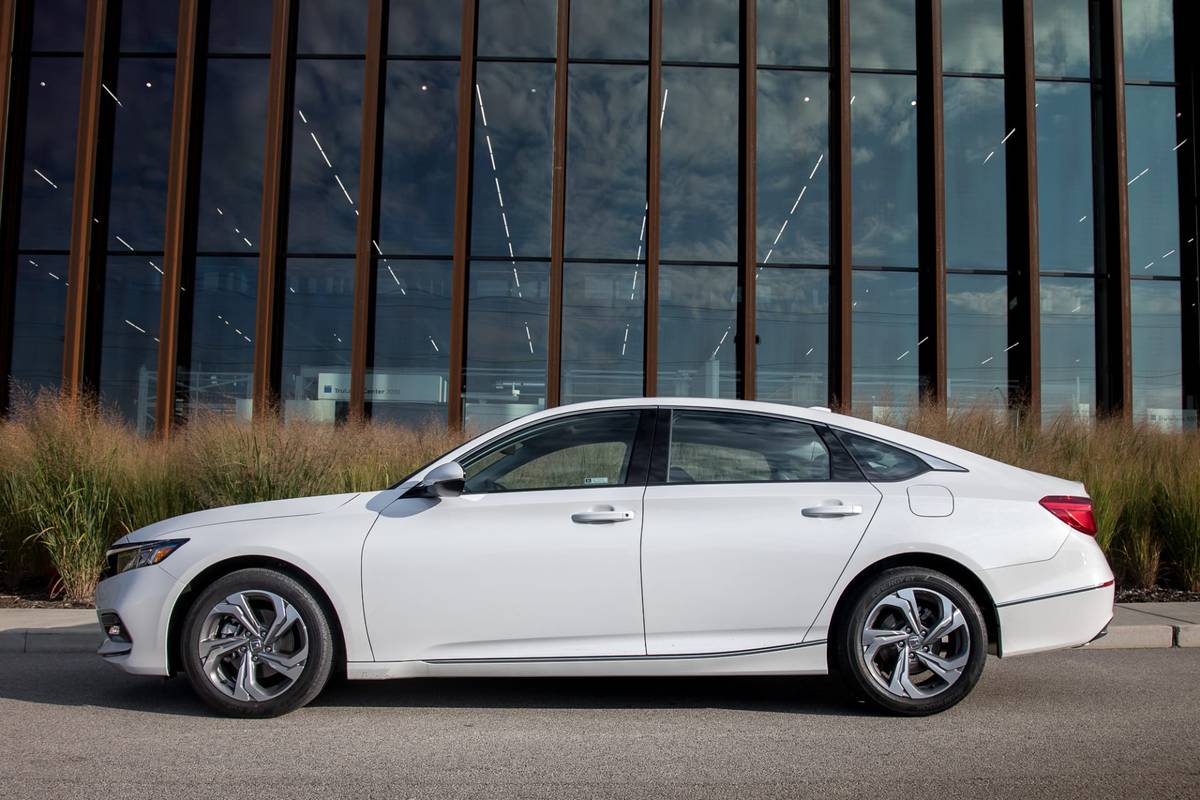
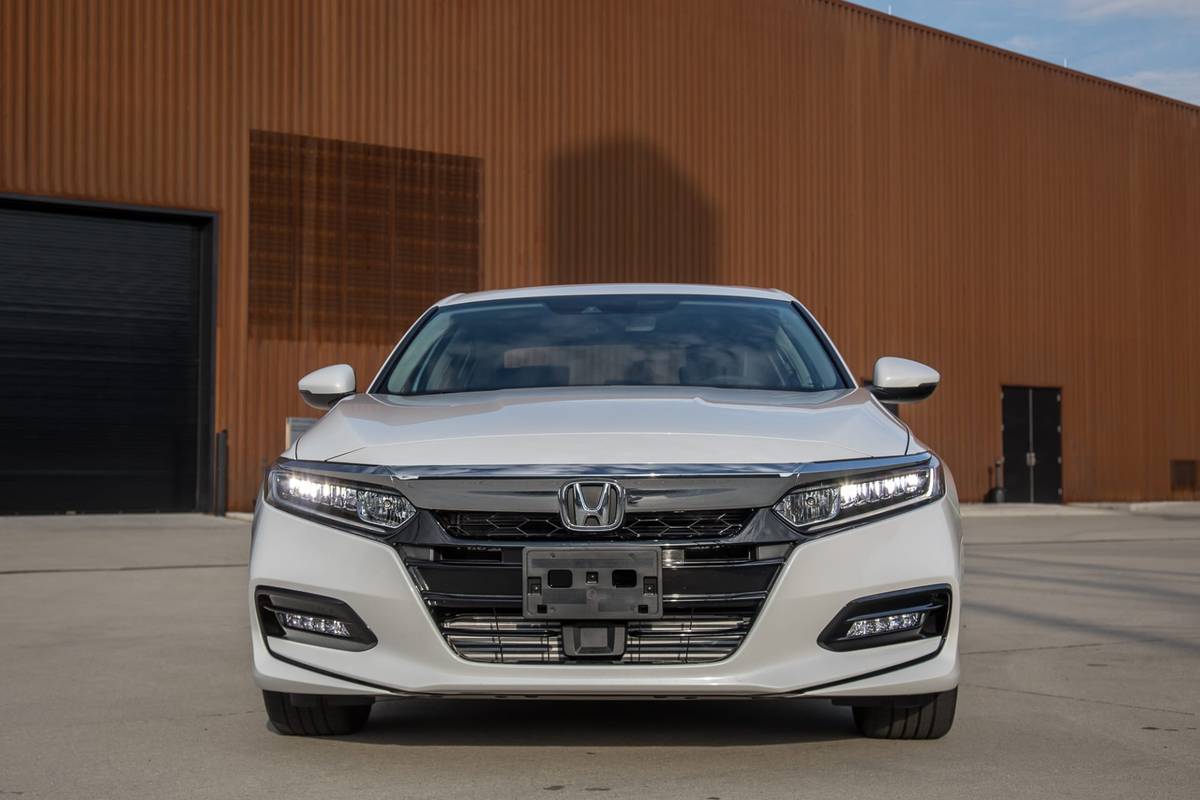
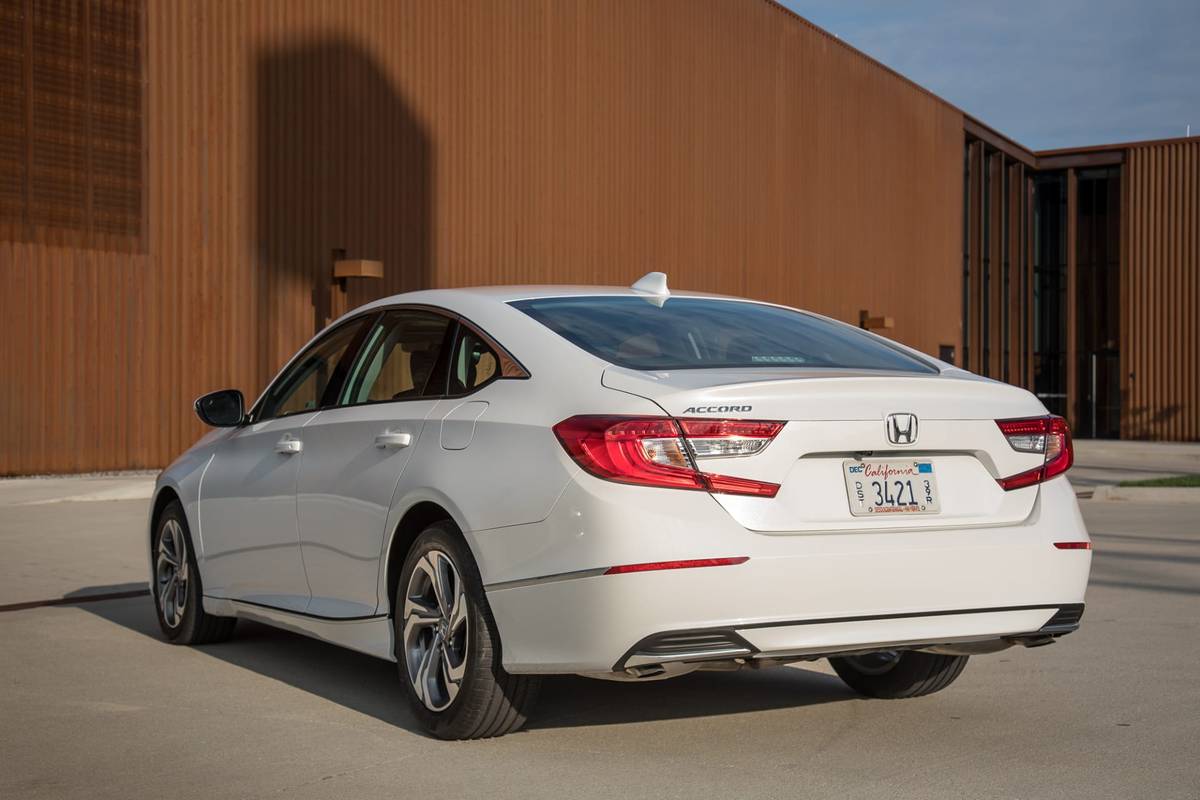
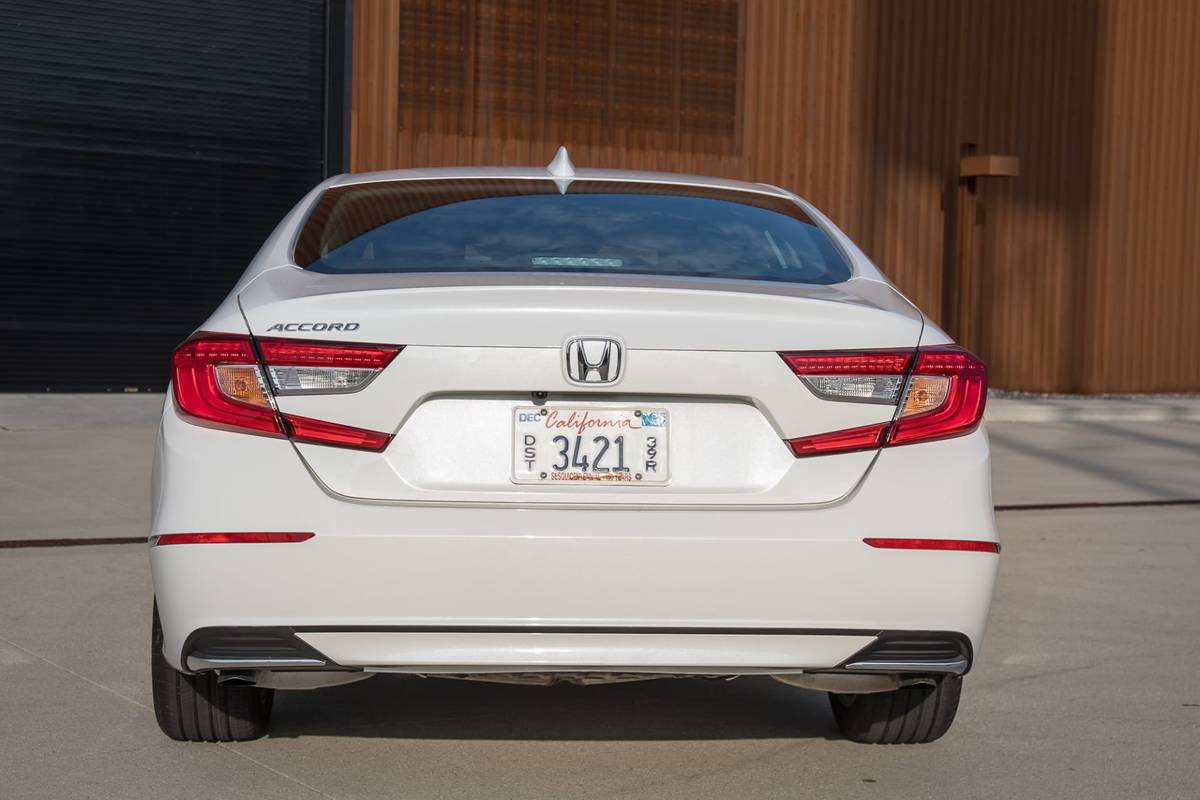
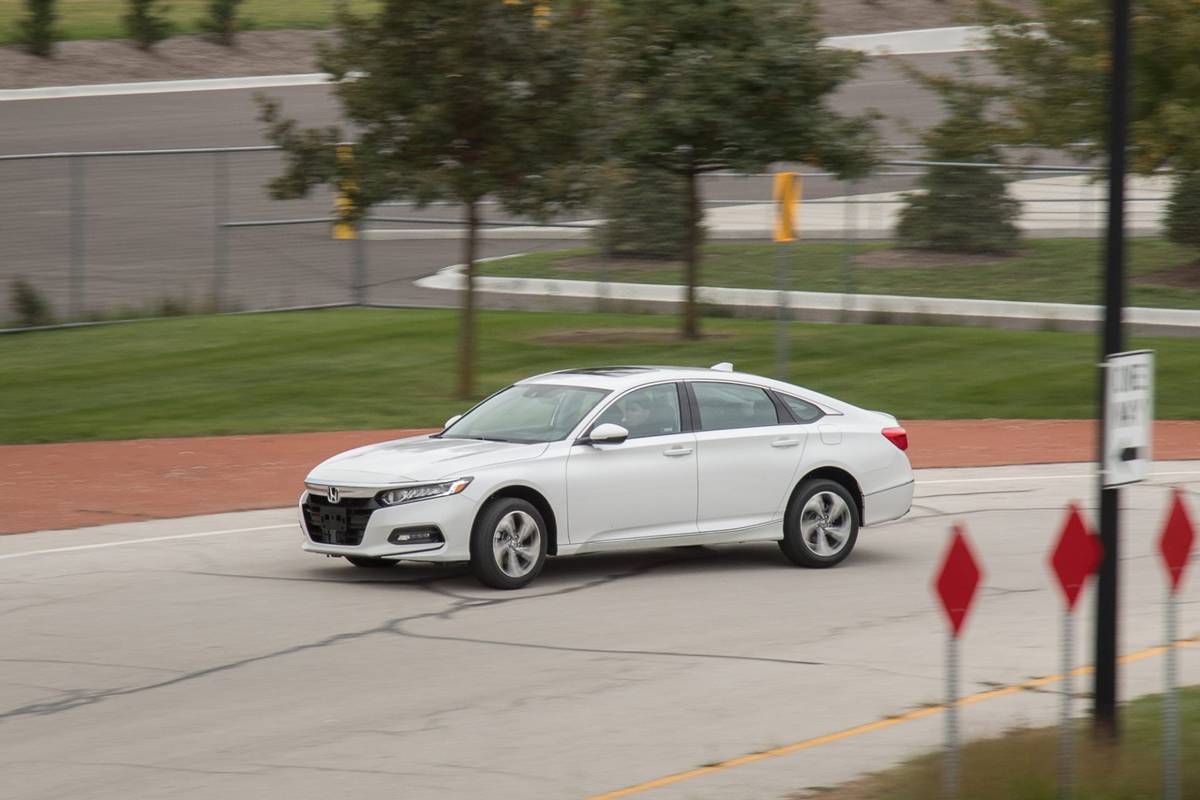

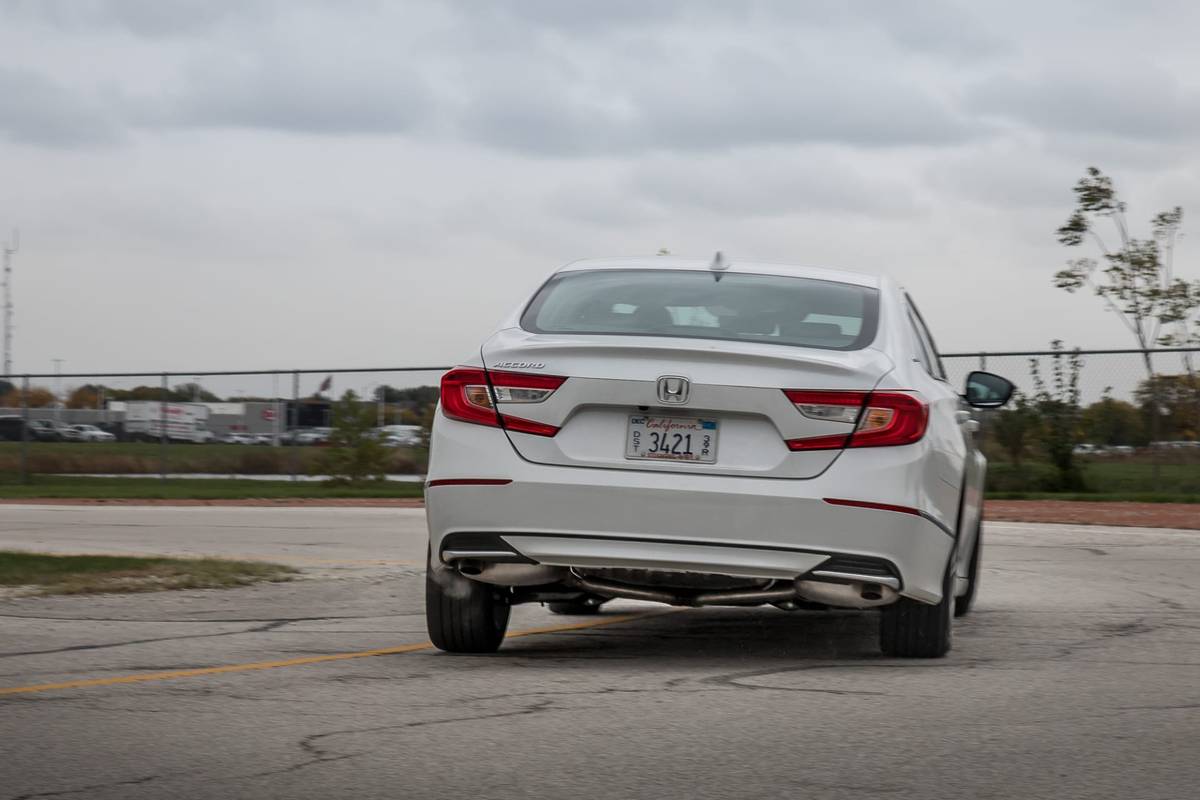
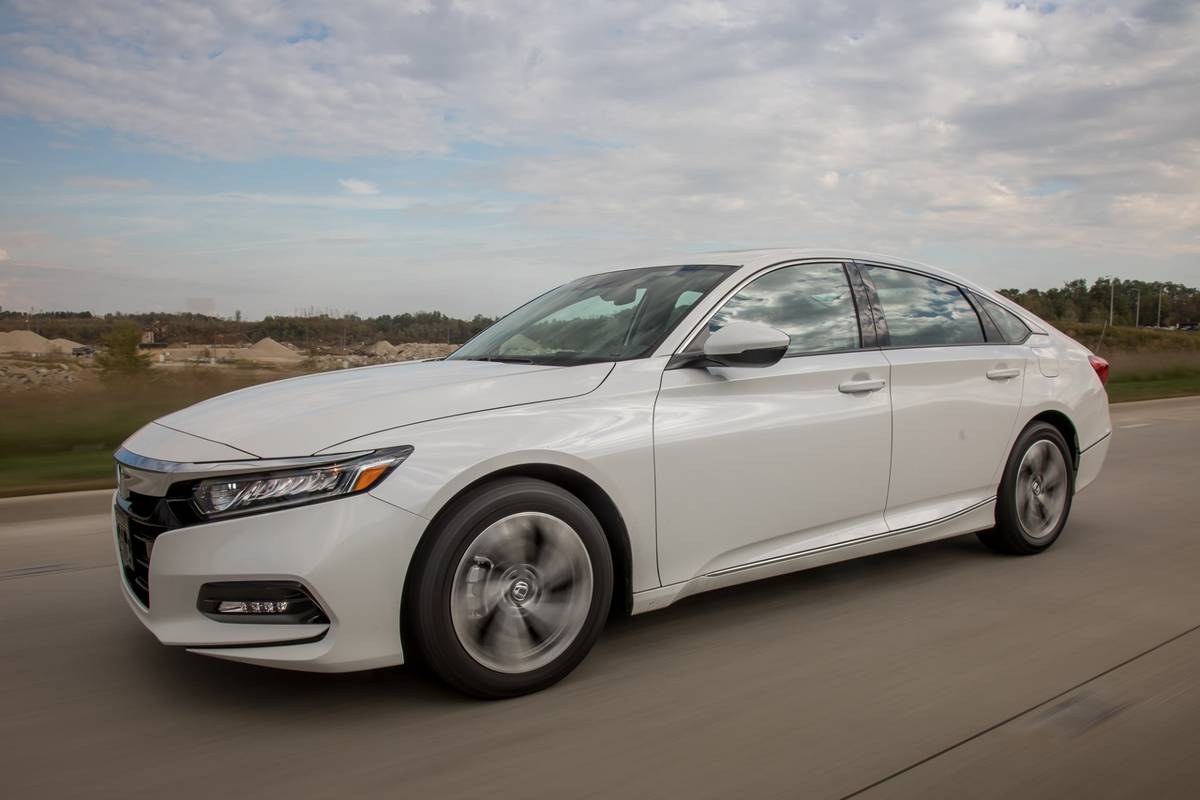
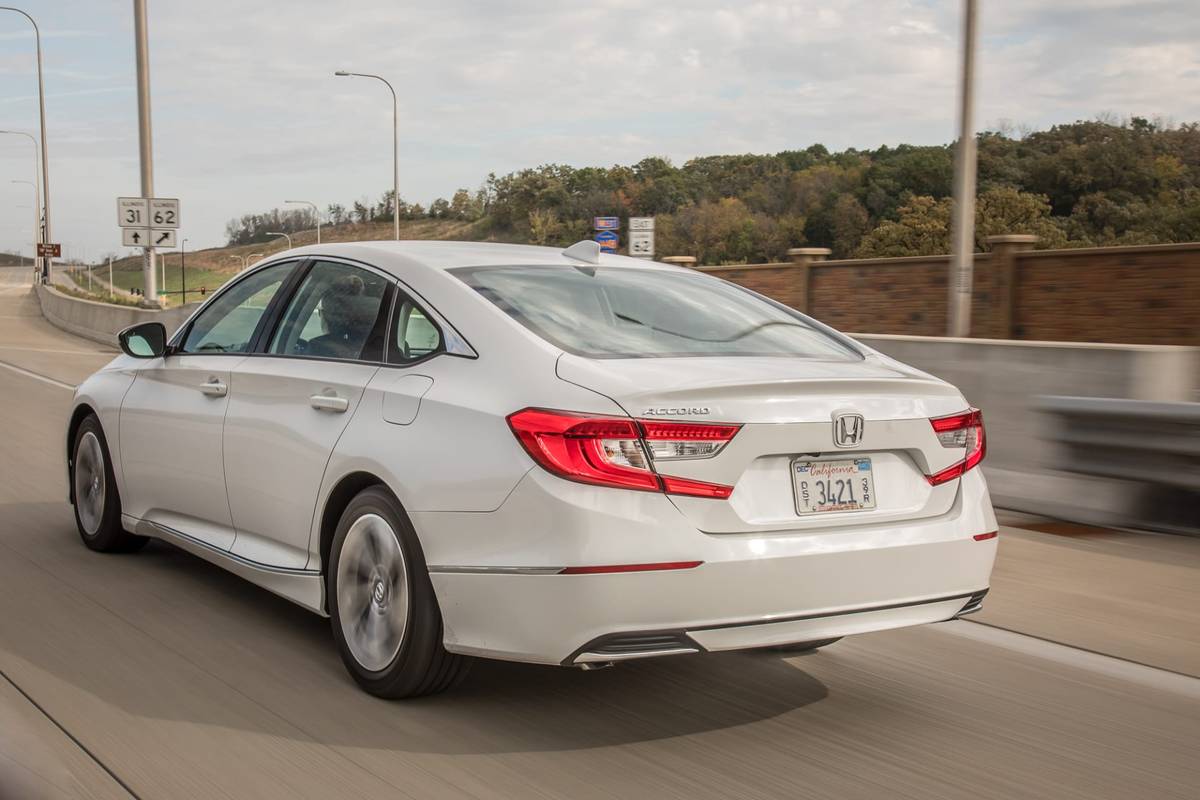
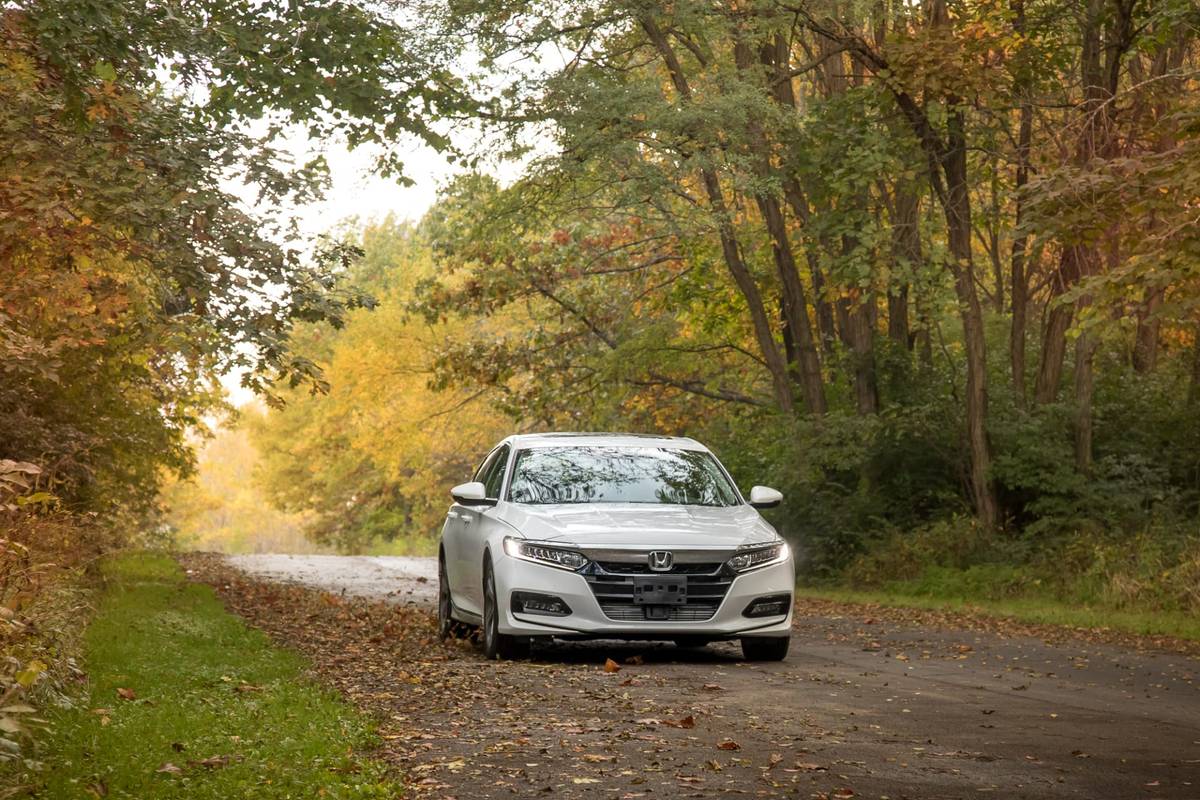
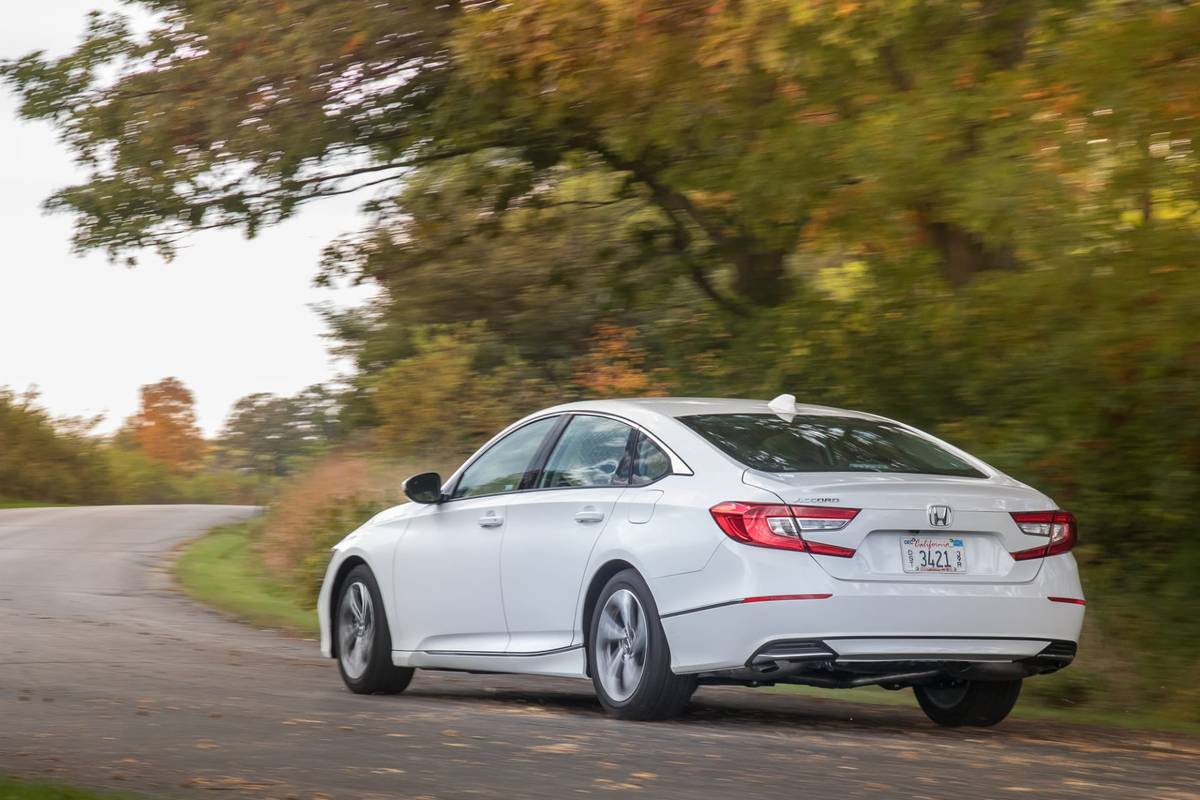
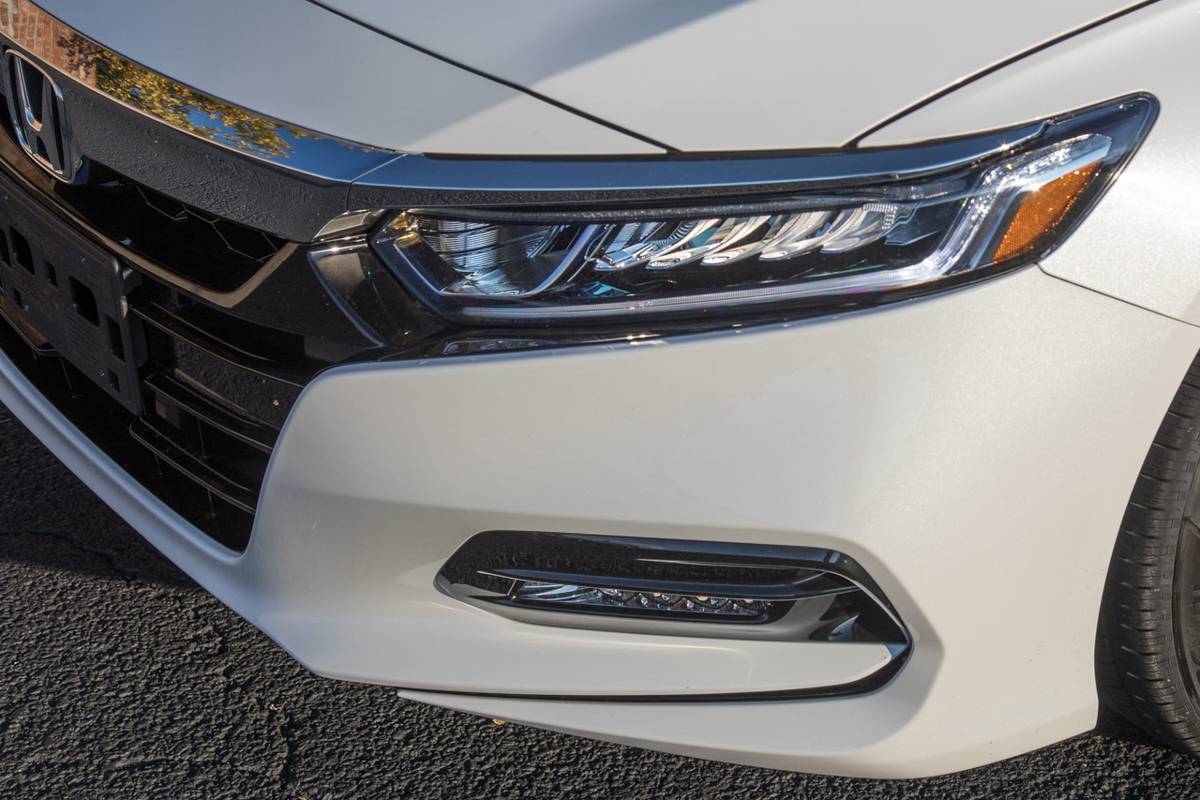
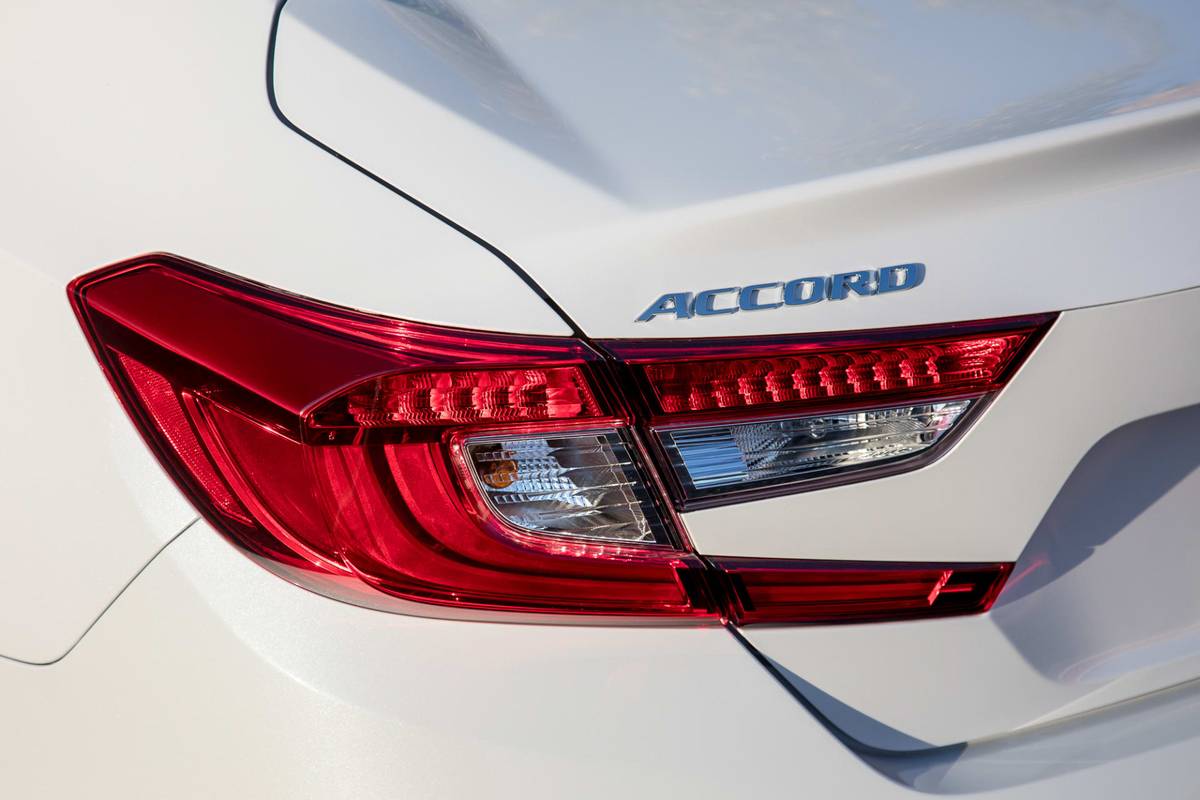
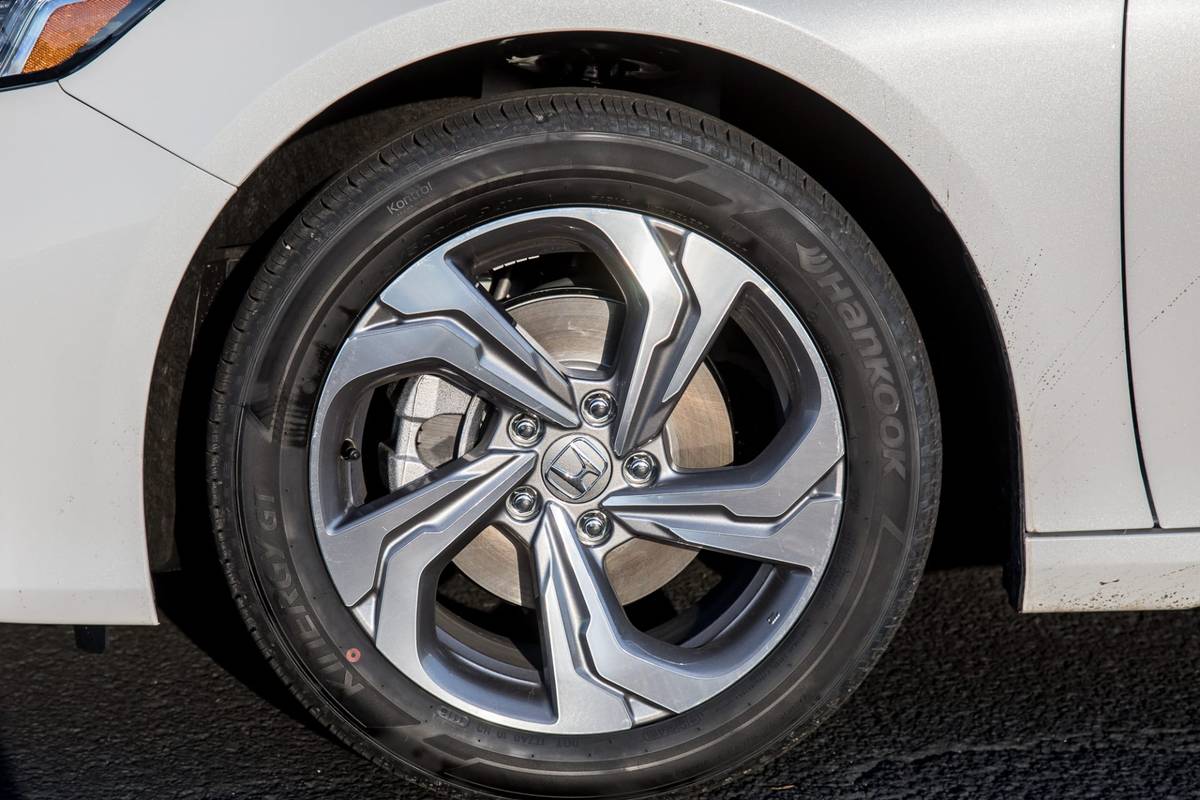
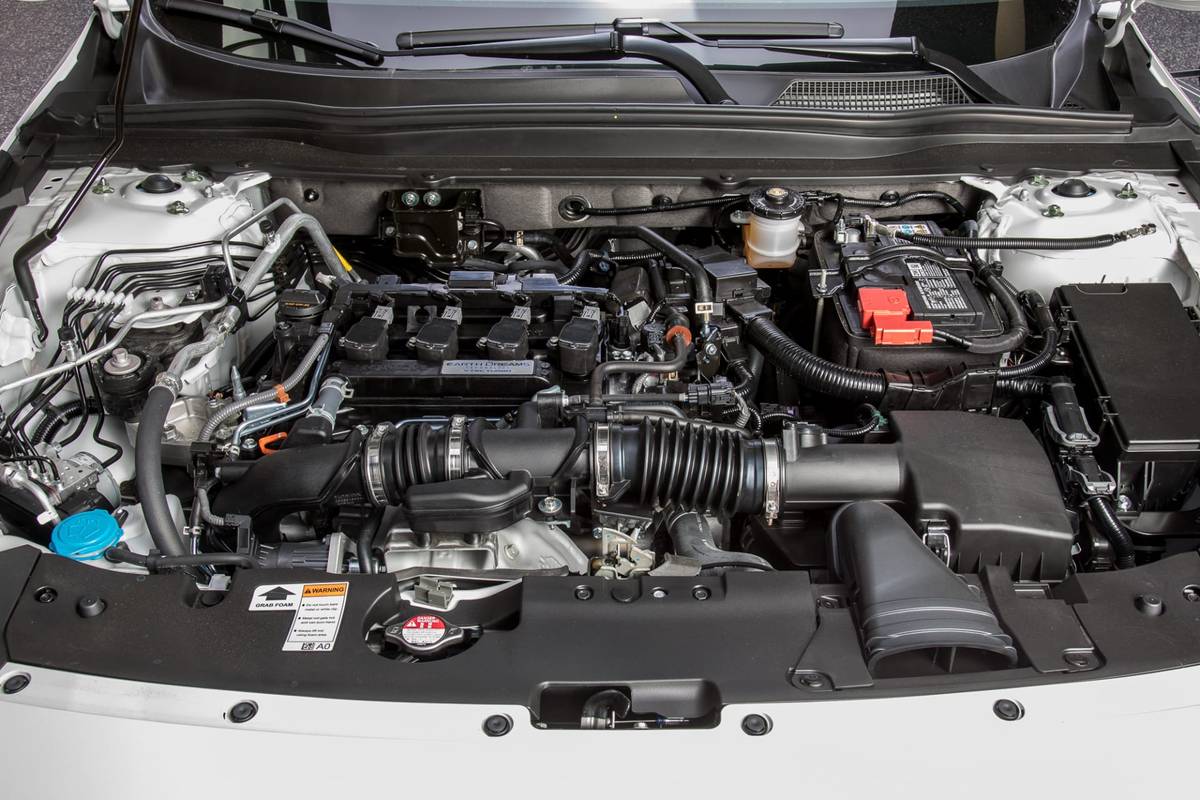
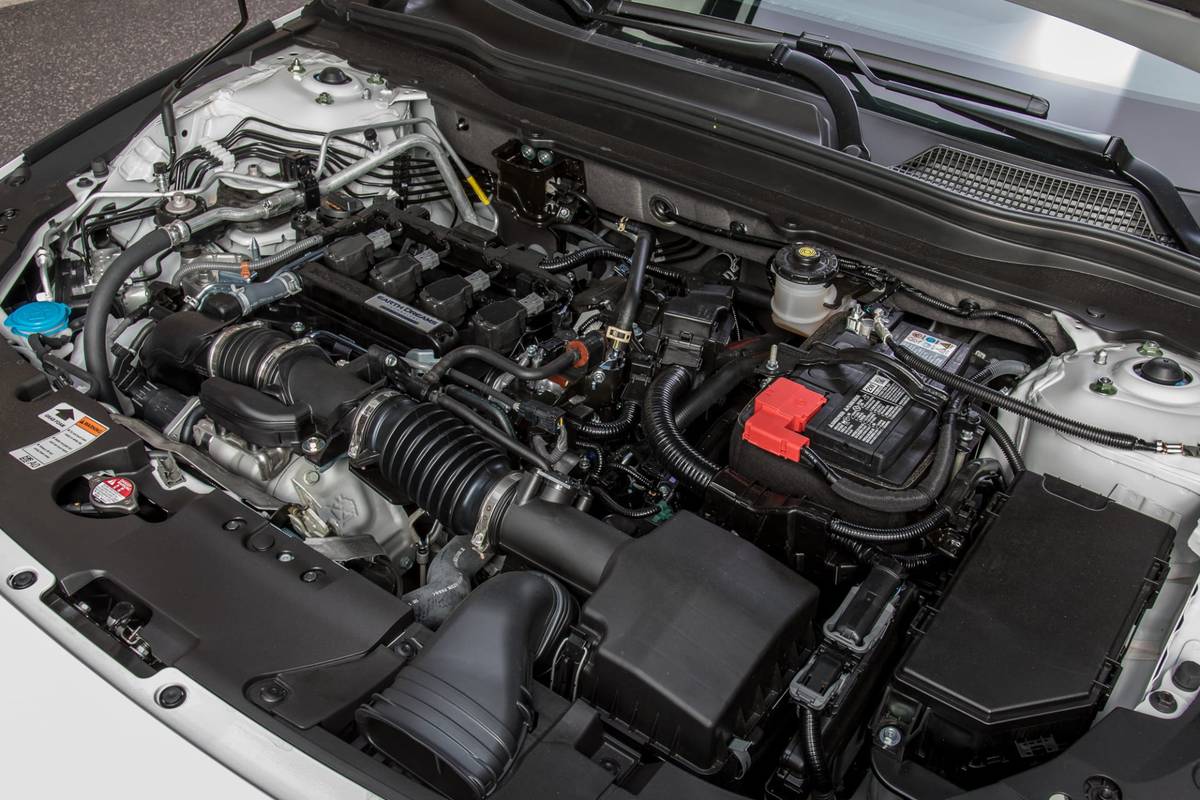
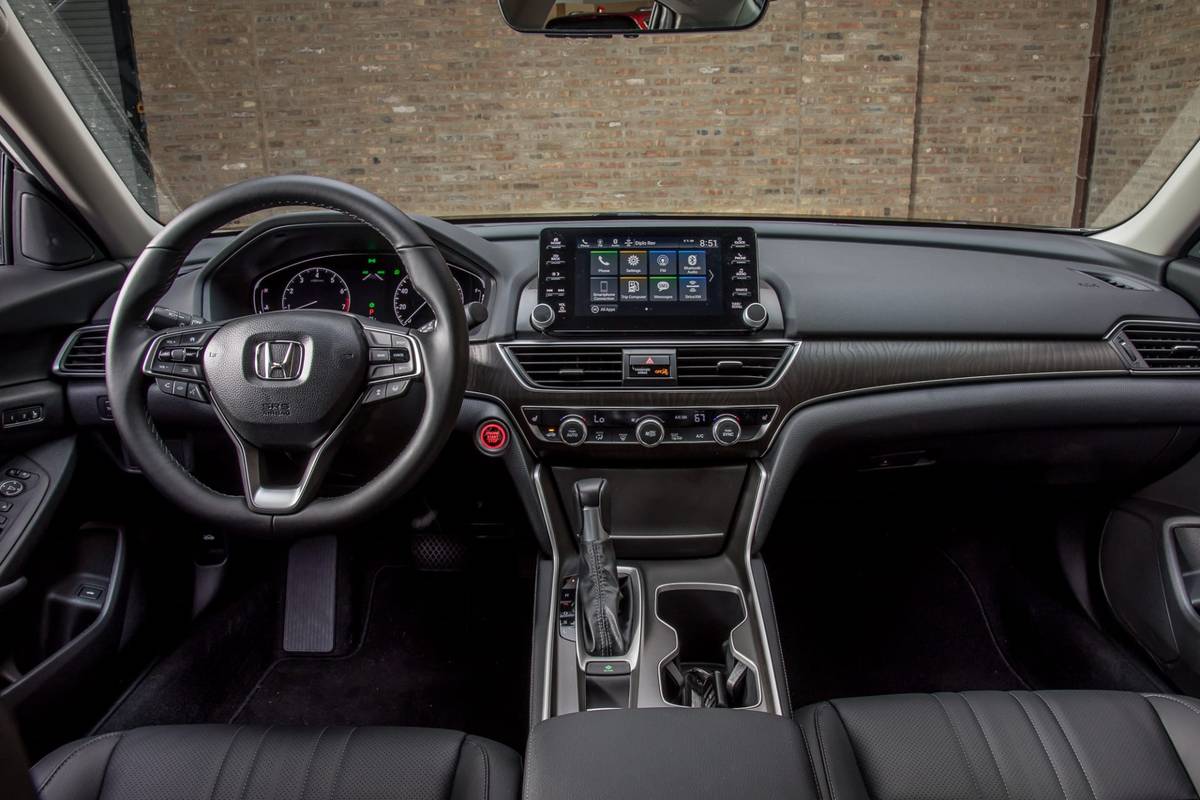
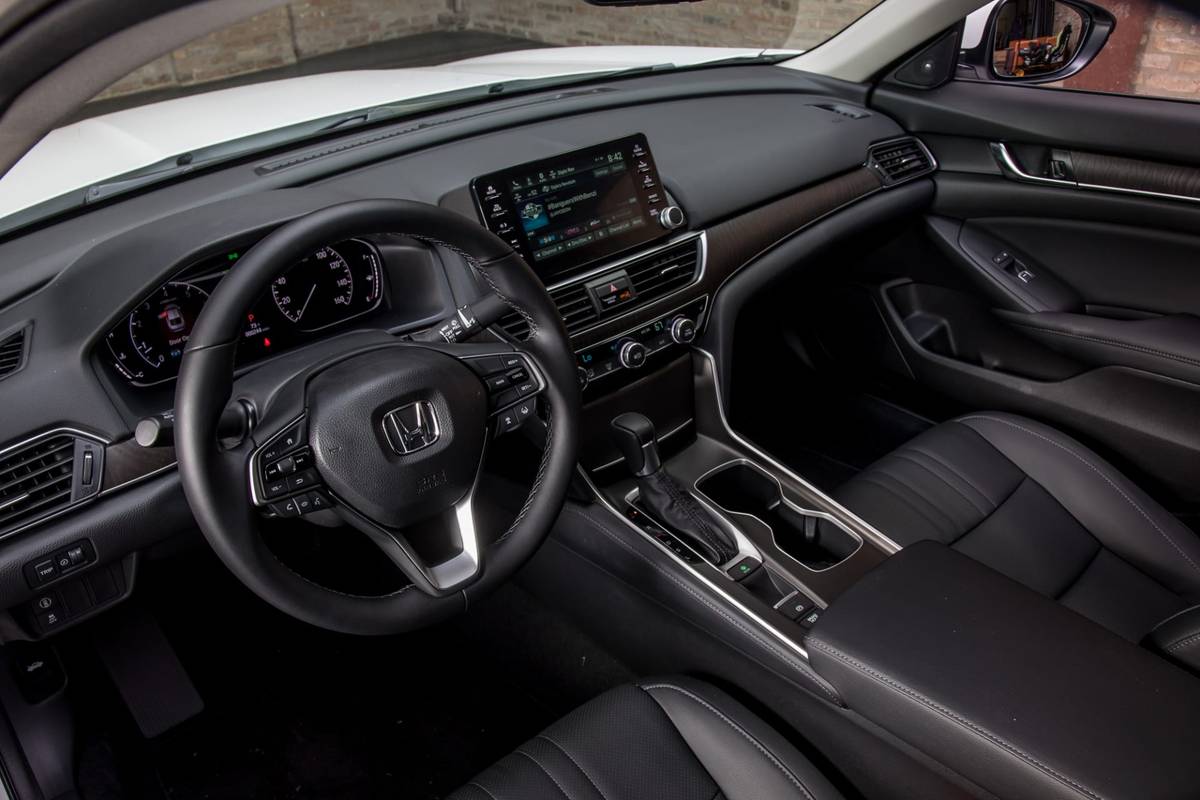
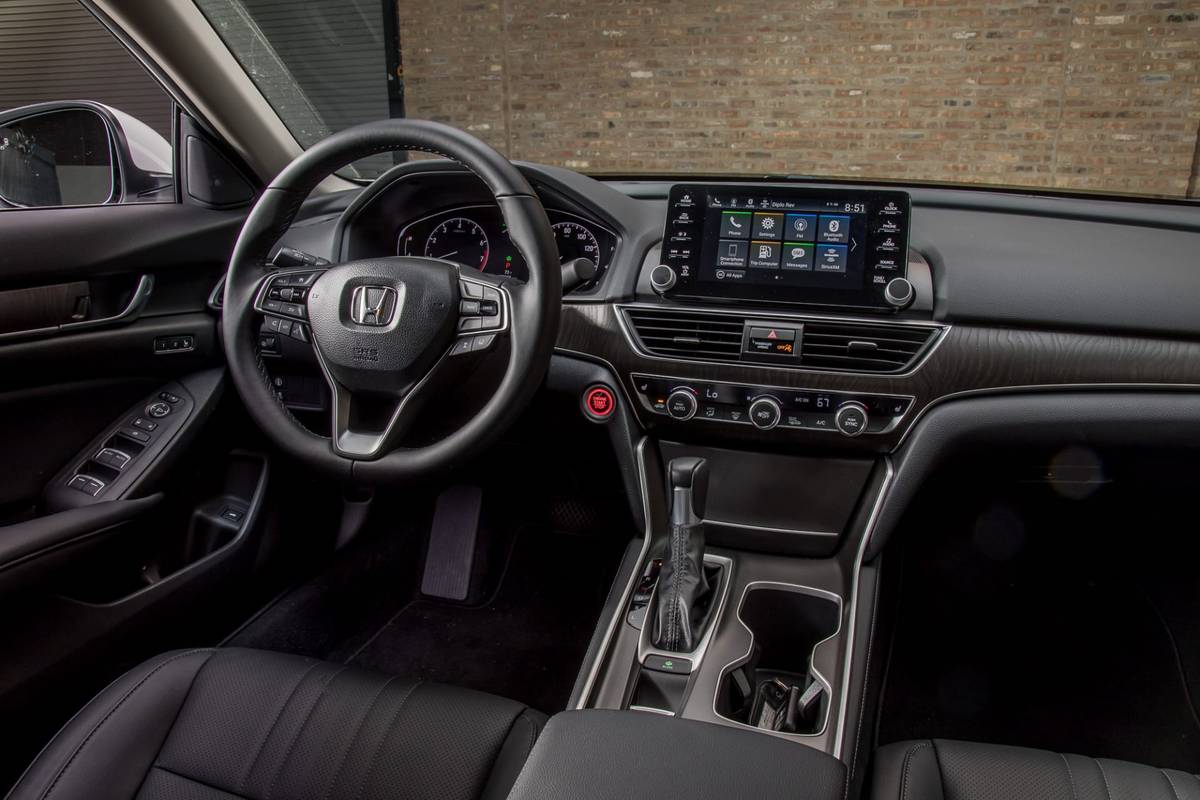
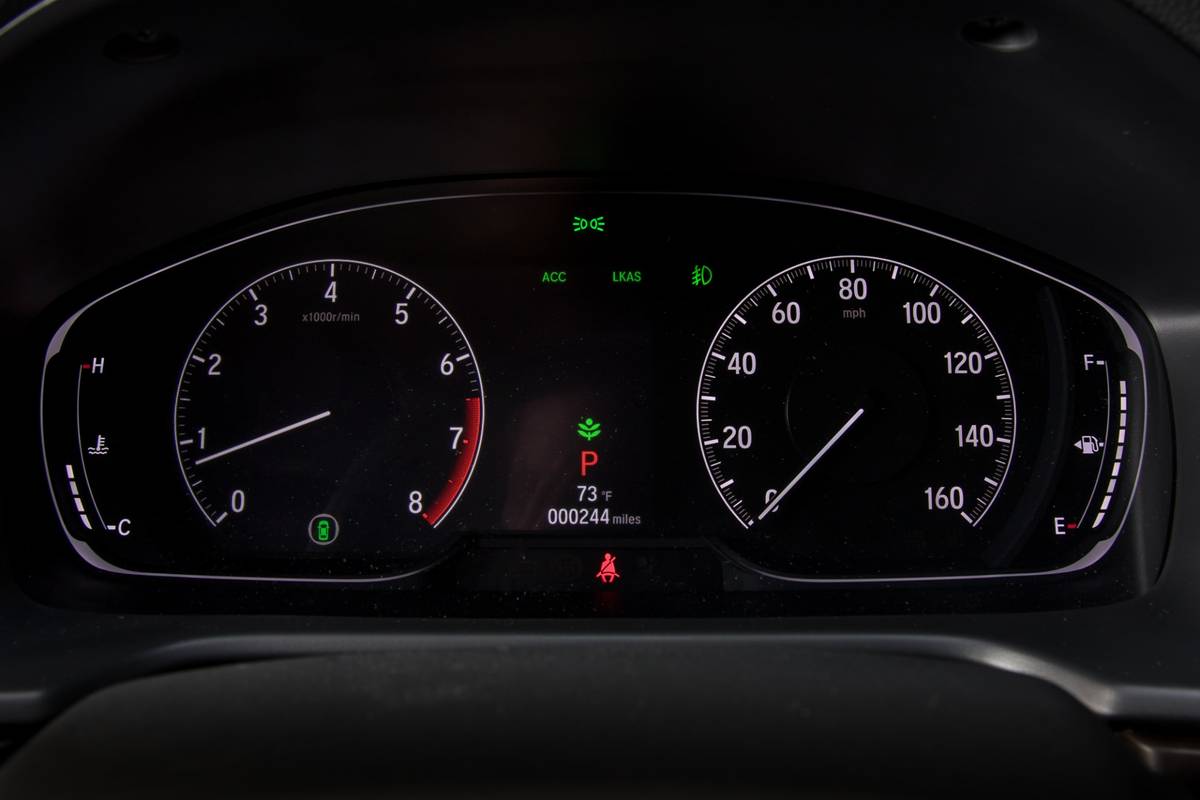
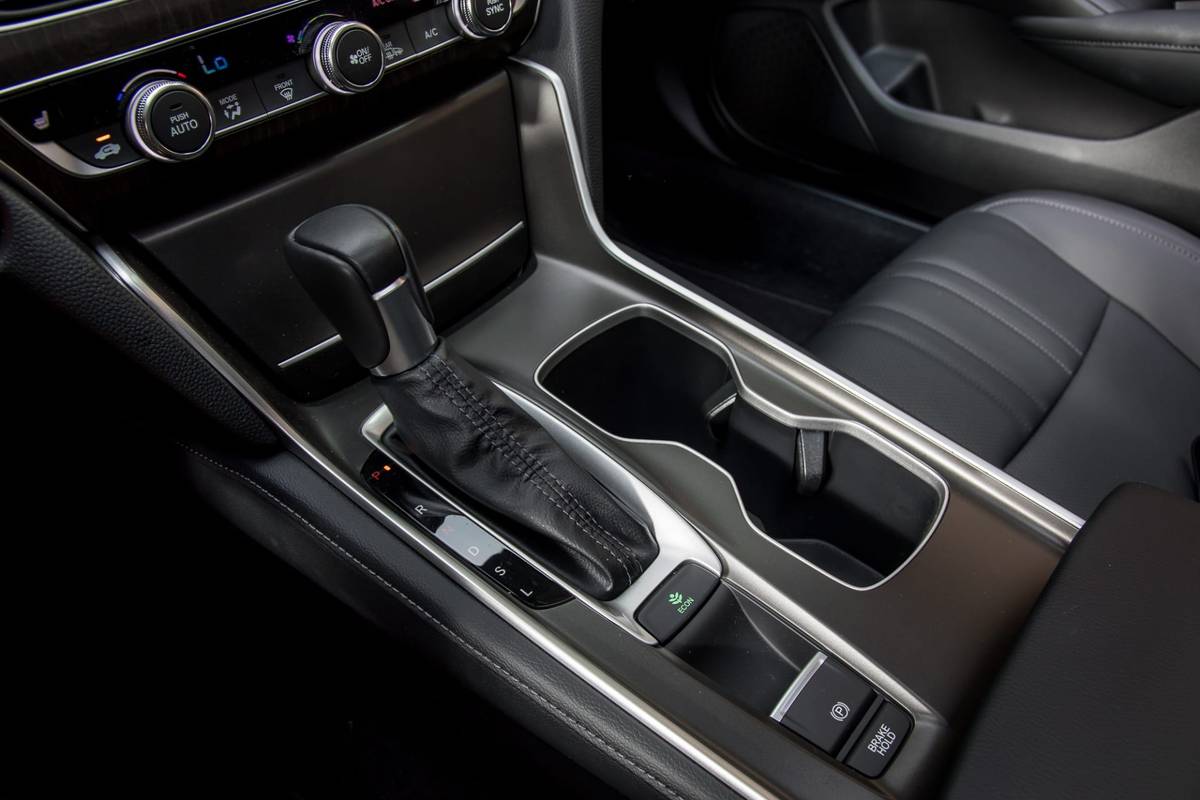
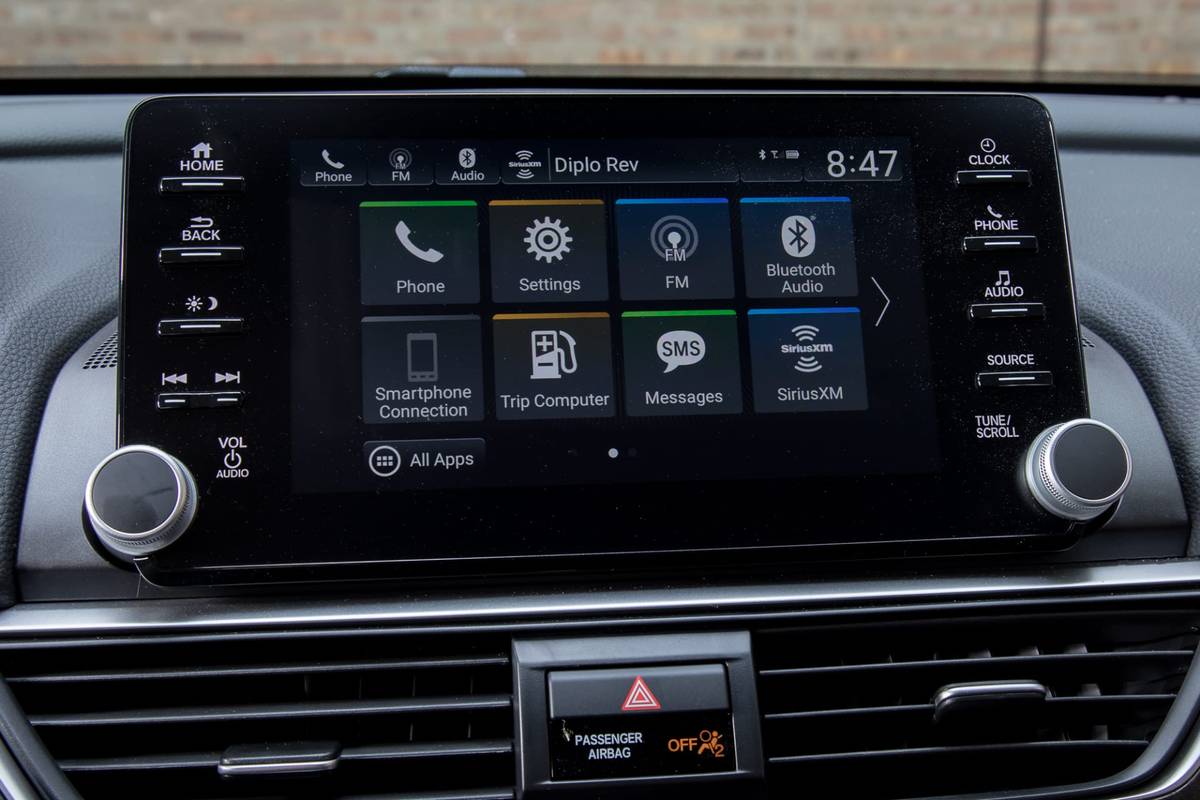
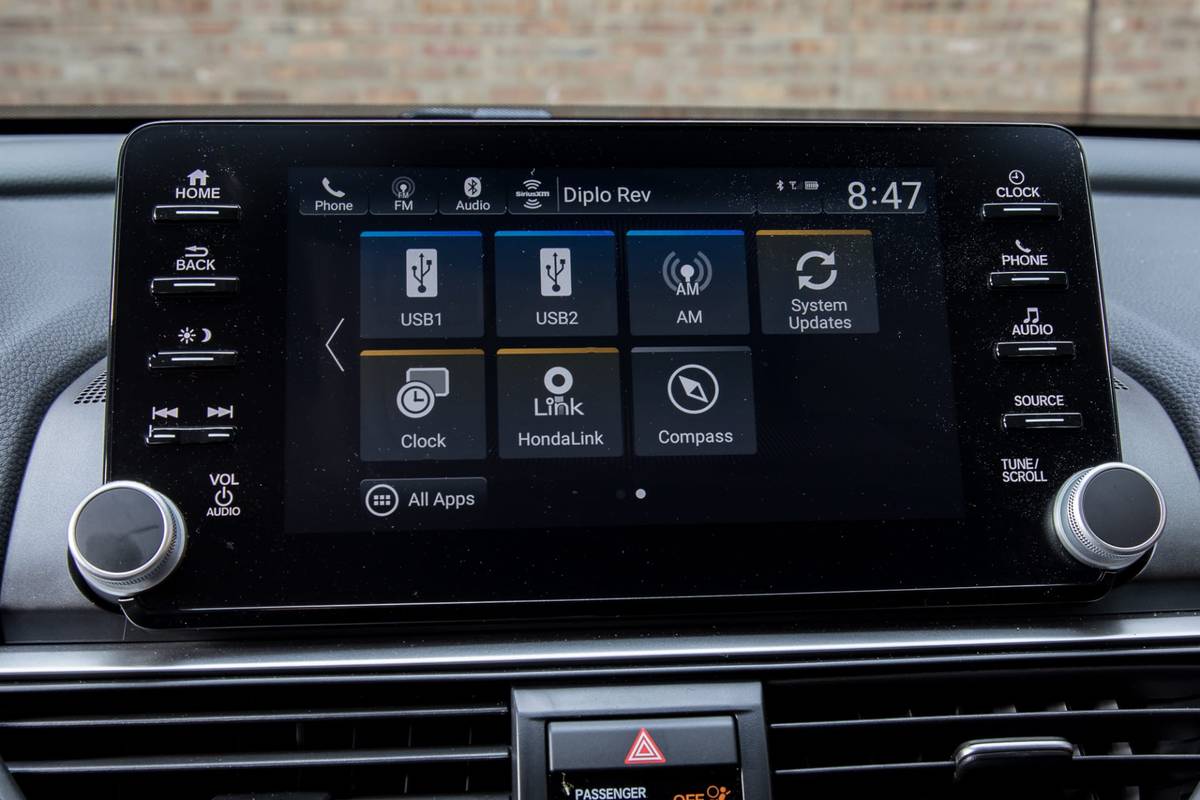
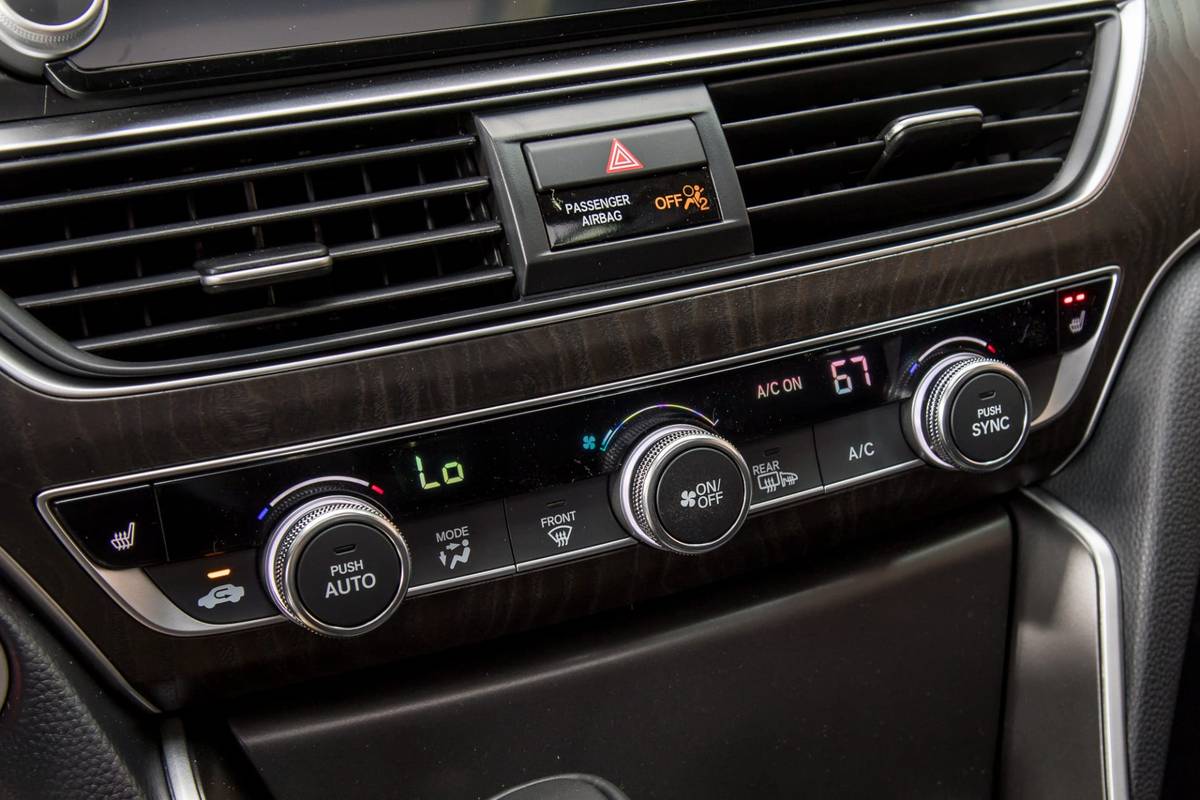
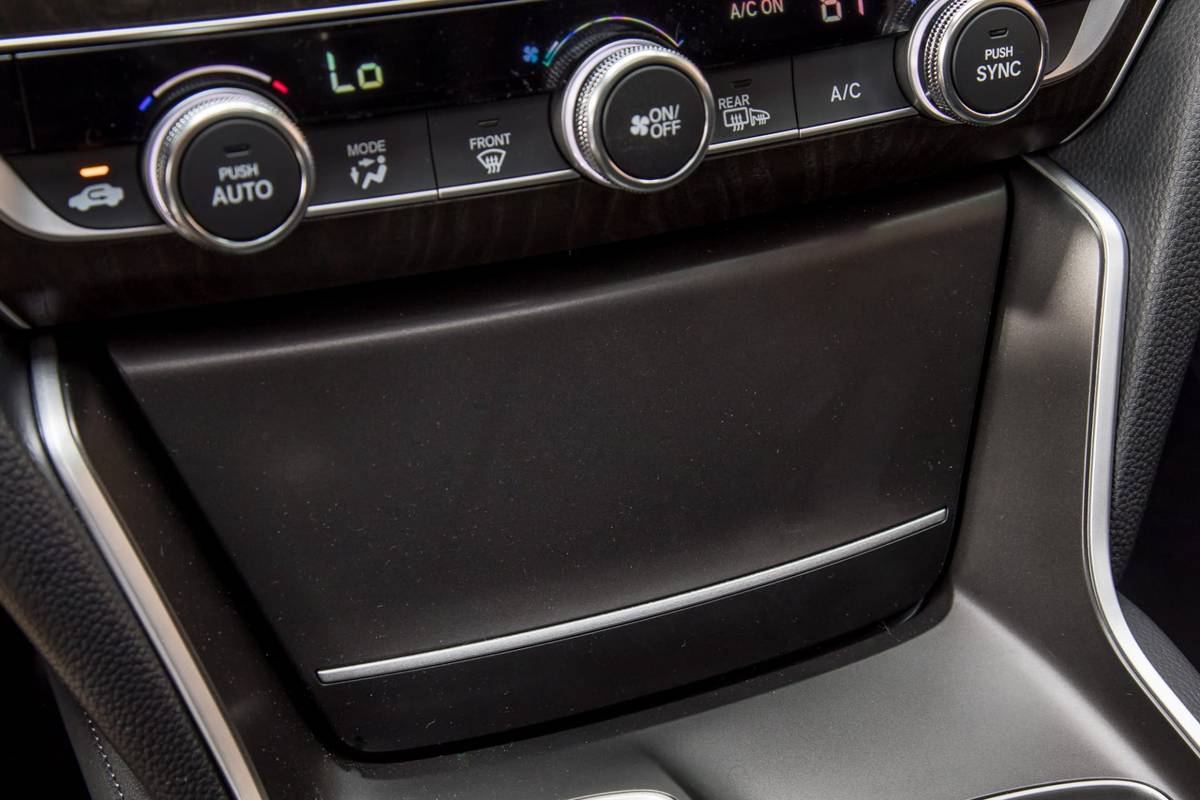
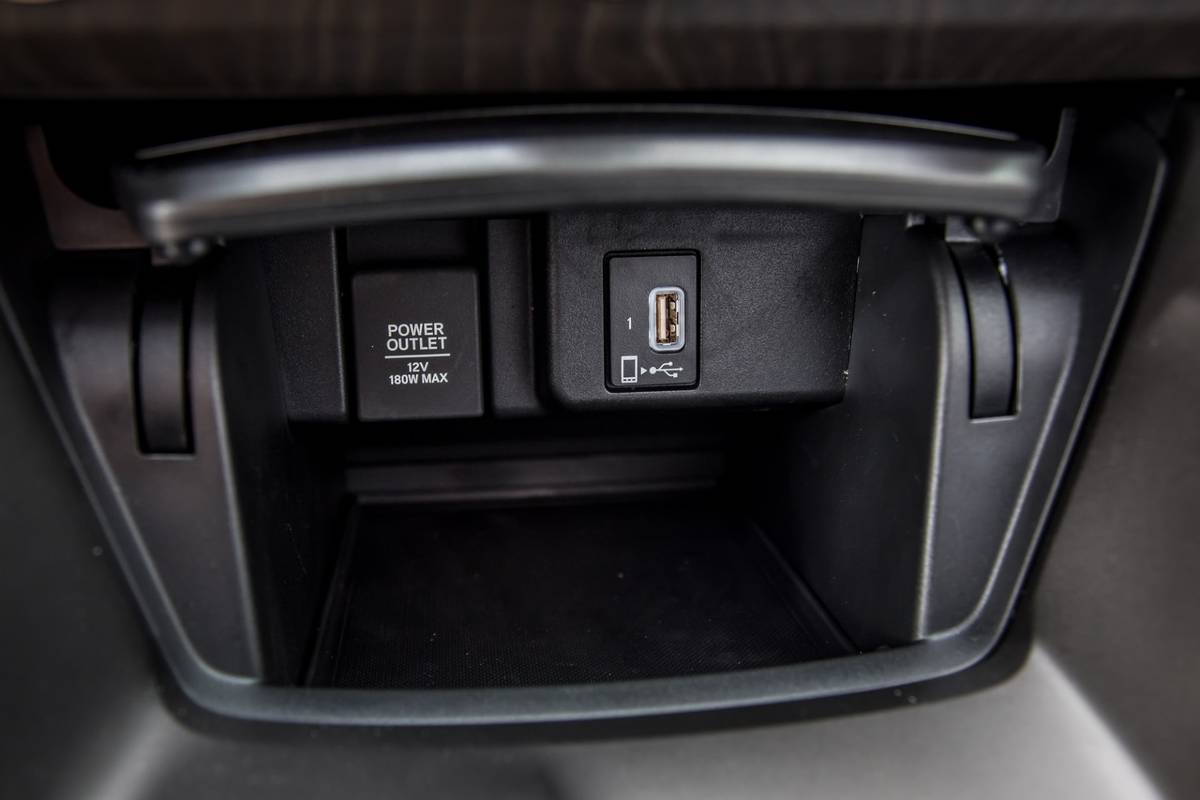
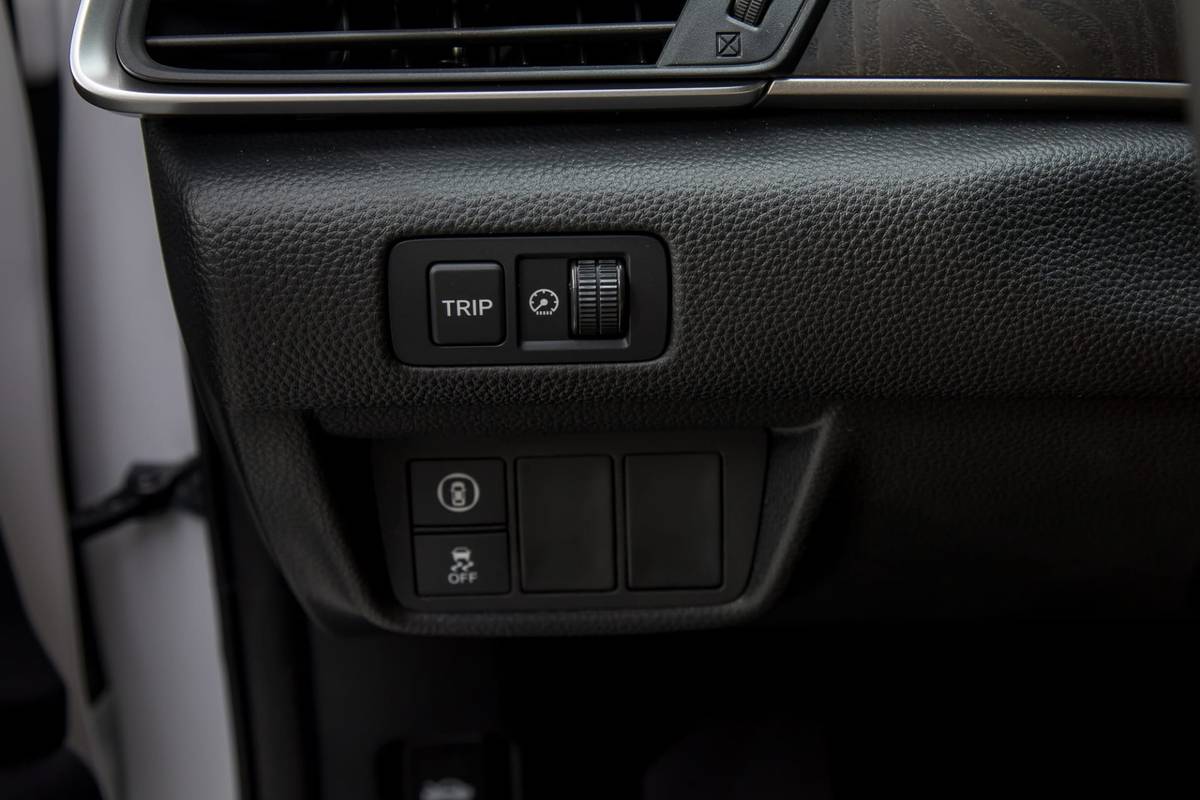
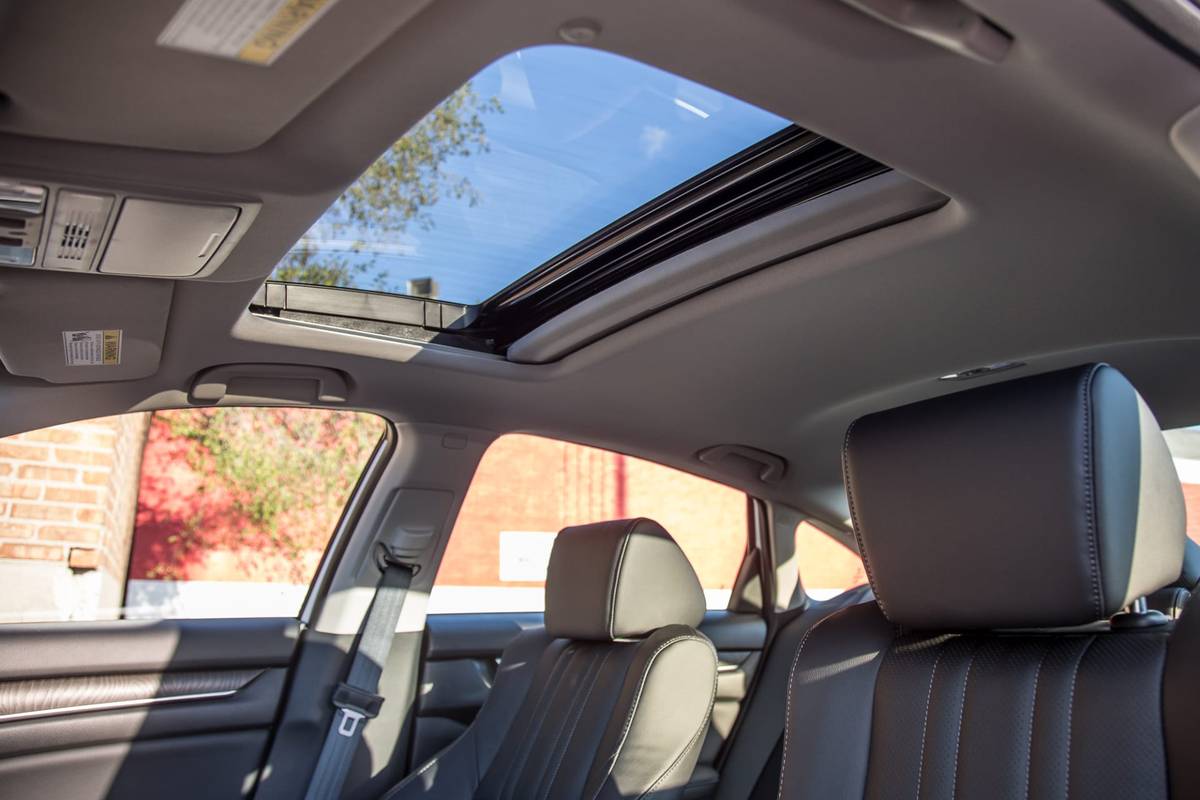
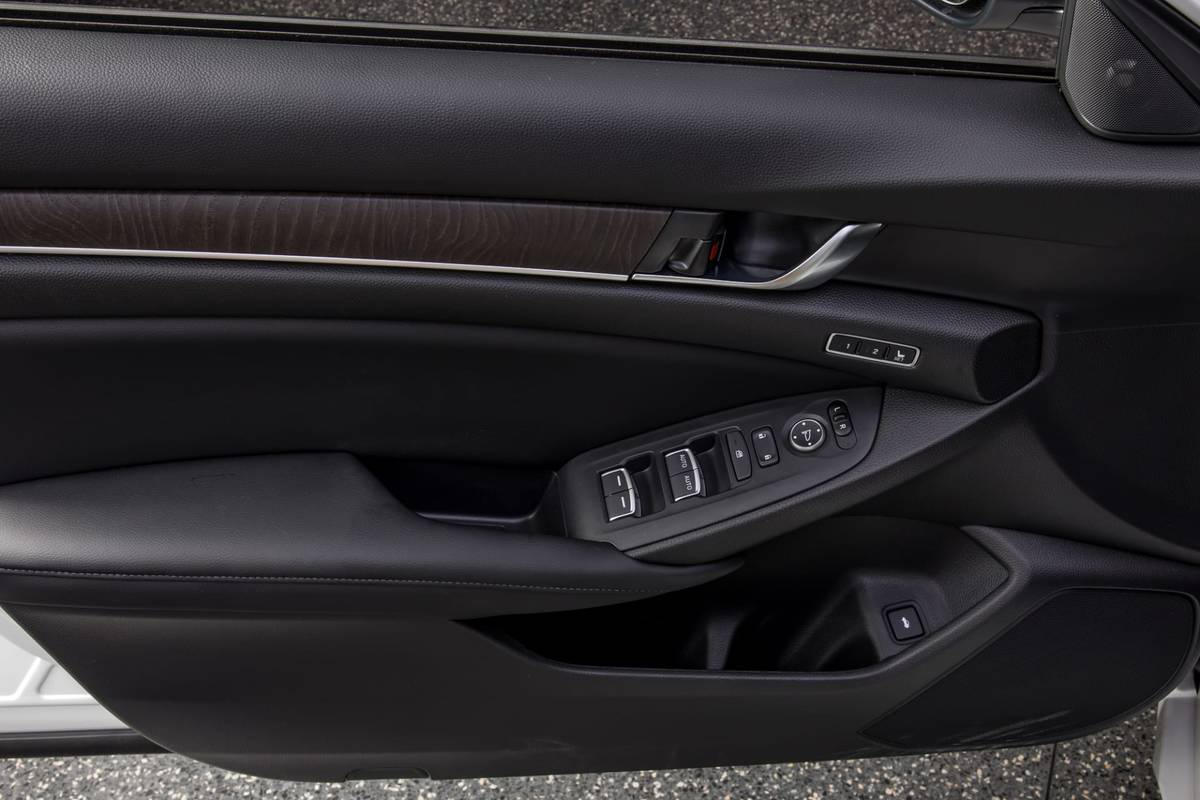
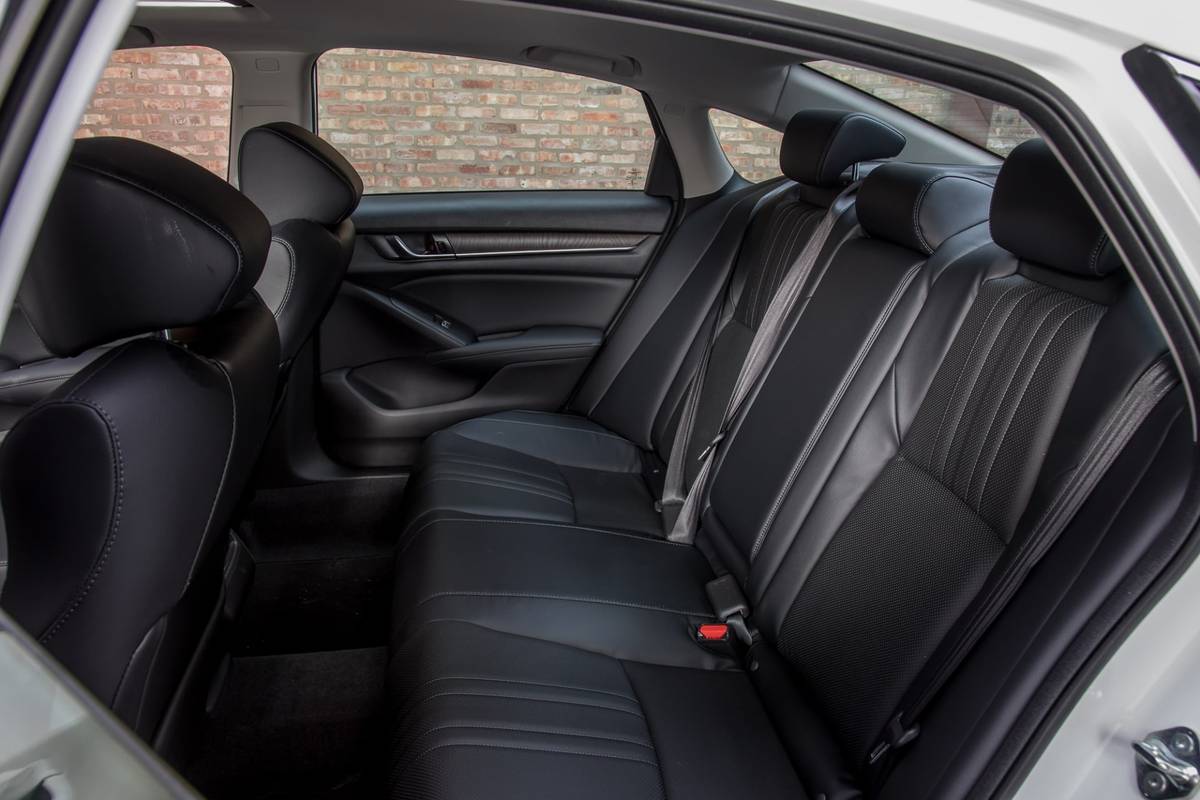
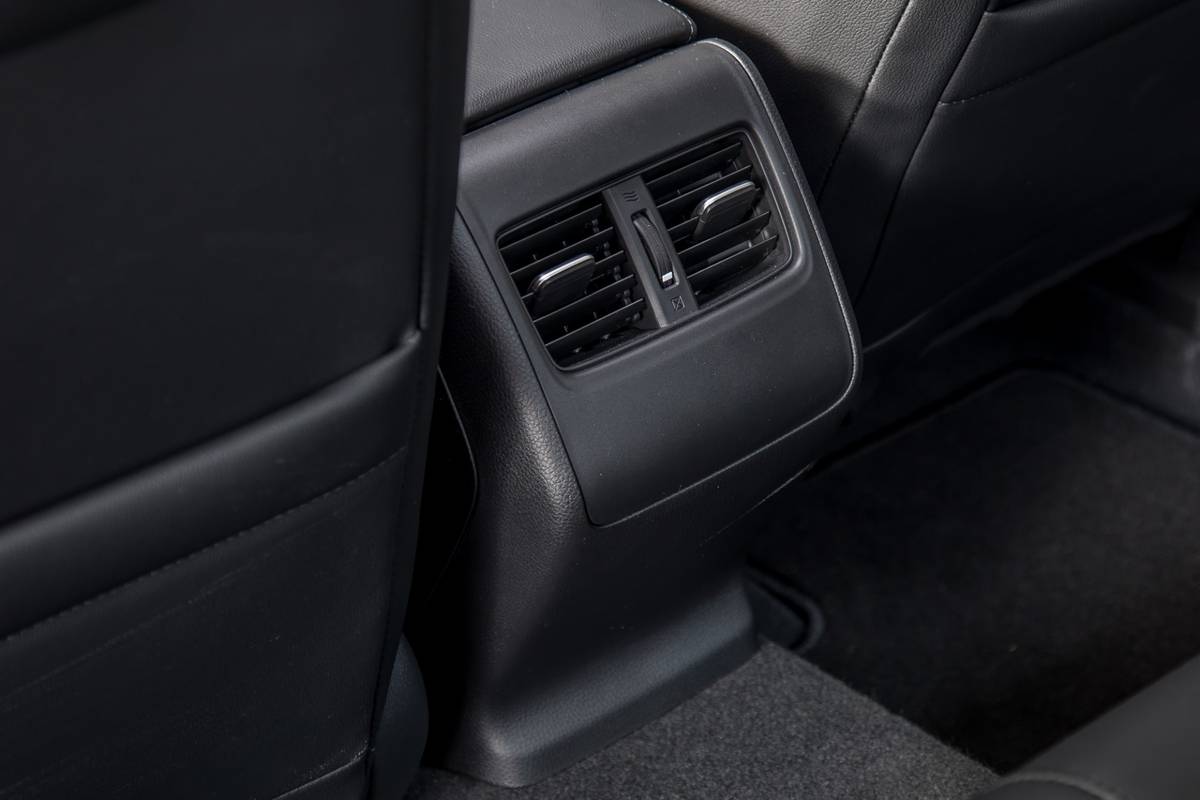
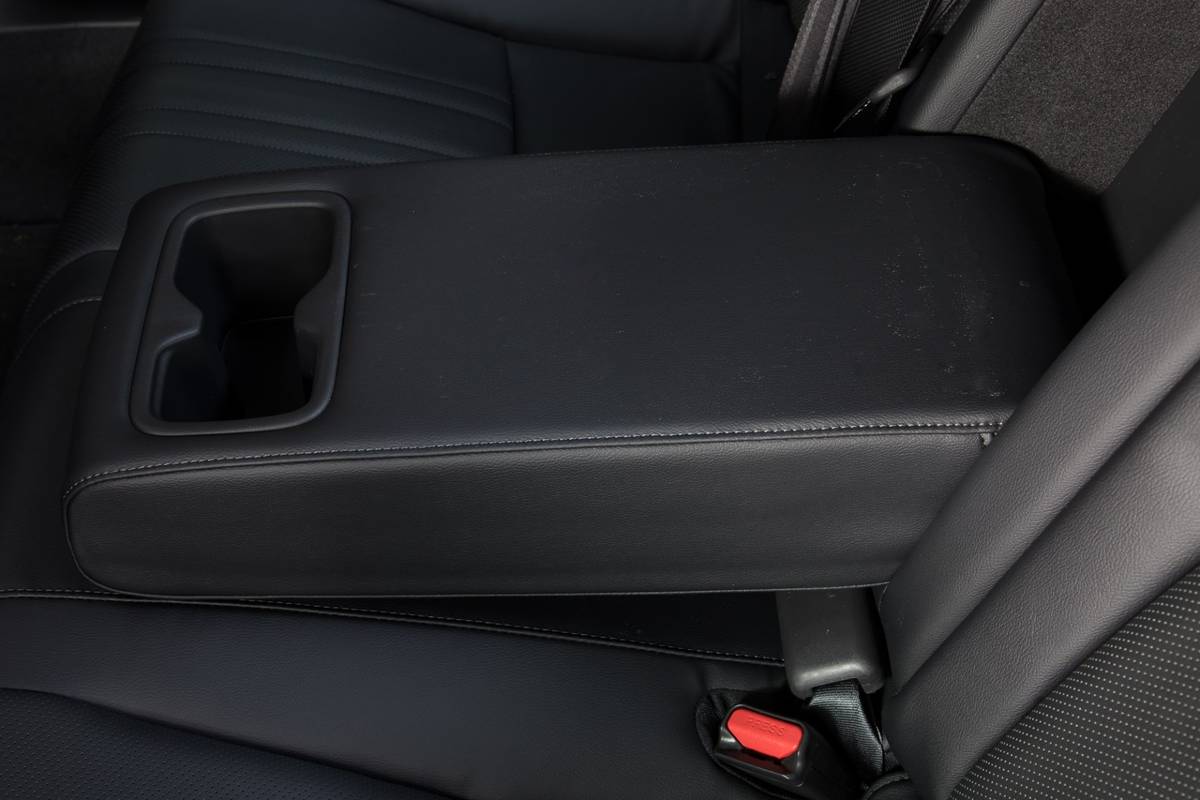
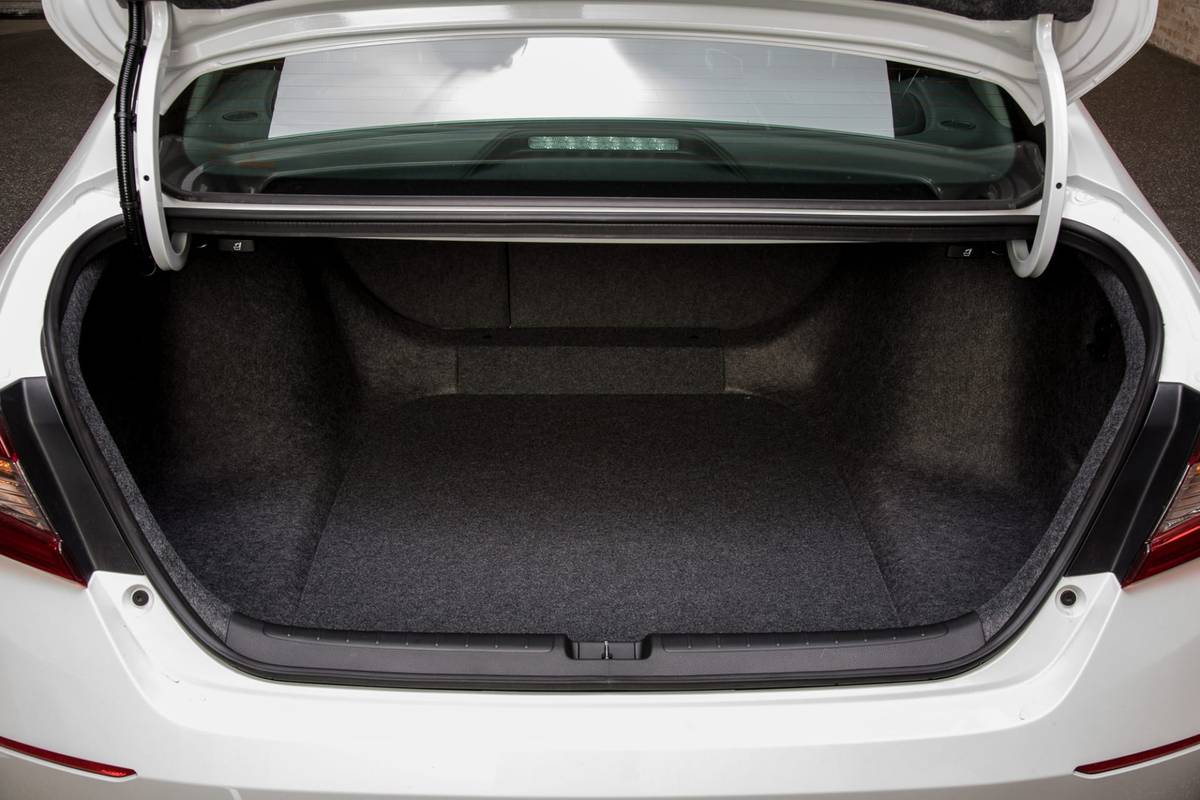


































This Accord EX-L was one of two white-painted sedans in the Challenge. The Accord was the only car in the comparison with a turbocharged engine, a 1.5-liter four-cylinder mated to a continuously variable automatic transmission. Riding on 17-inch wheels, the Accord also featured Honda’s Honda Sensing suite of safety features as standard equipment. (In fact, the Accord did not include any optional equipment.) Other standard features included Apple CarPlay and Android Auto smartphone connectivity. With a destination charge of $895, the Accord’s final price came out to $30,865, the most expensive car in the test.
2019 Nissan Altima 2.5 SV

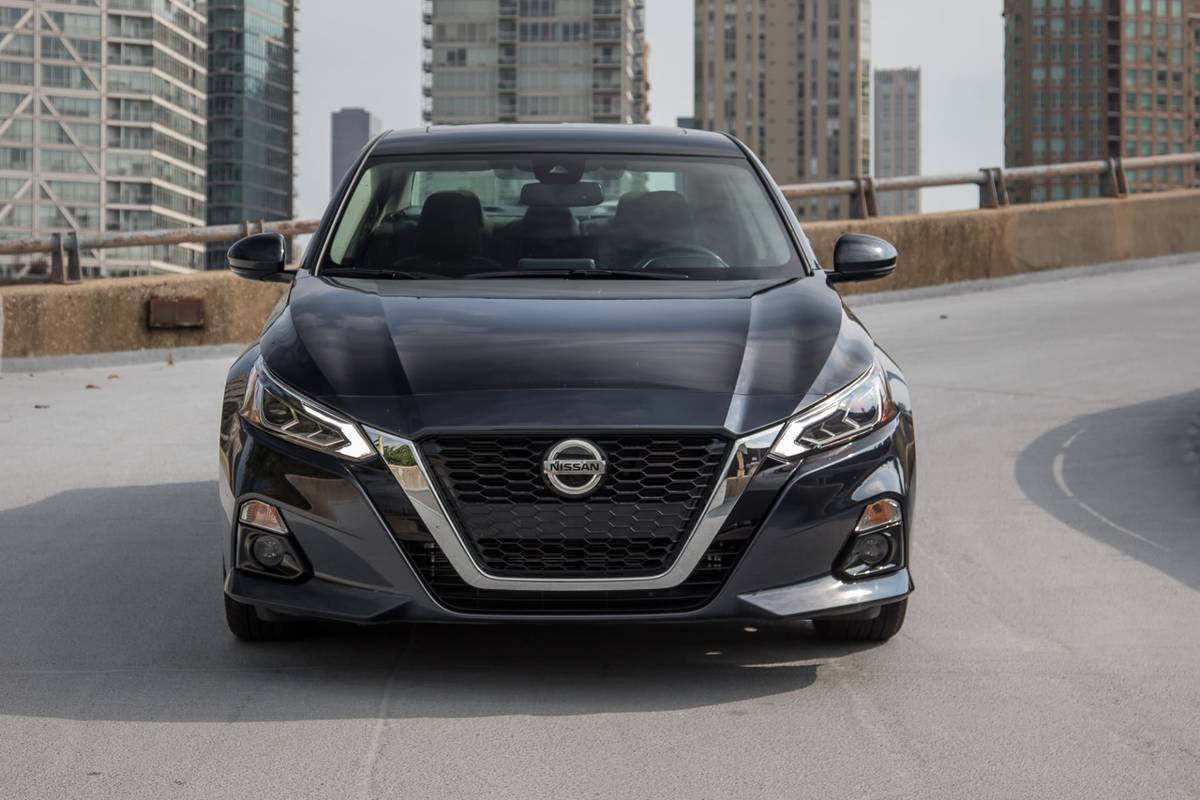
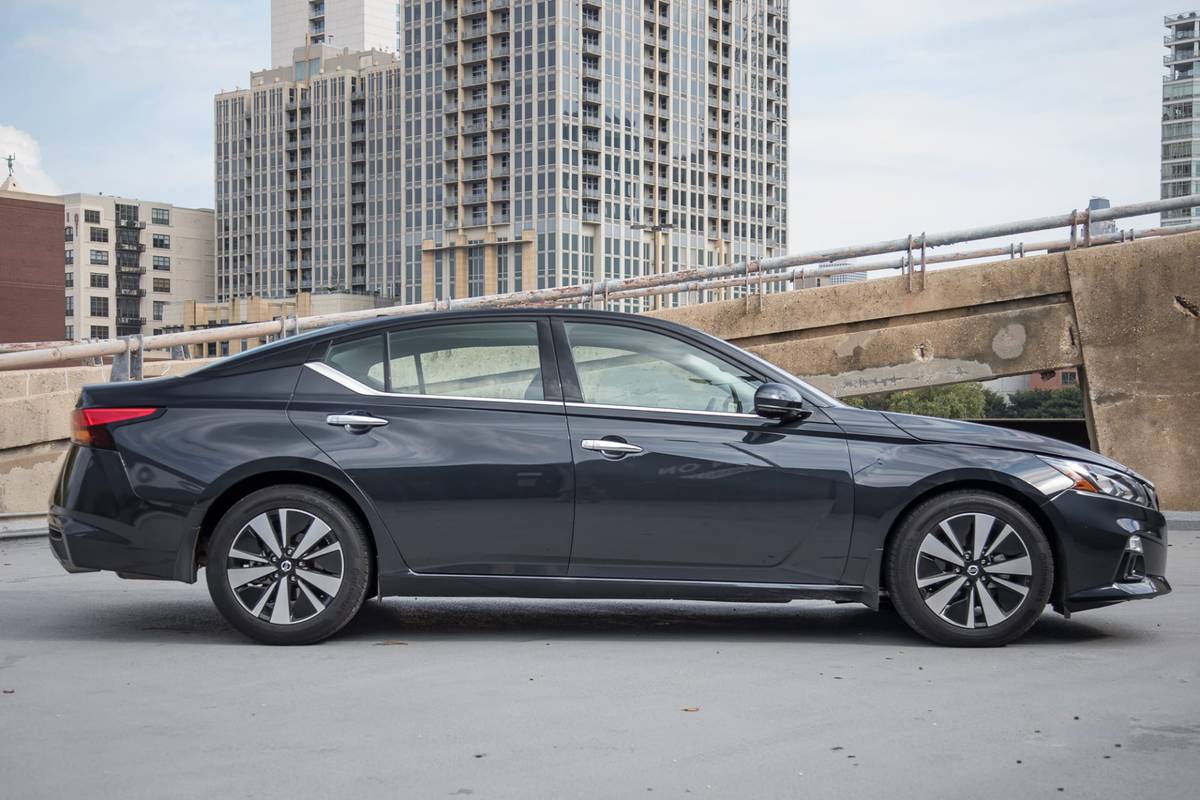
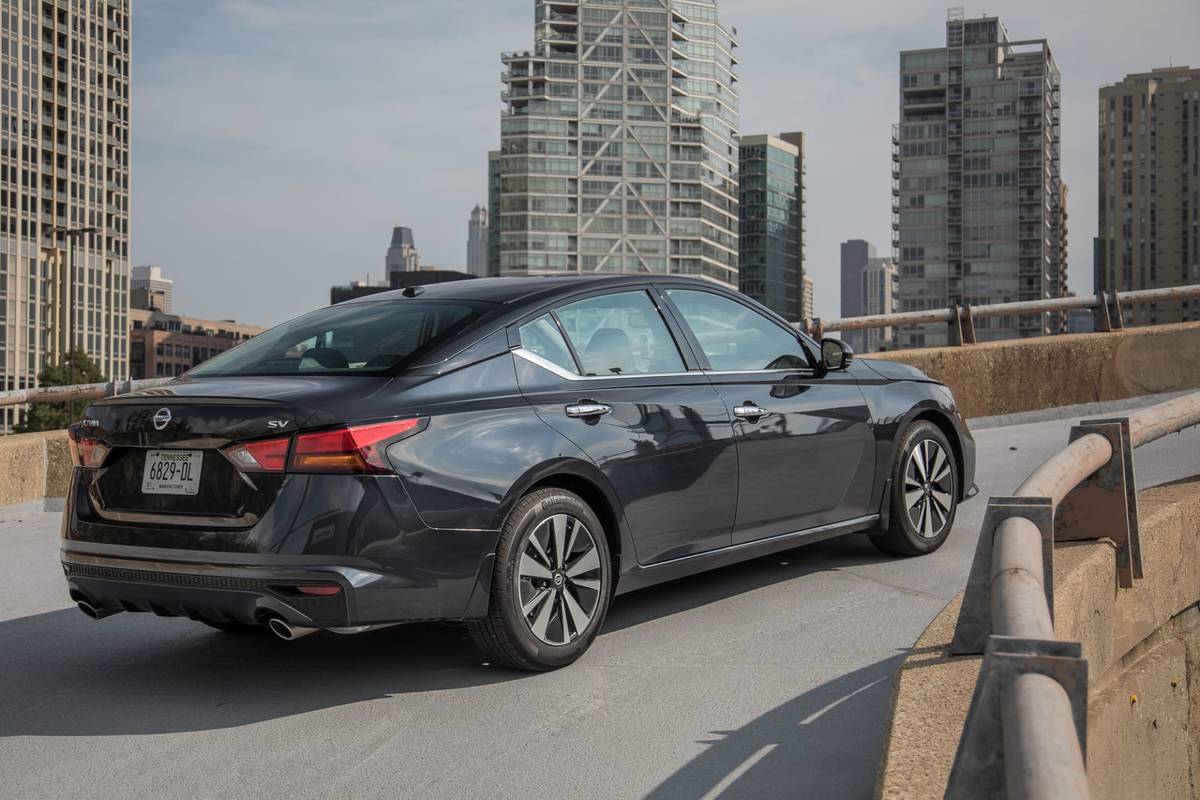
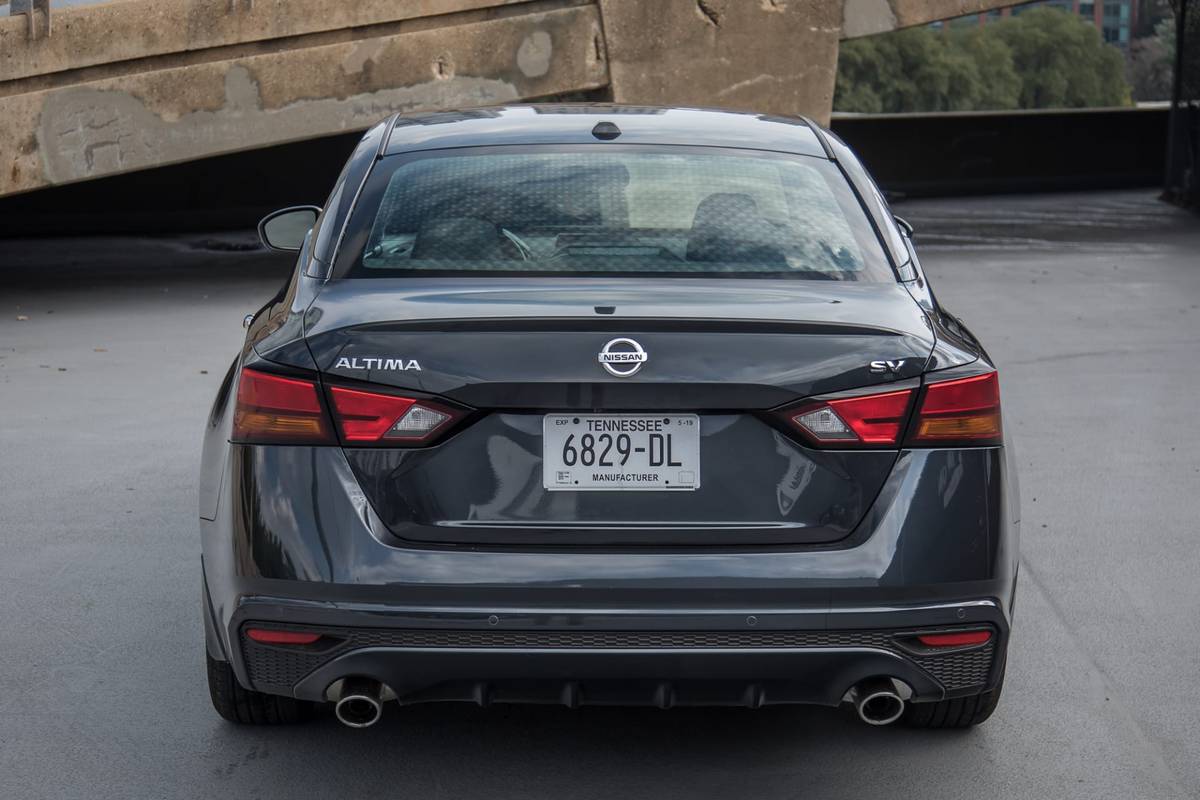
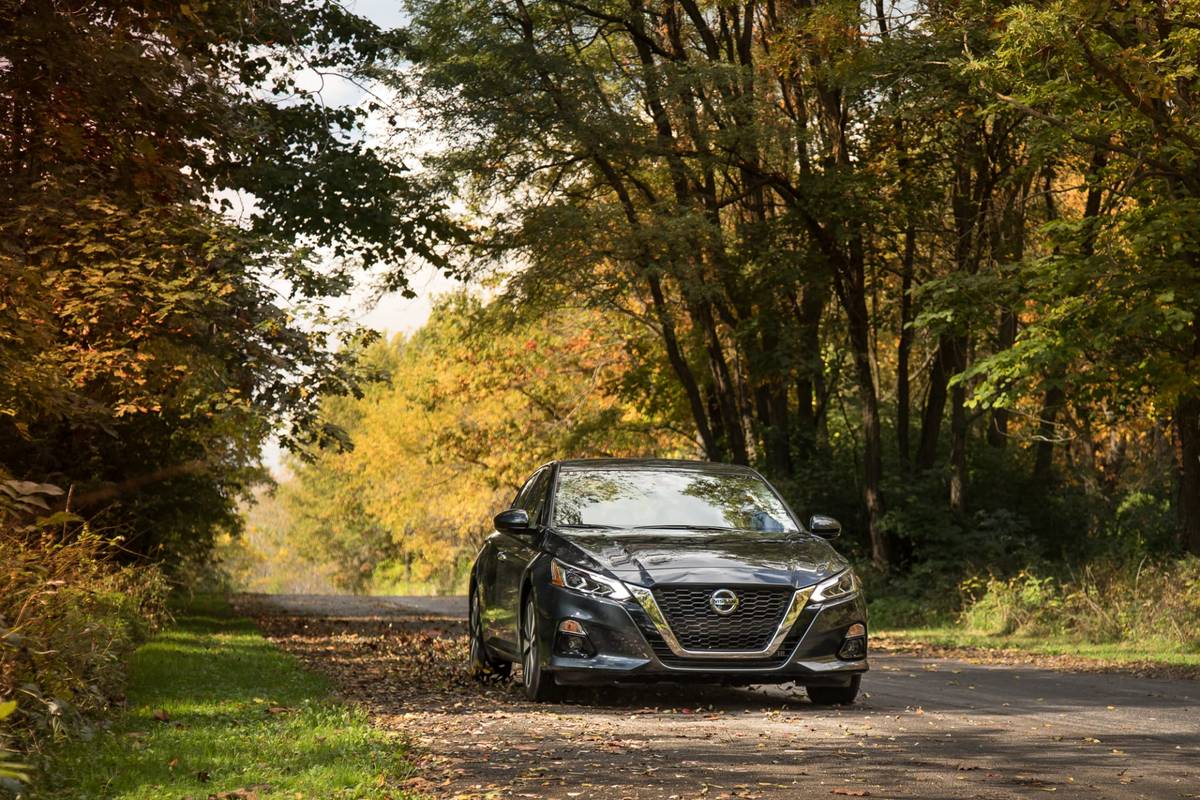
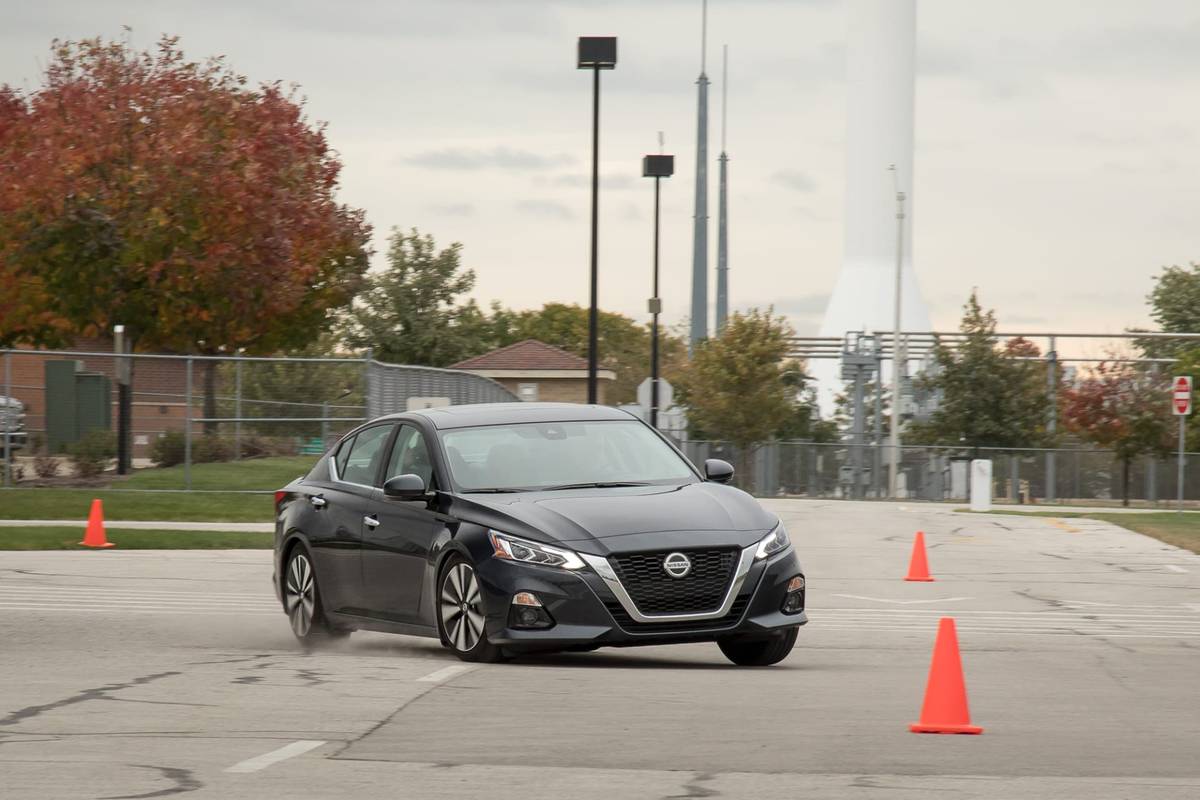
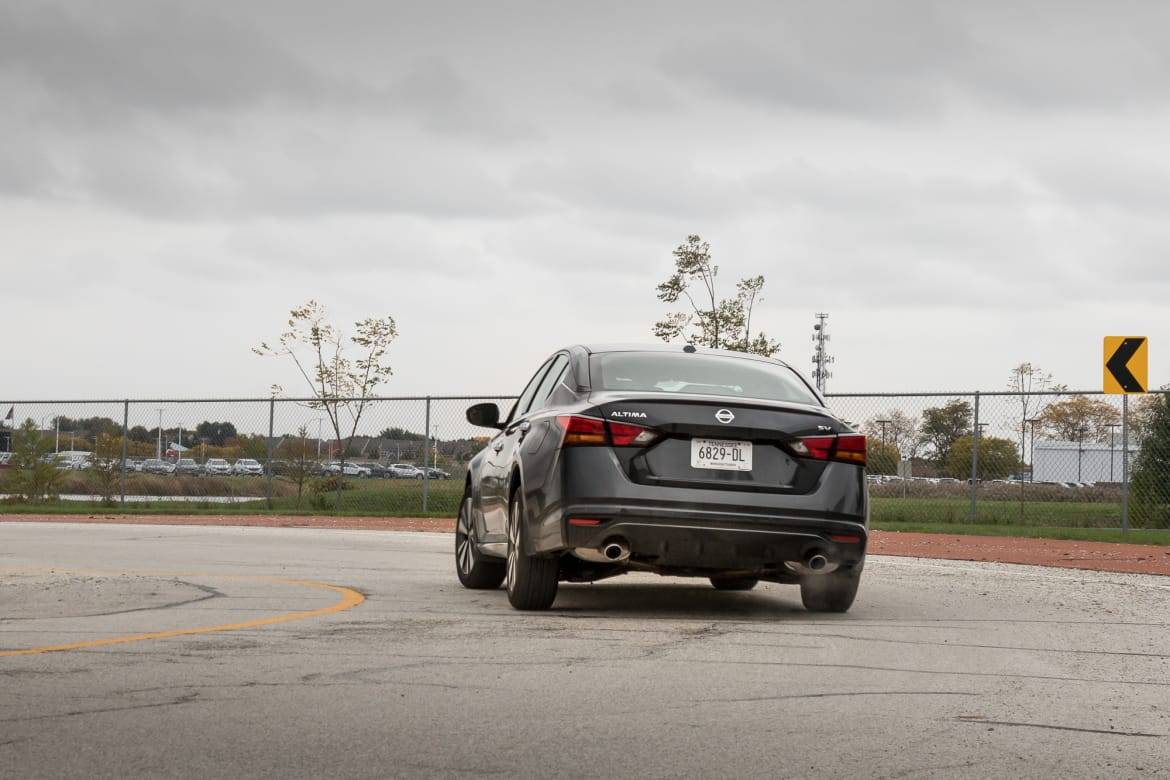
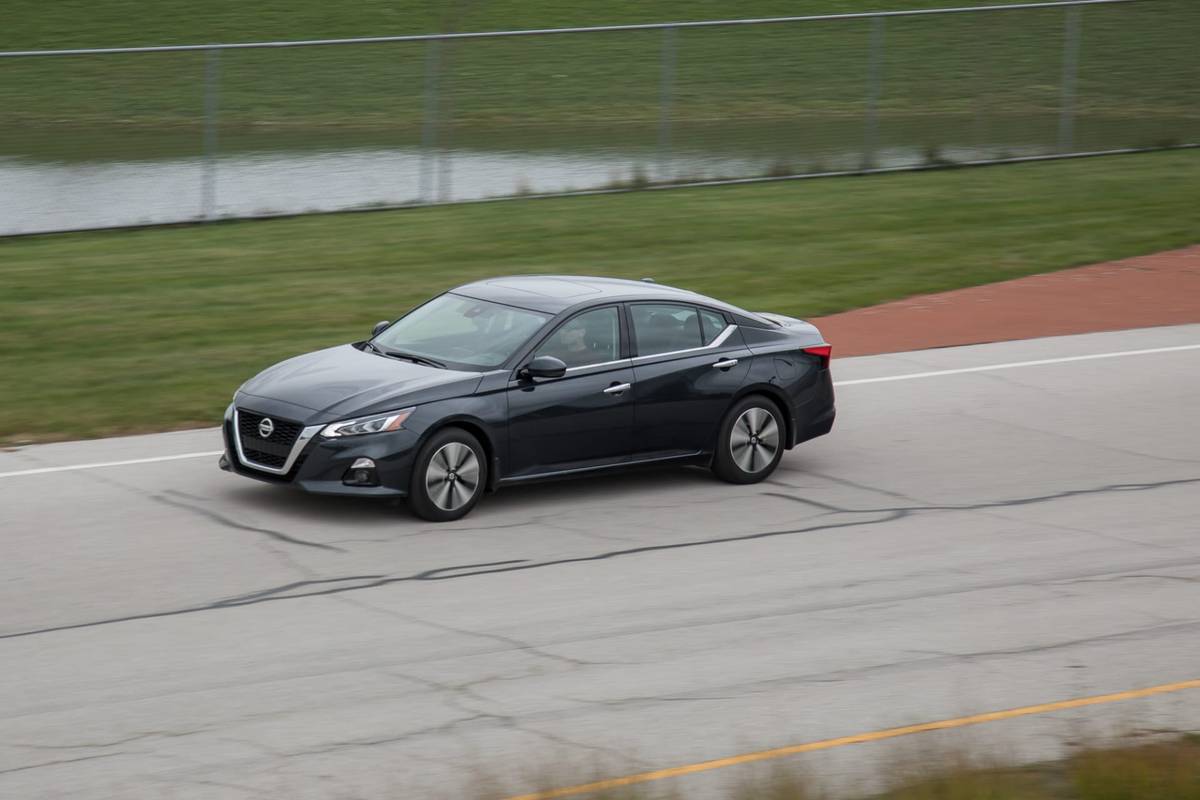
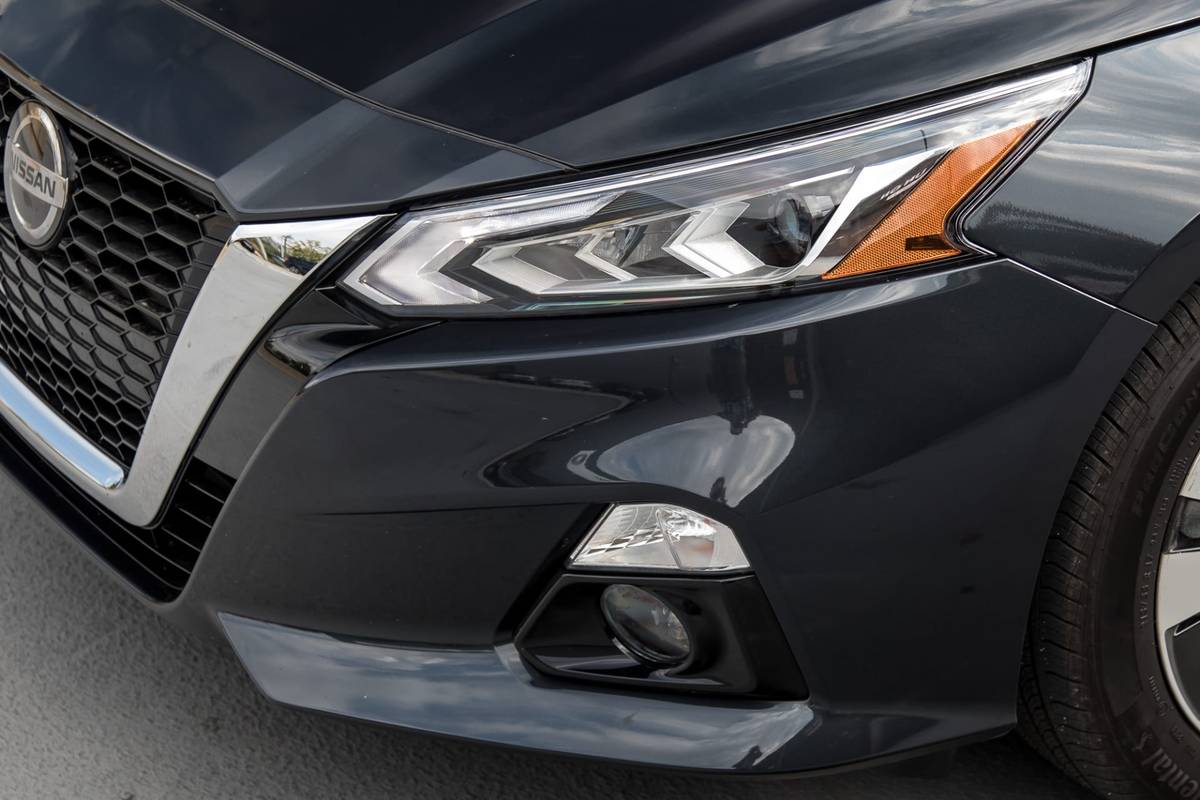
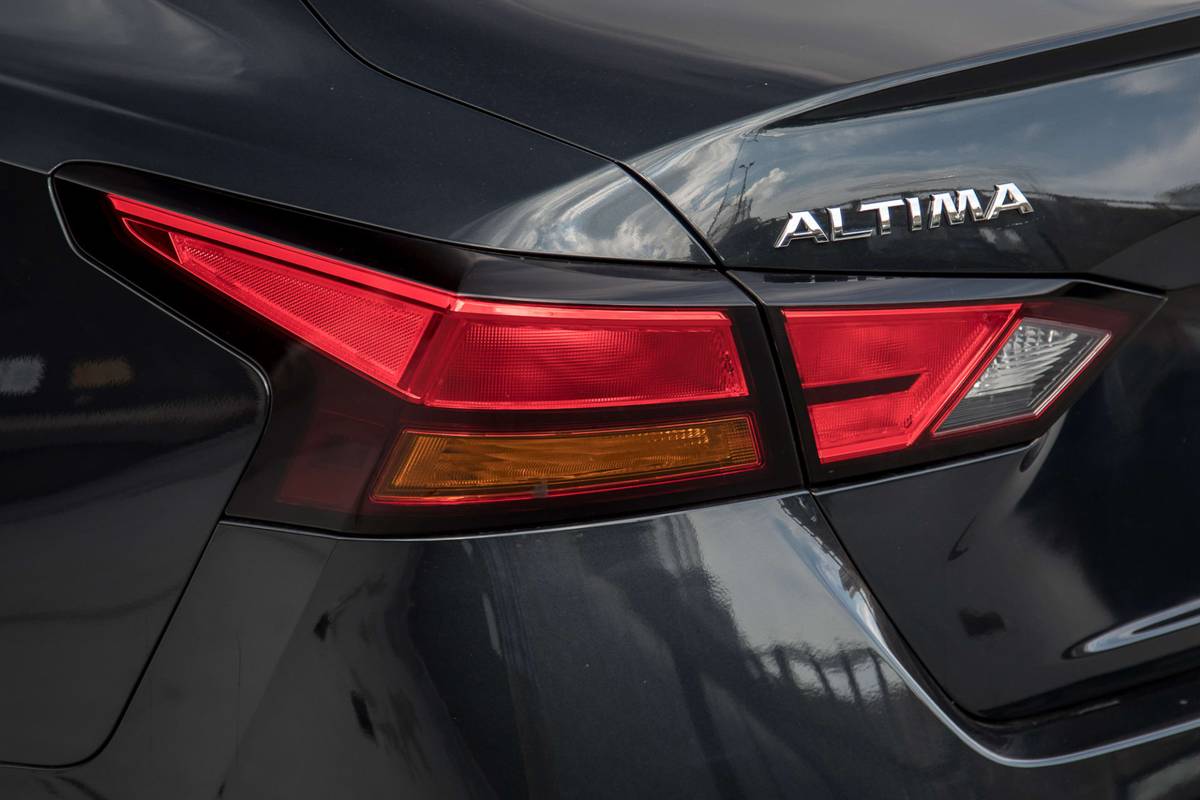
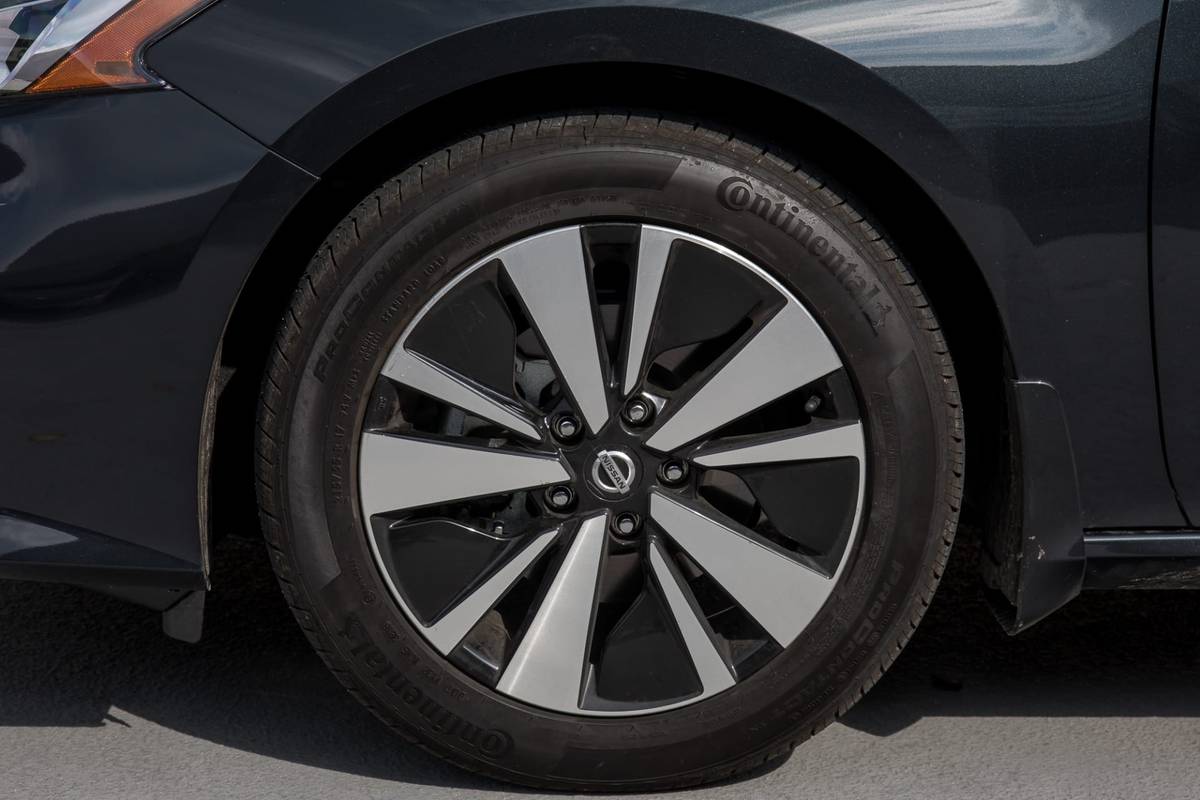
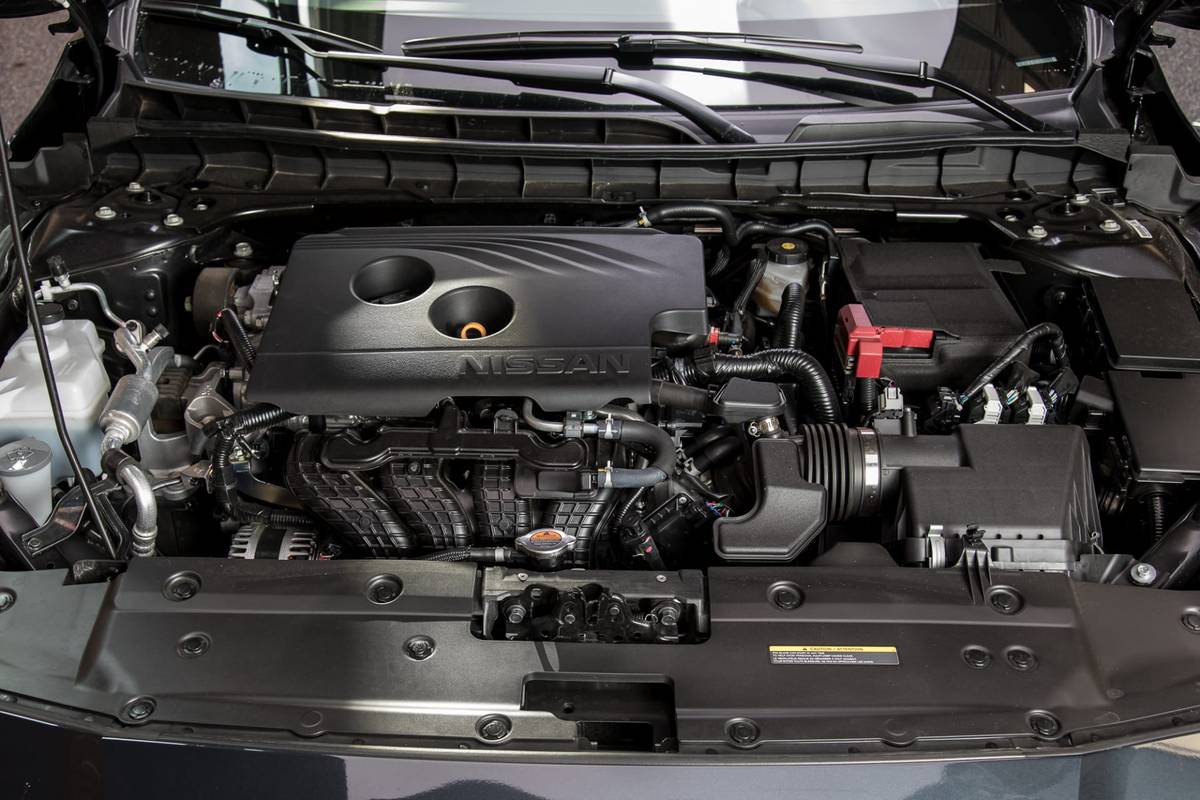
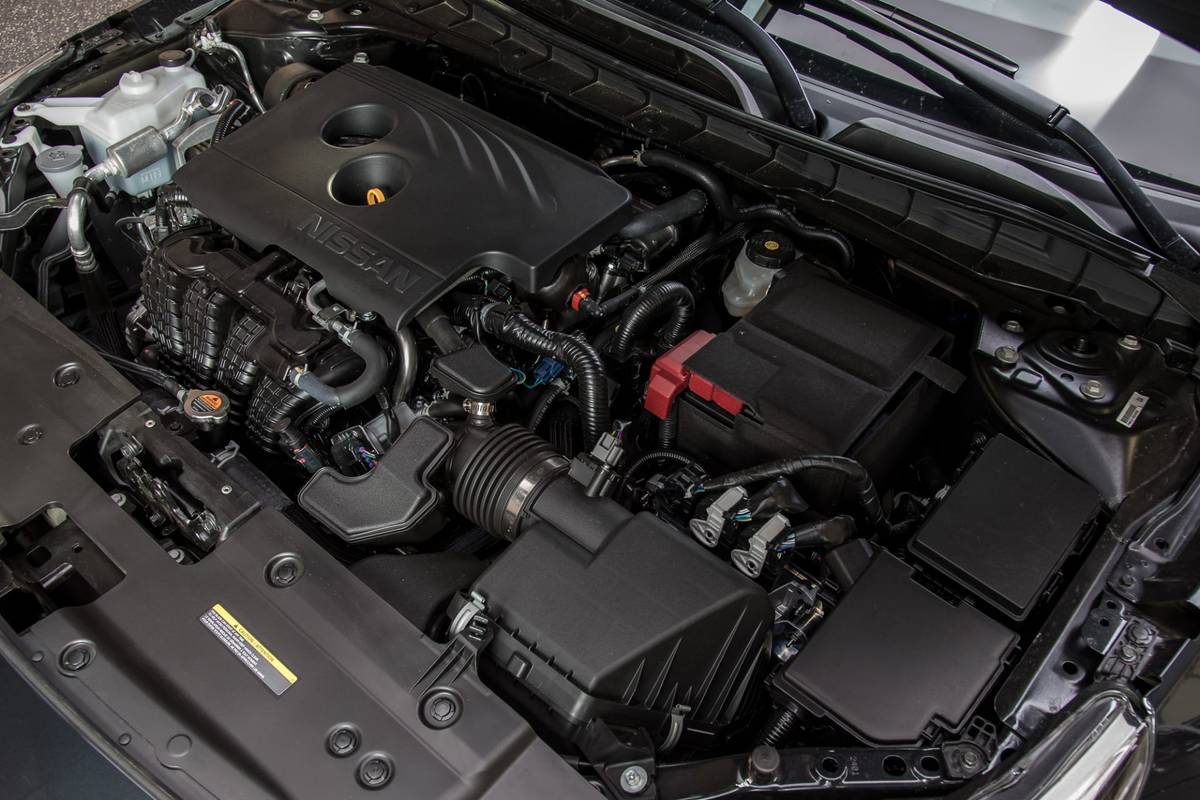
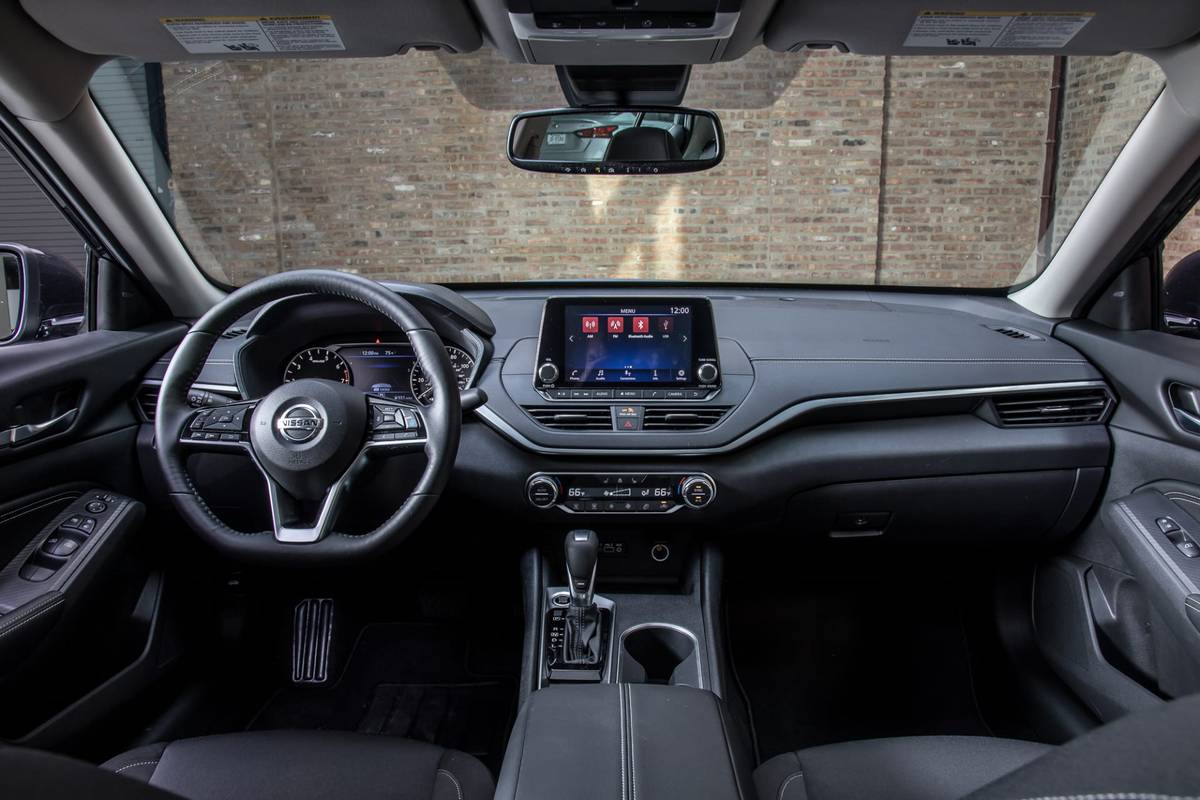
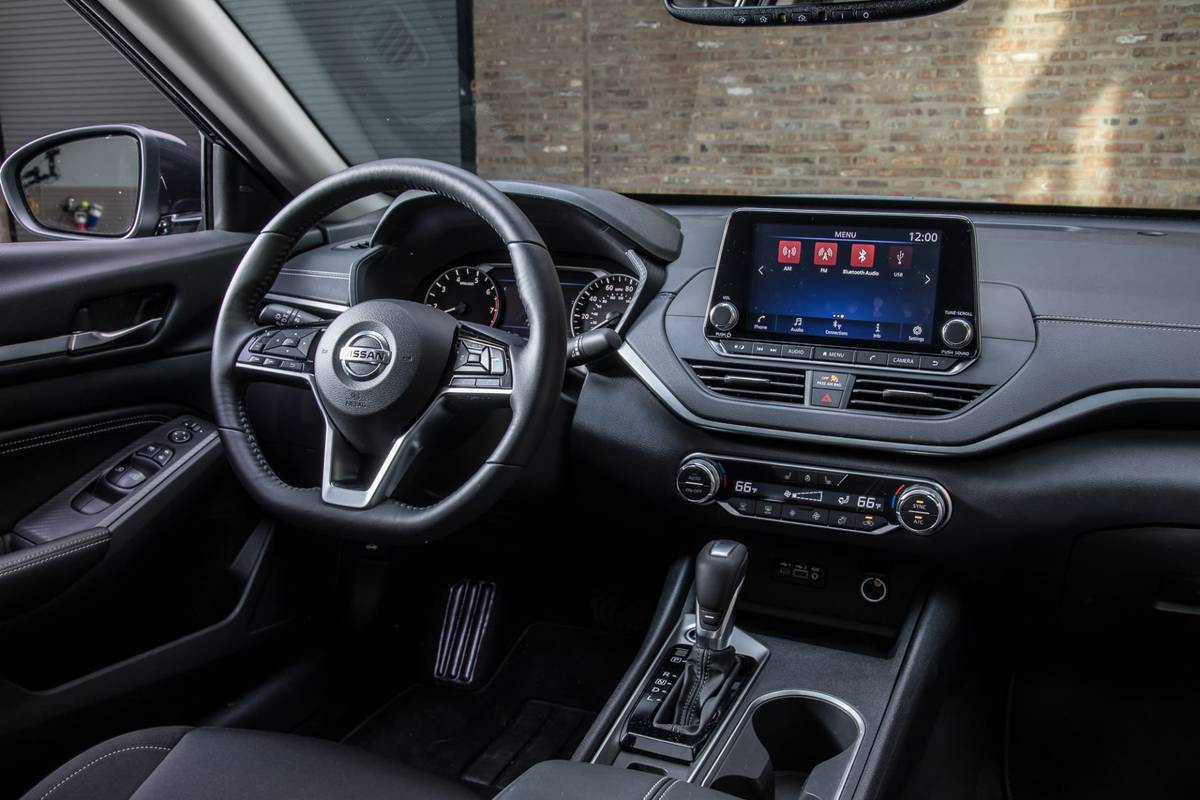
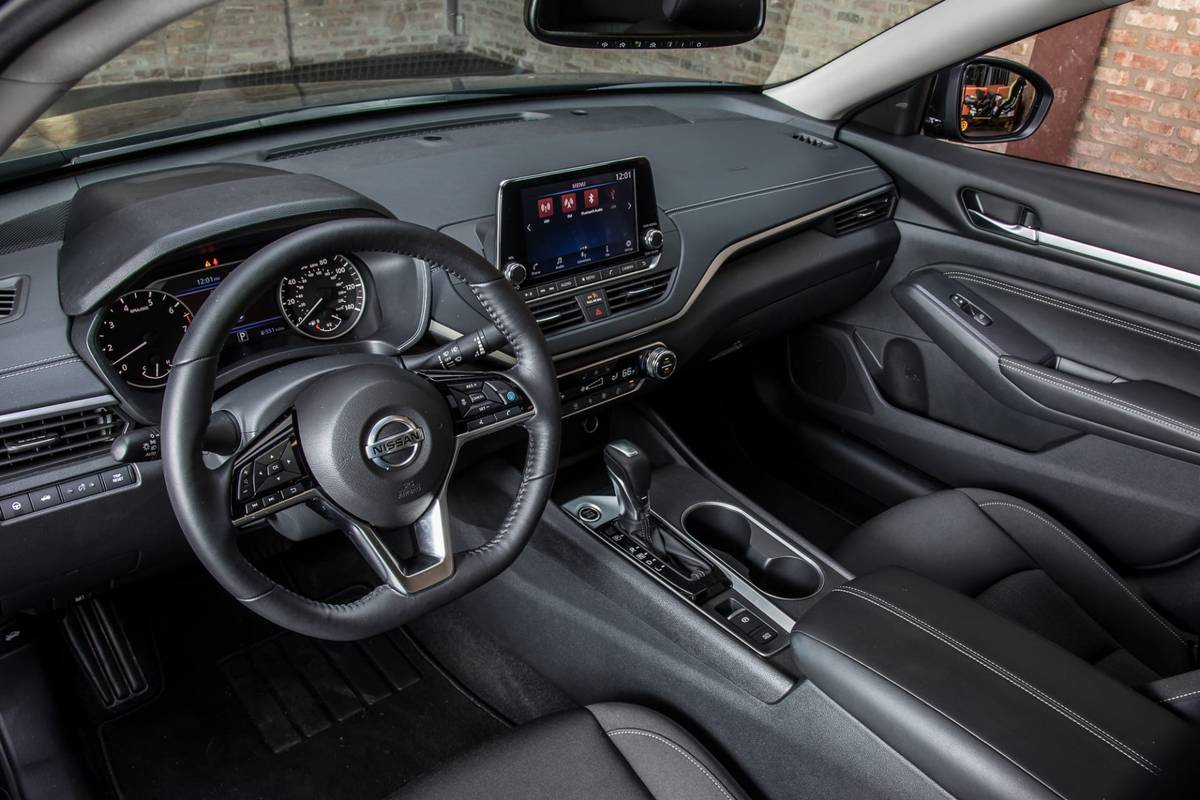
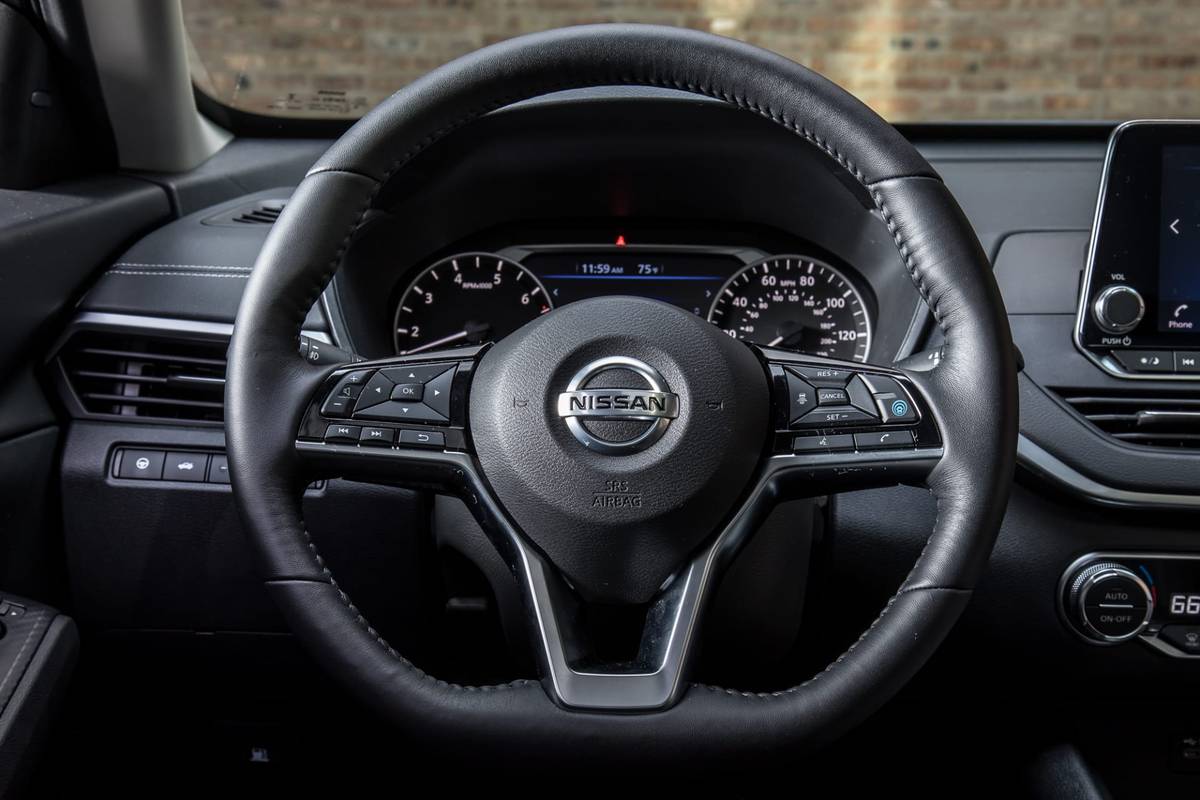
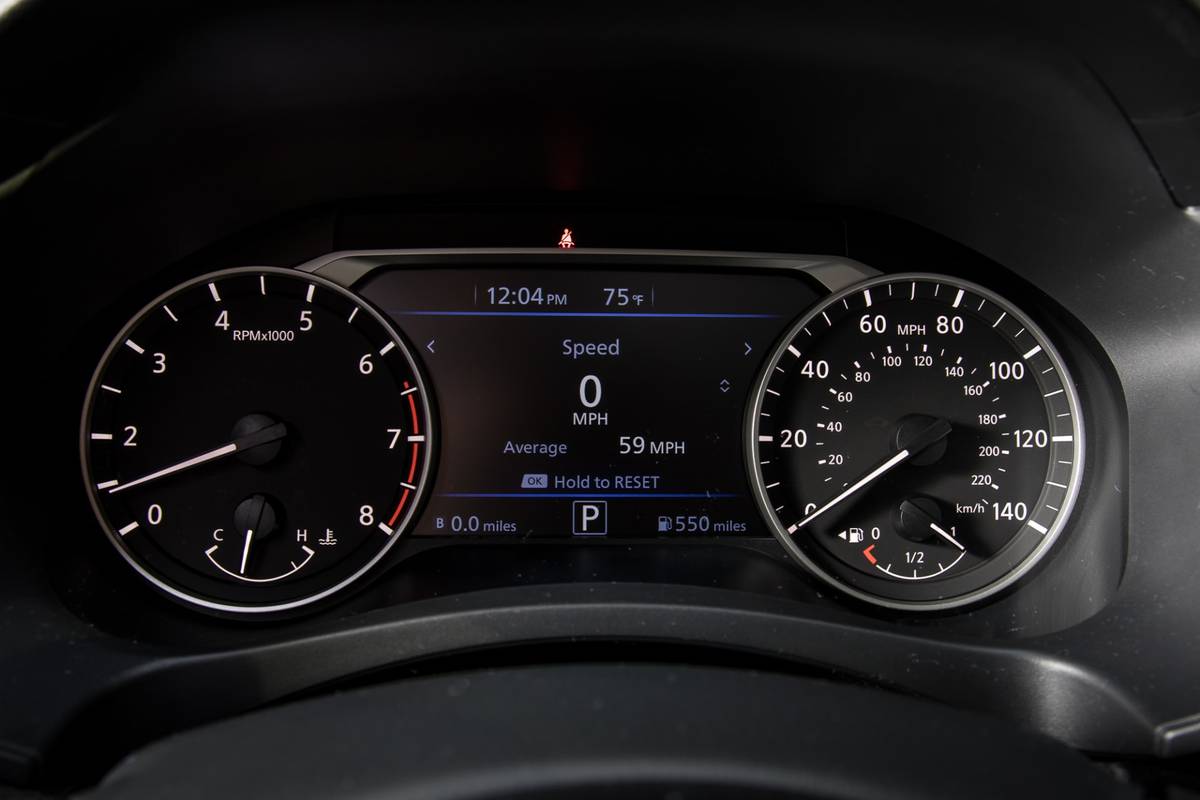
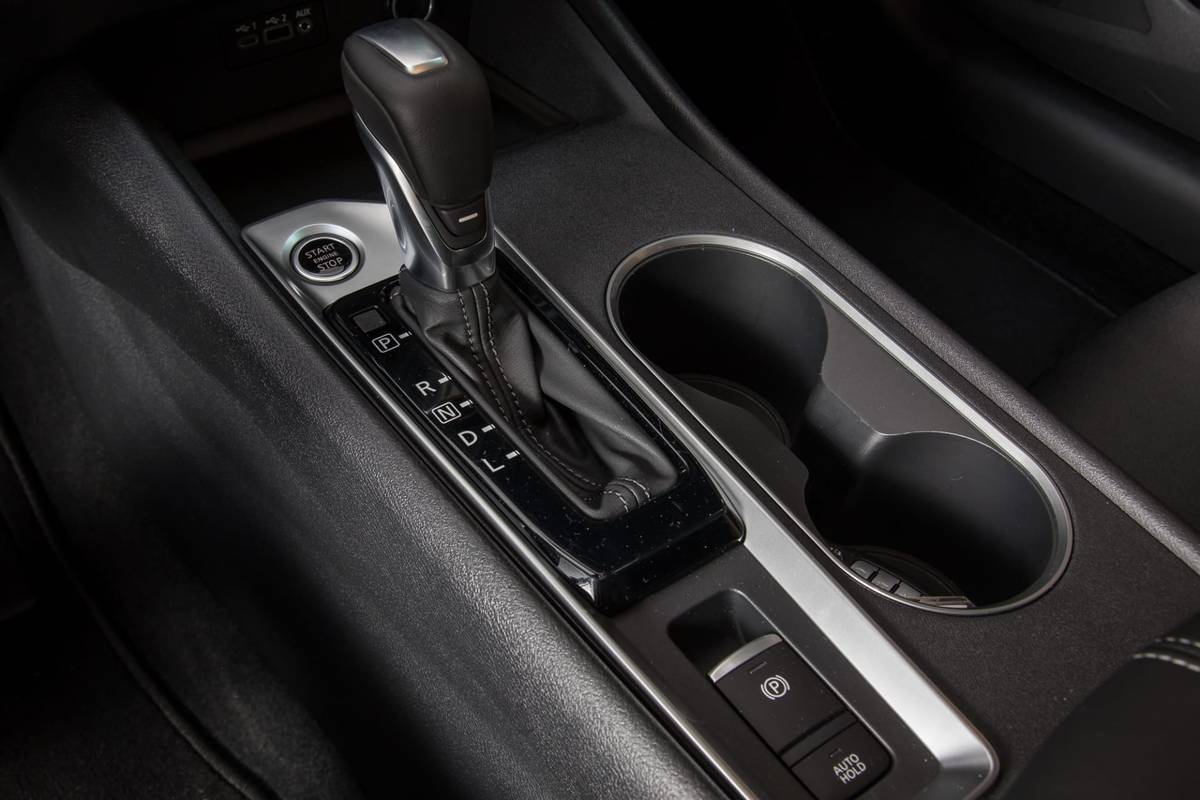
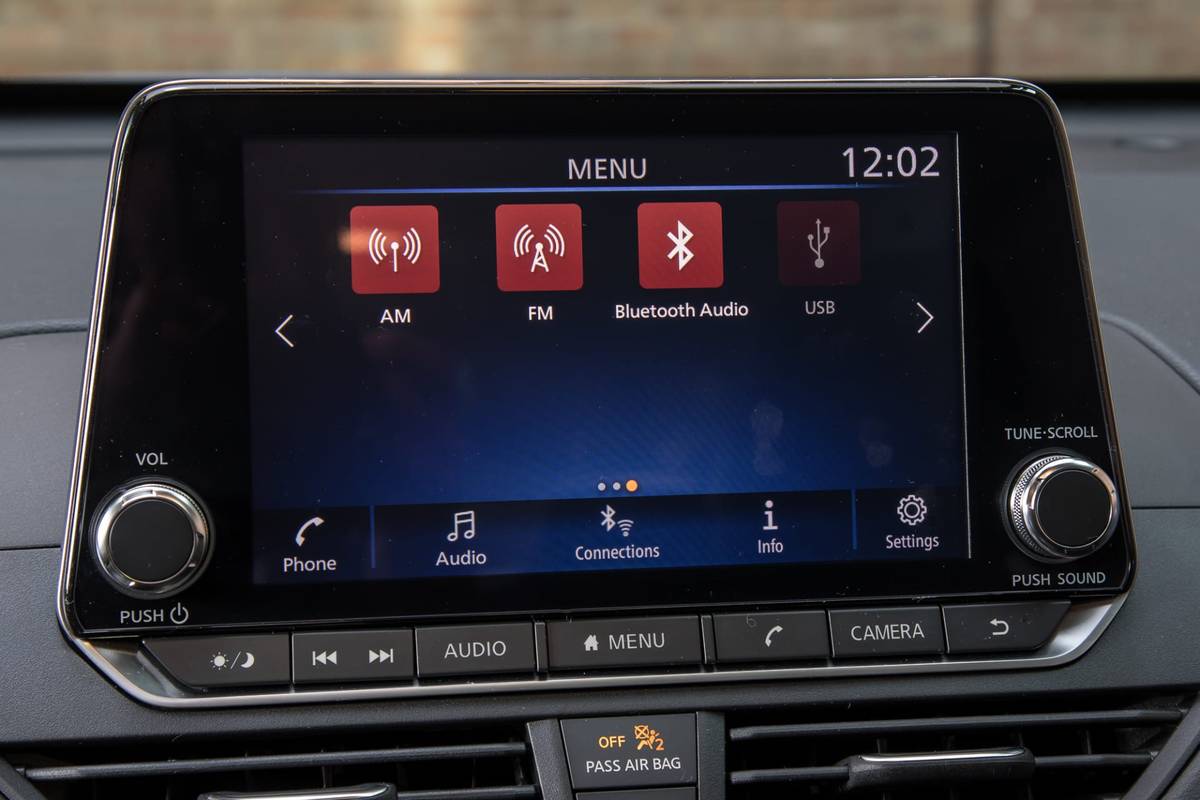
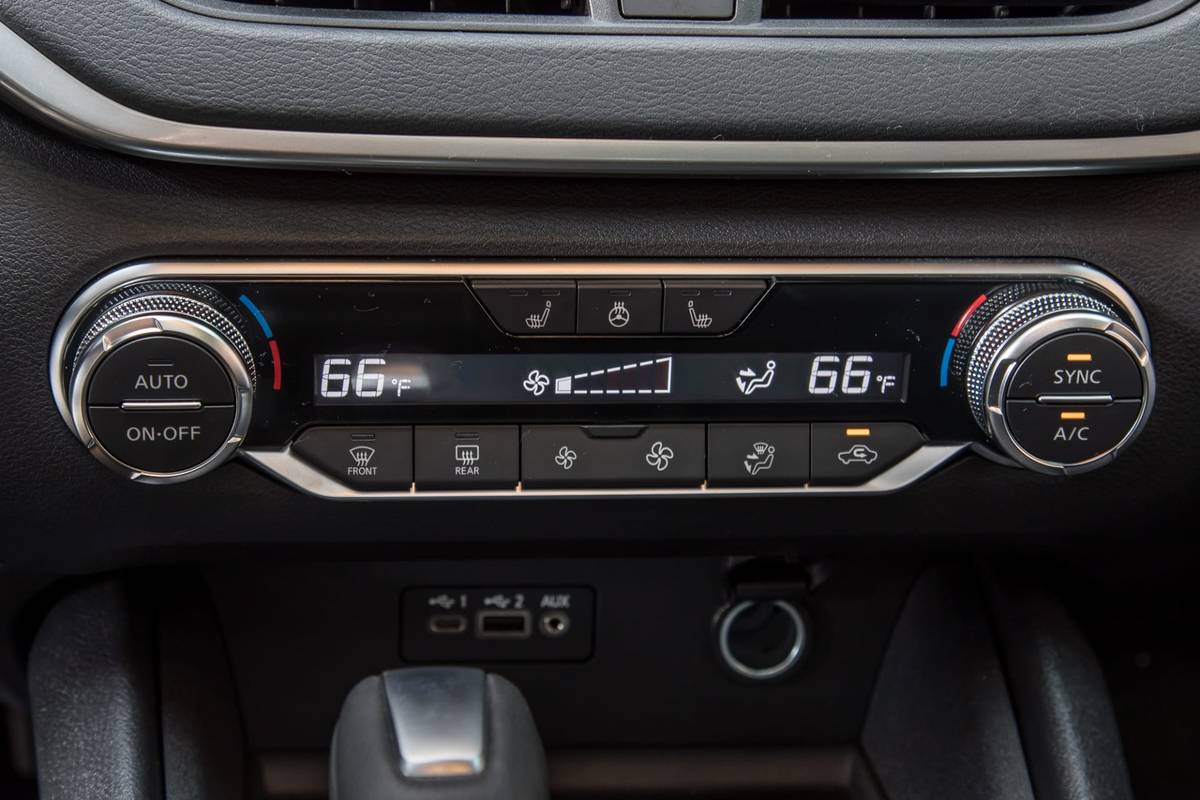
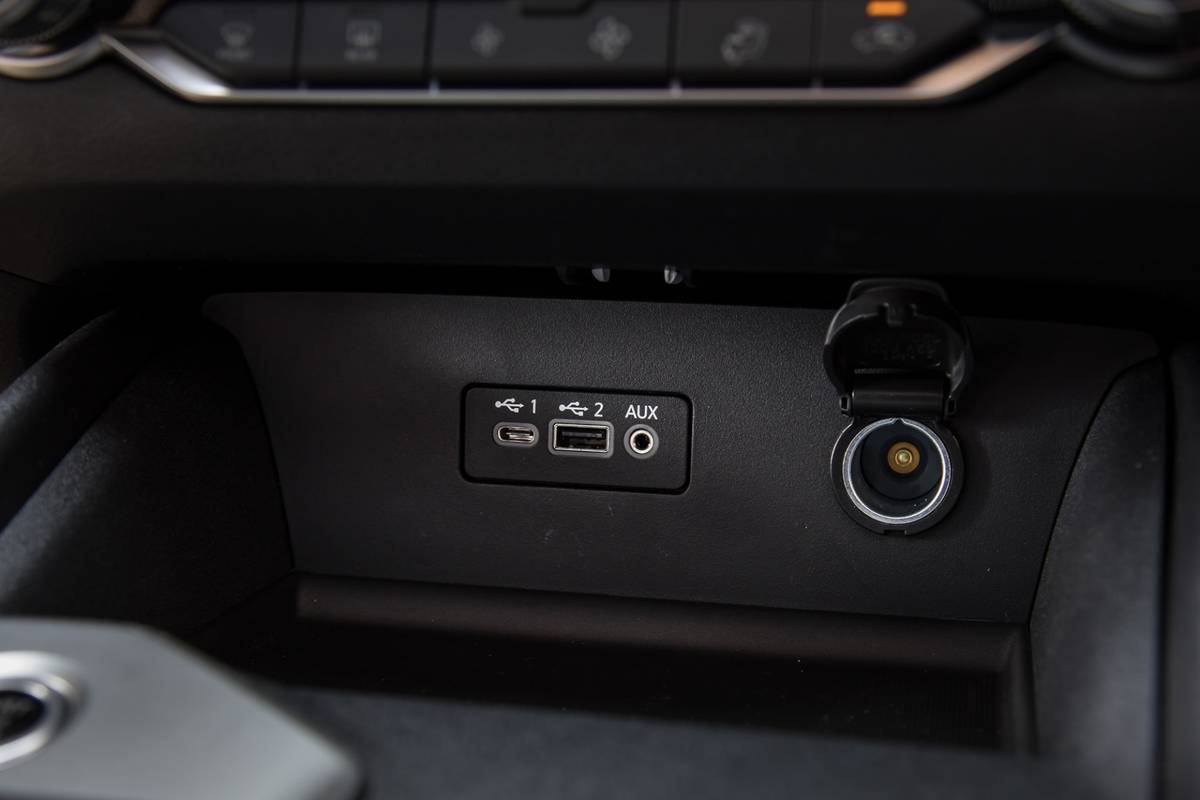
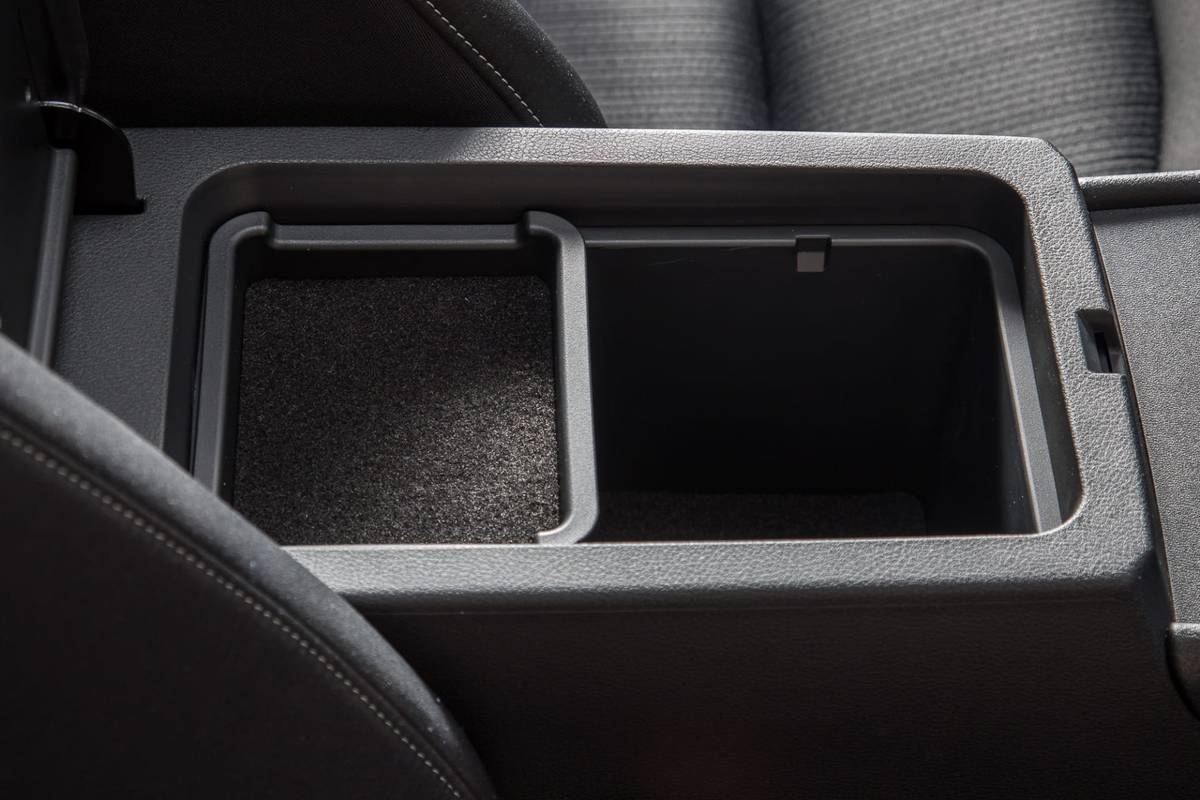
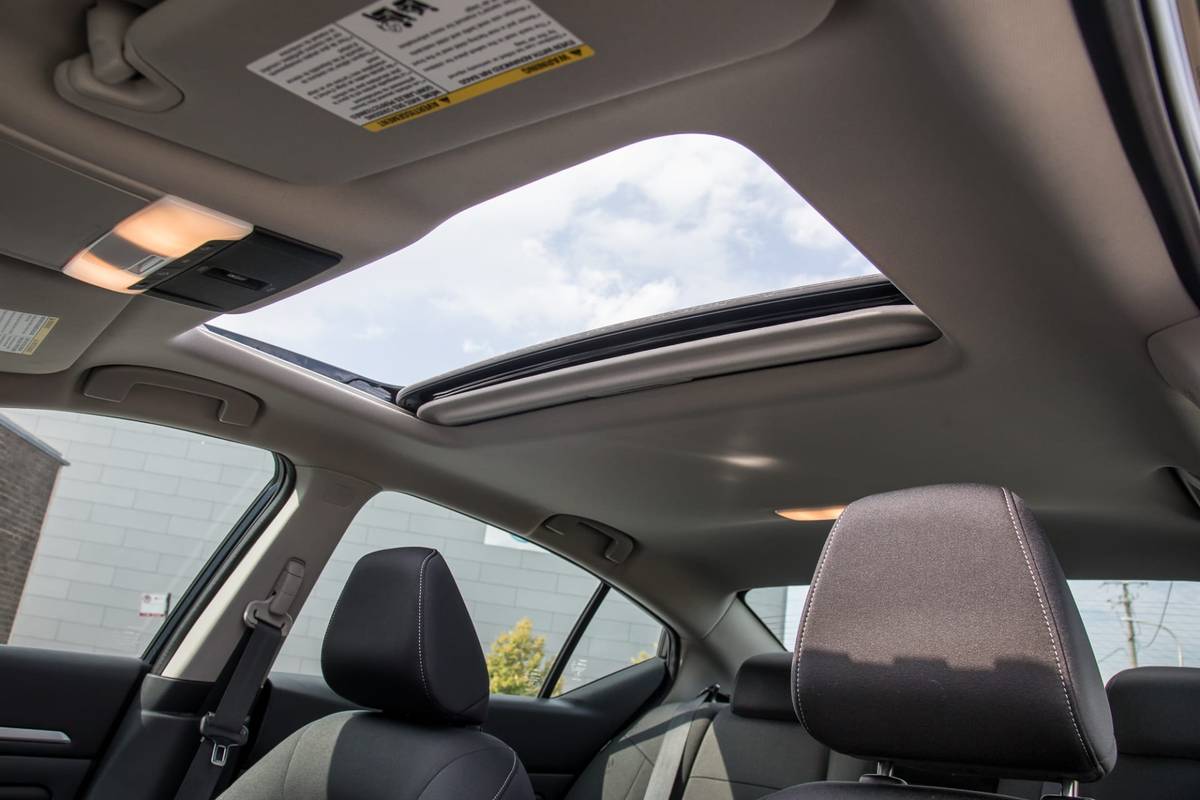
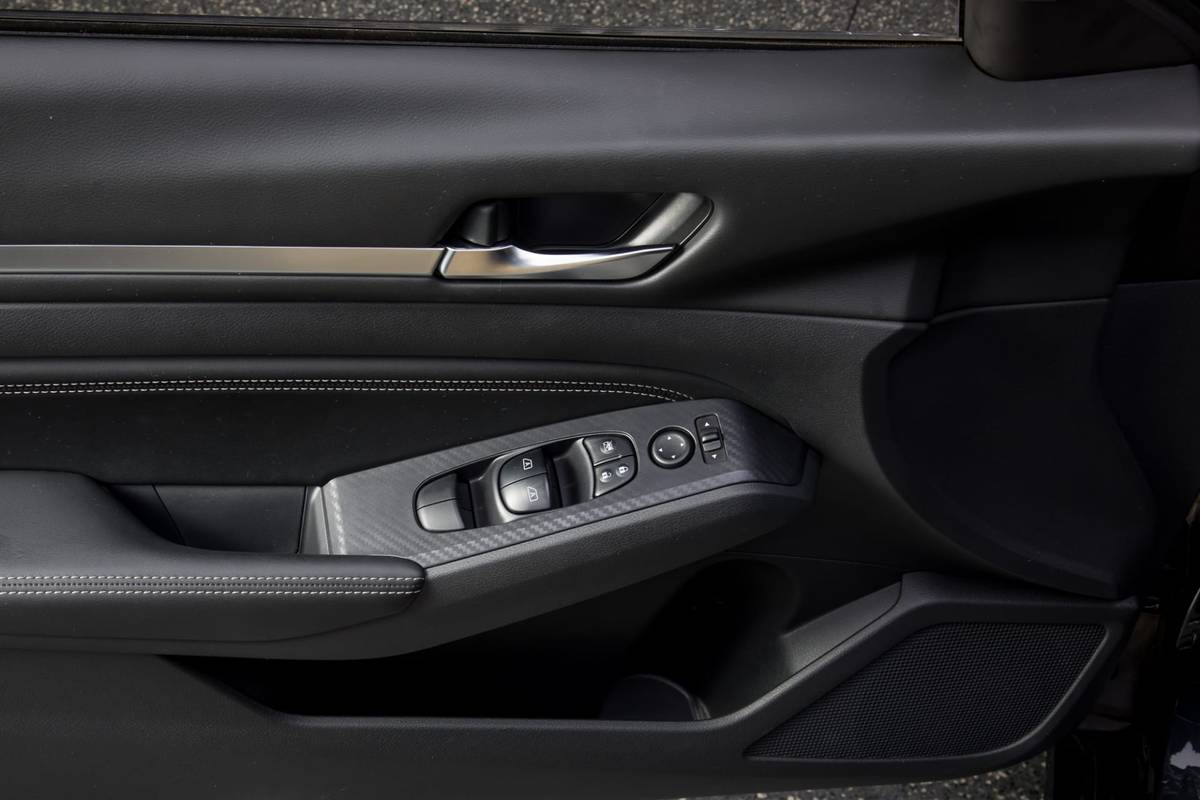
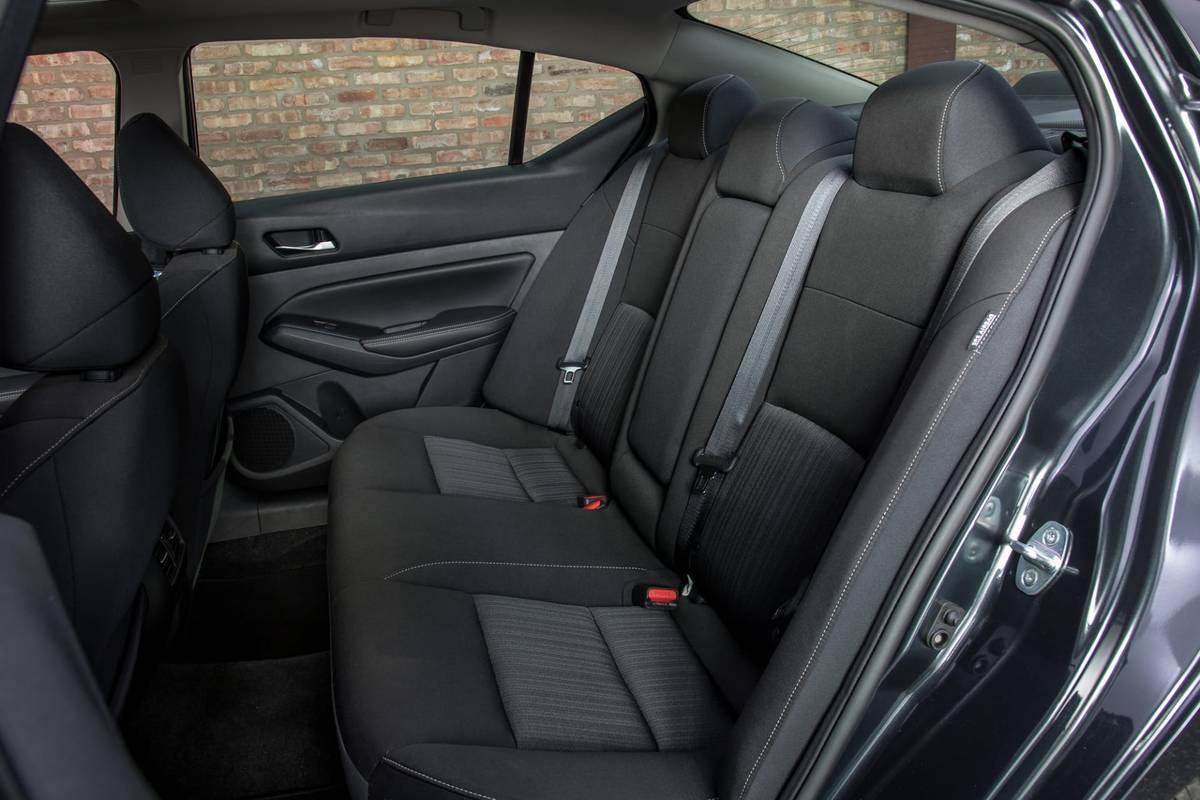
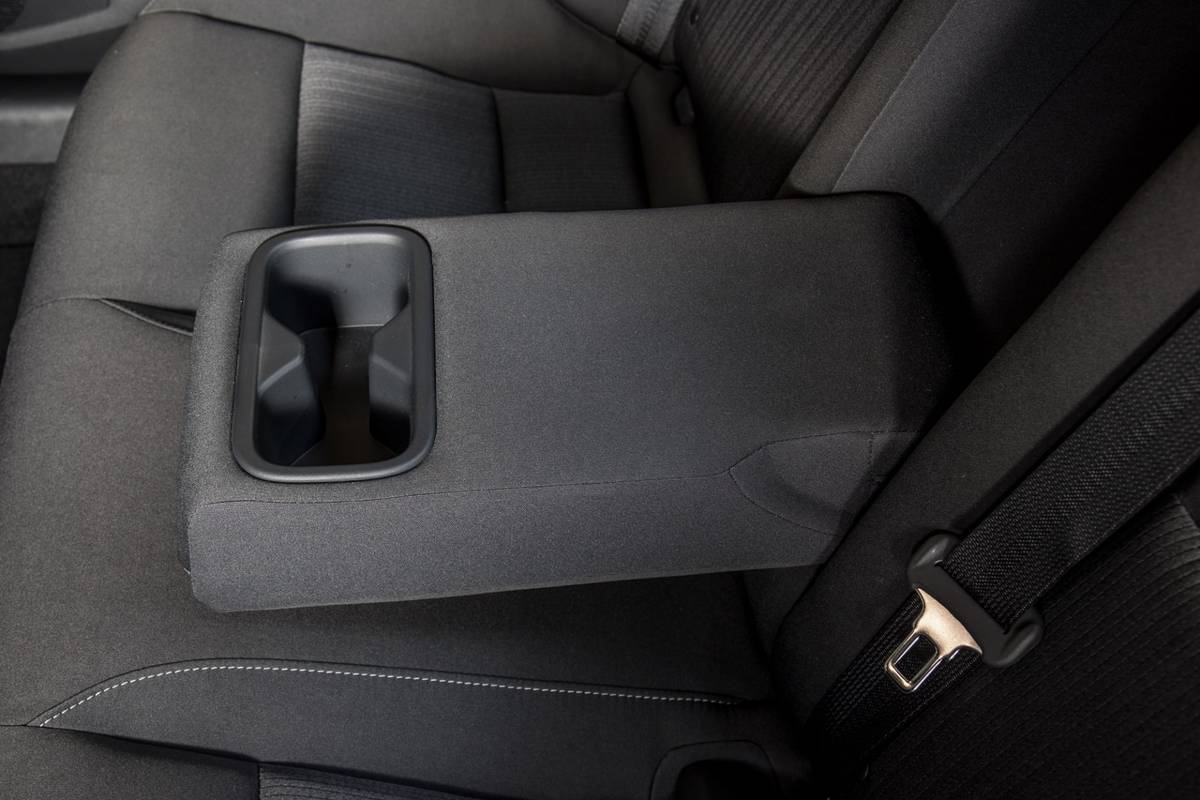
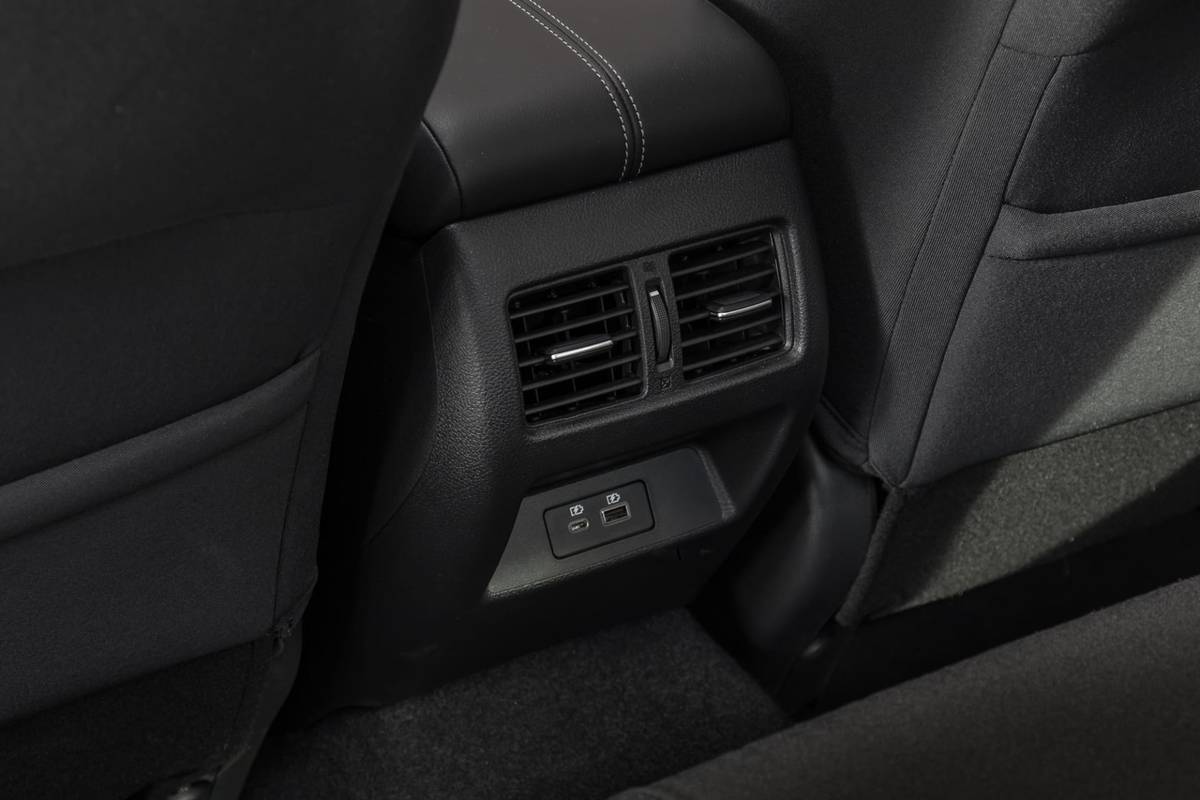
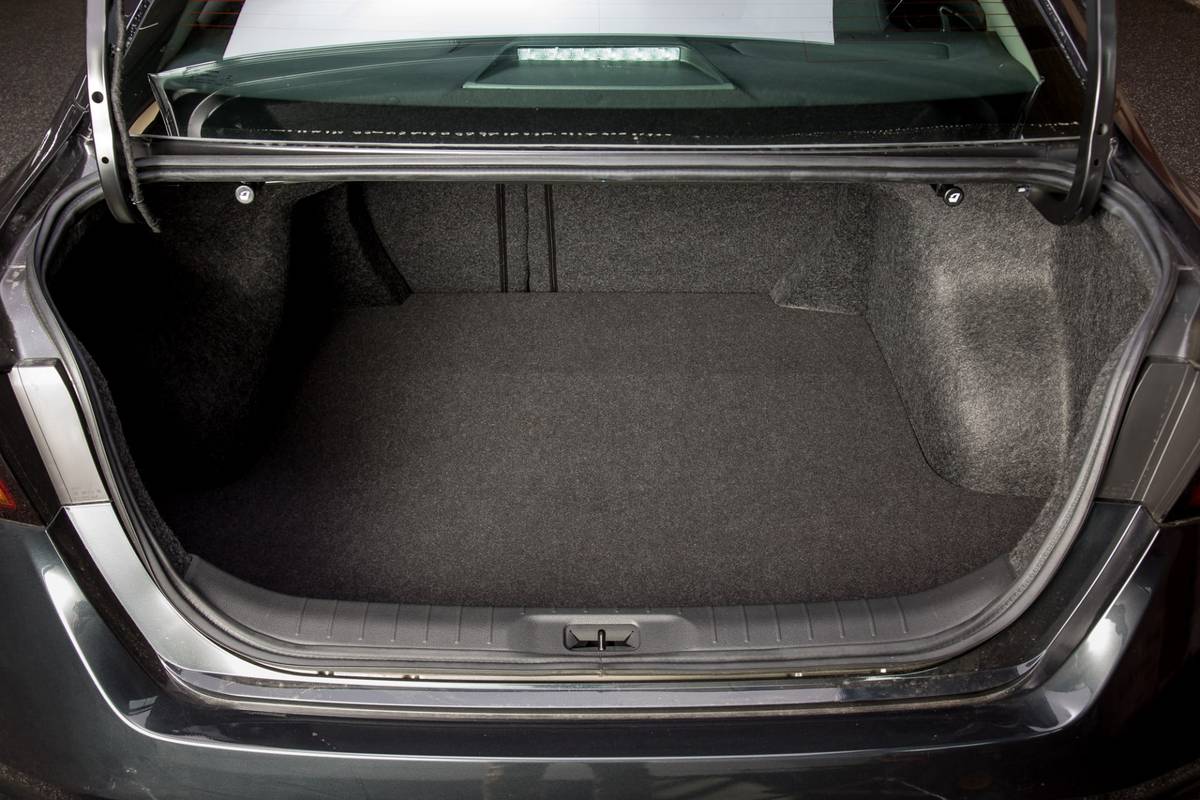






























The recently redesigned Altima is the newest competitor in this test — the Accord and Camry were each redesigned for the 2018 model year. The Altima SV we tested was powered by a 2.5-liter four-cylinder engine producing 188 horsepower and 180 pounds-feet of torque. A continuously variable automatic transmission sent power from the engine to the front wheels. Tech in the Storm Blue Chrome Altima included Nissan’s ProPilot Assist, as well as an 8-inch multimedia screen with both Apple CarPlay and Android Auto. Of the four USB ports, split between front and rear, one in each set was a USB-C port instead of the more common USB-A. The Altima was also the only car in the comparison equipped with a heated steering wheel. Total price for the Altima SV, including an $895 destination charge, was $29,030.
2018 Toyota Camry XLE
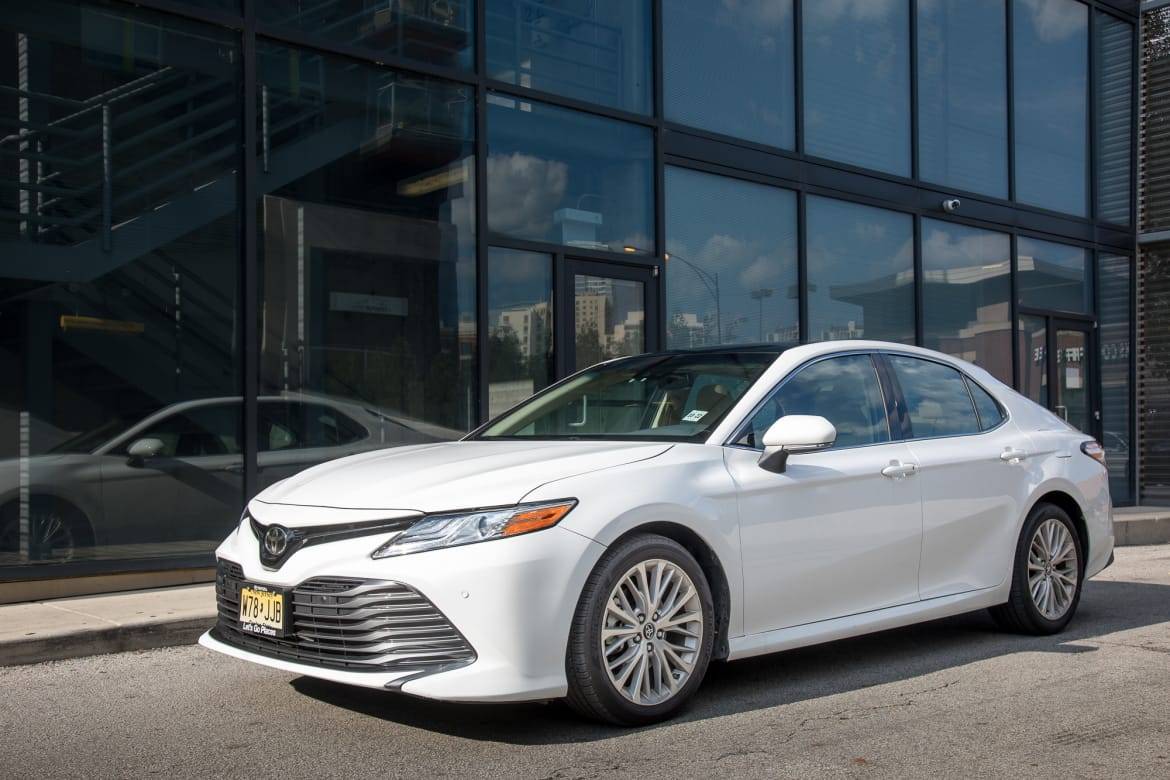
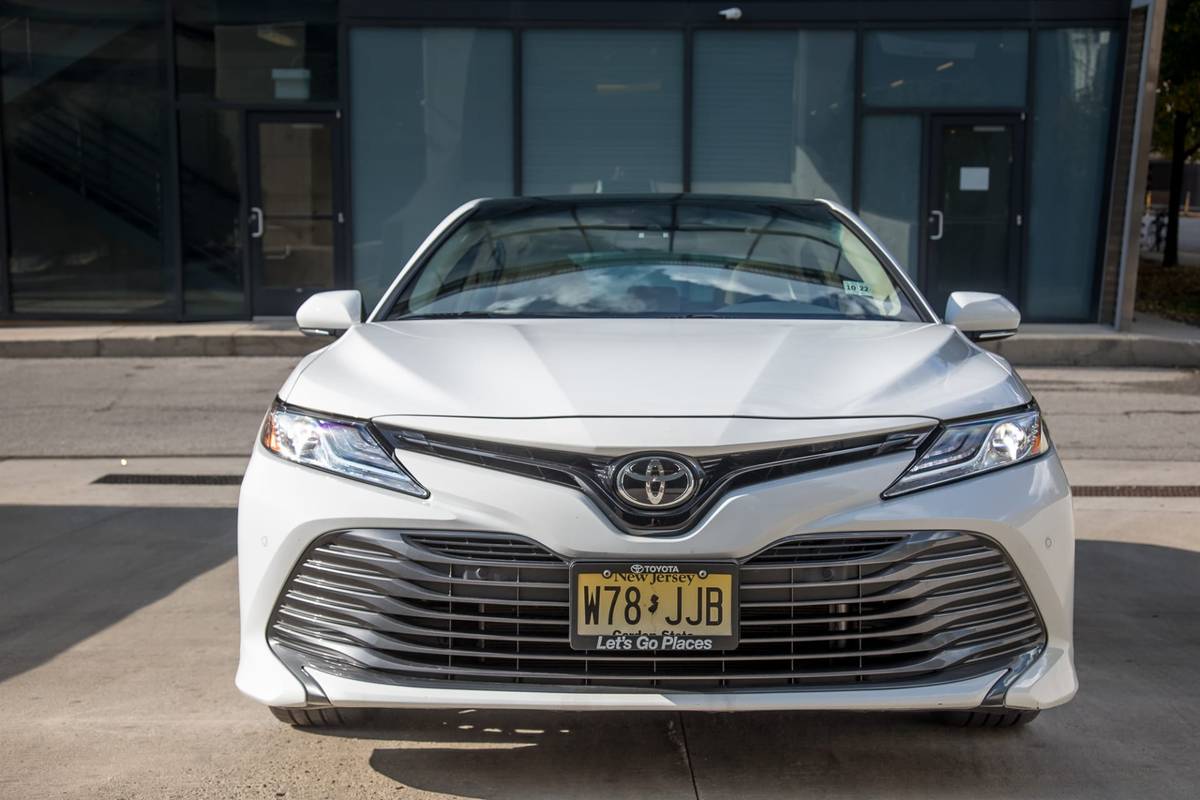
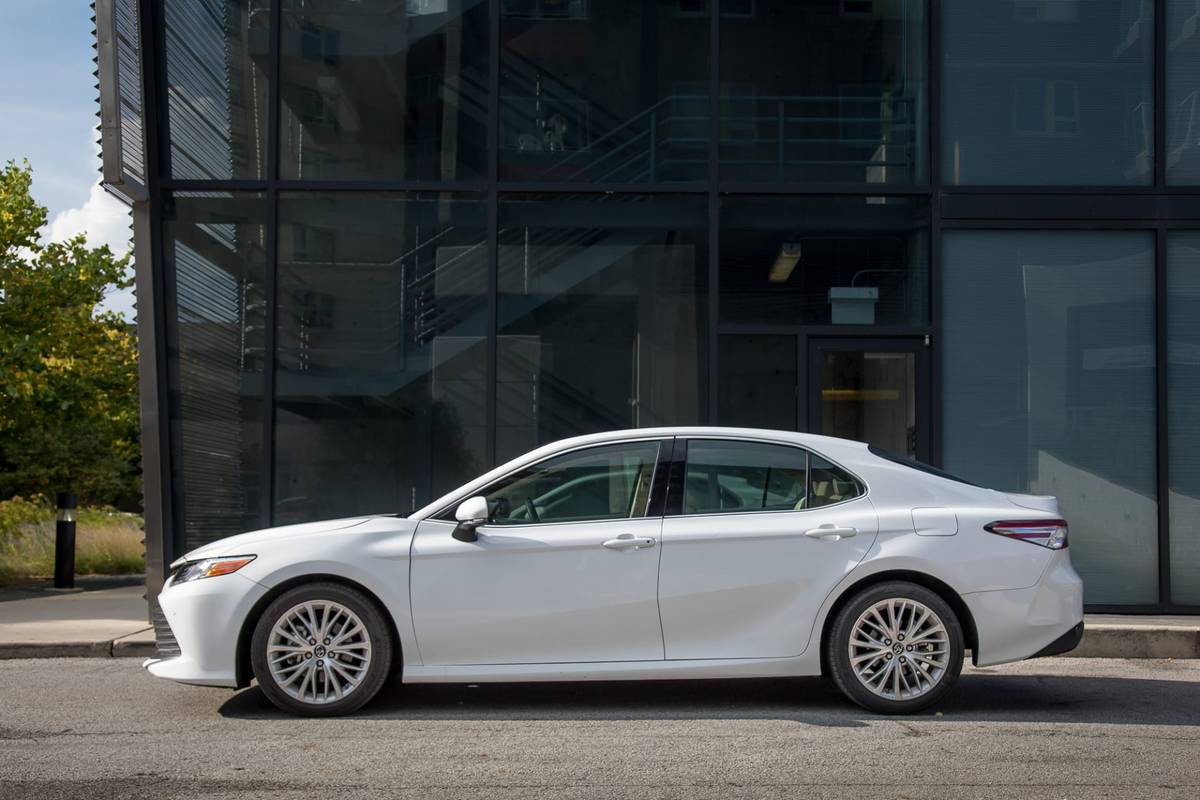
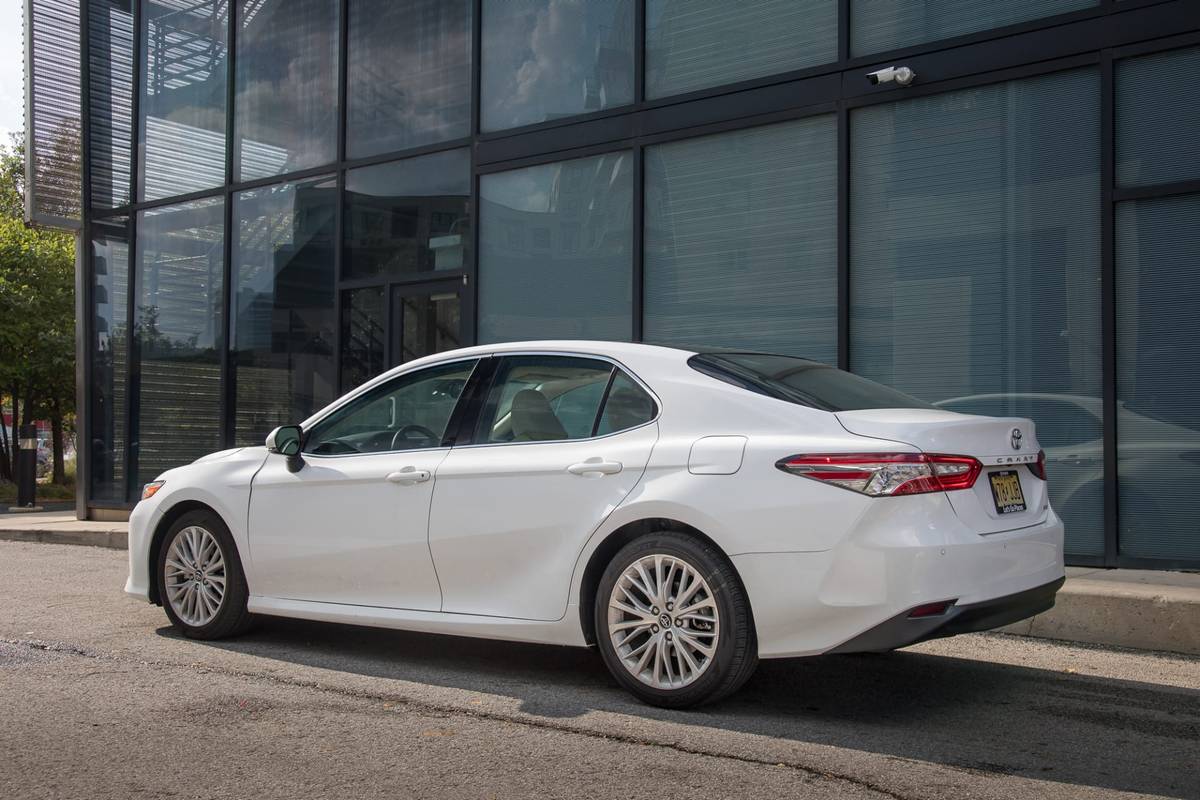
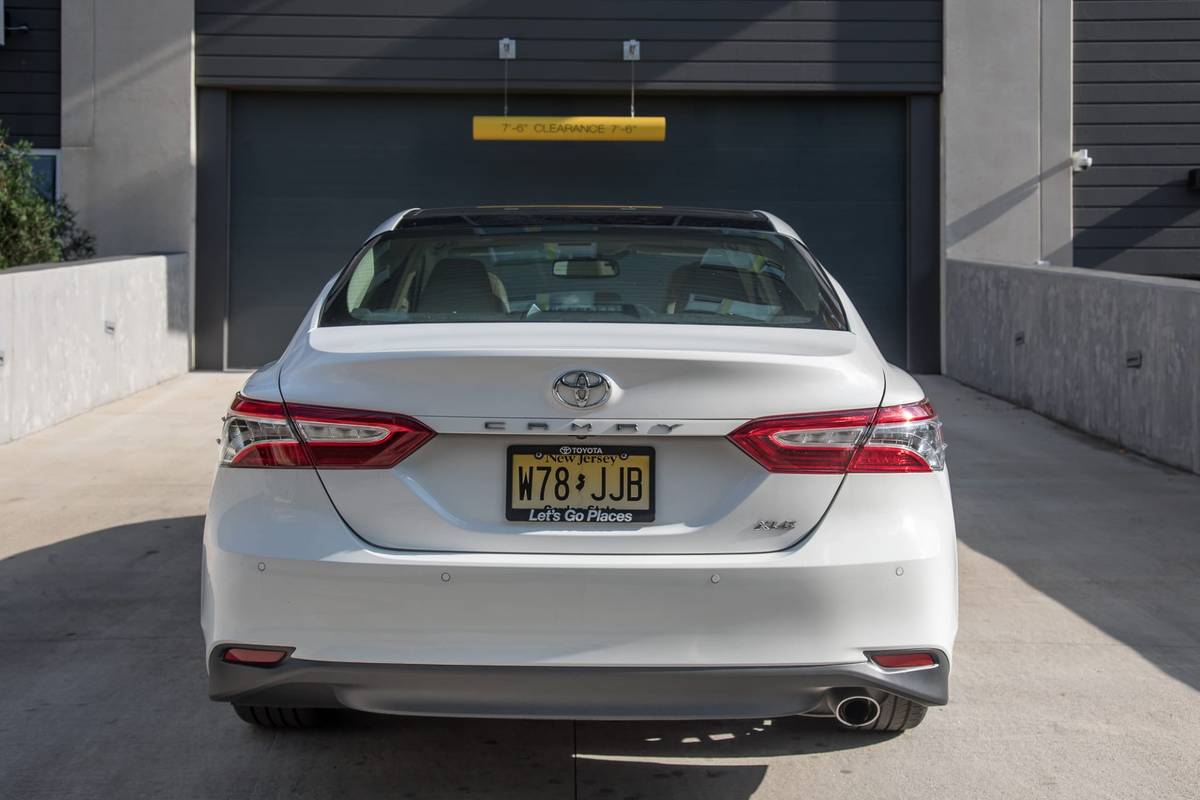
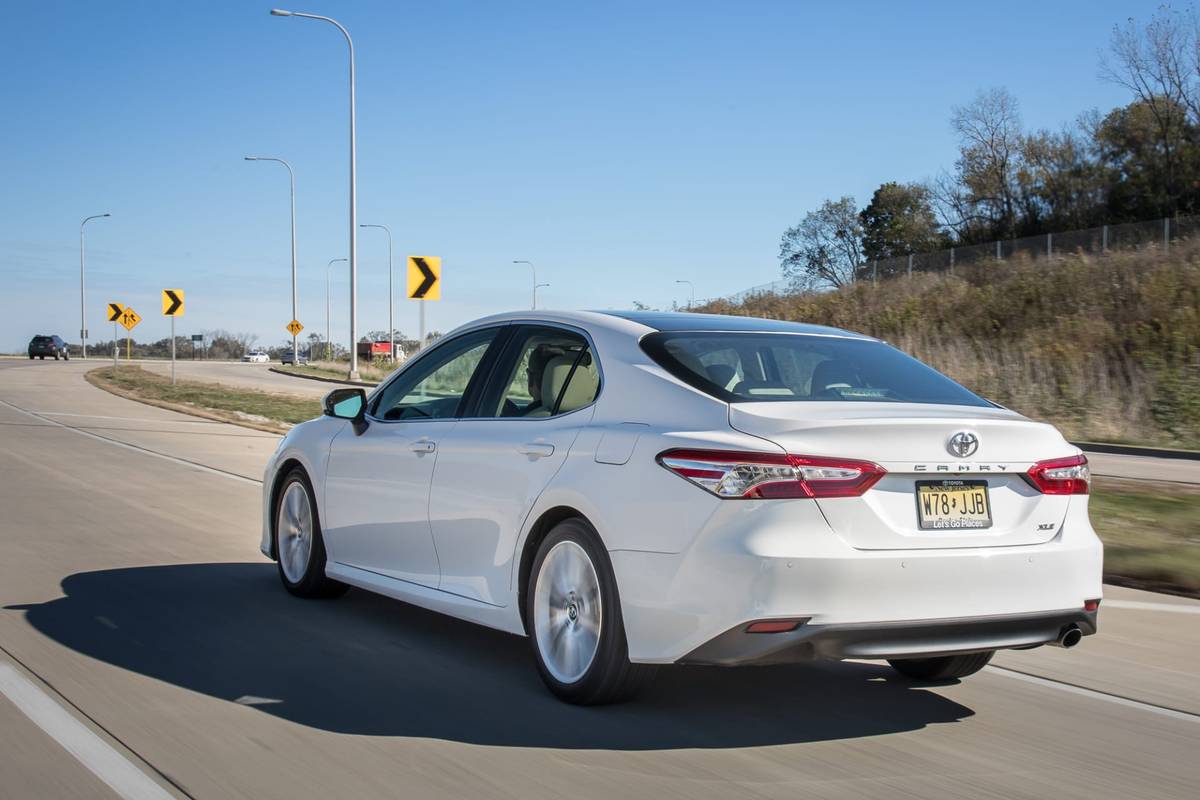
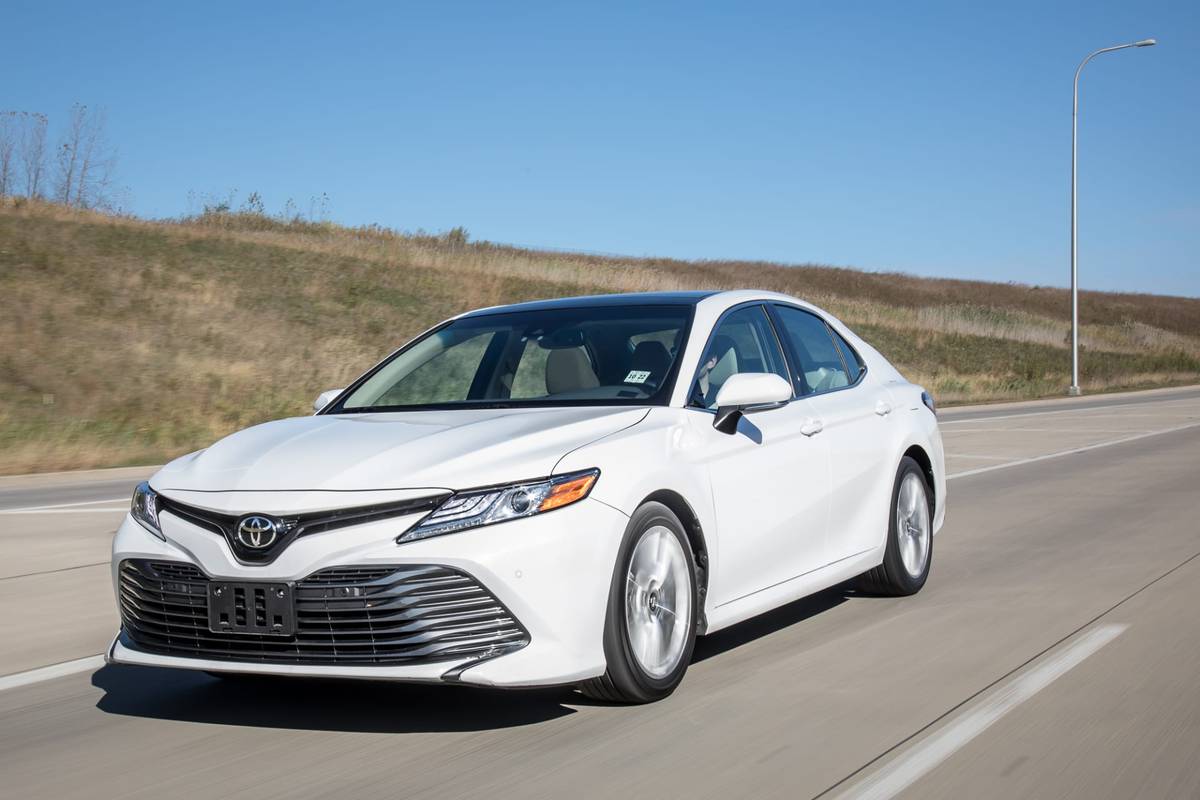
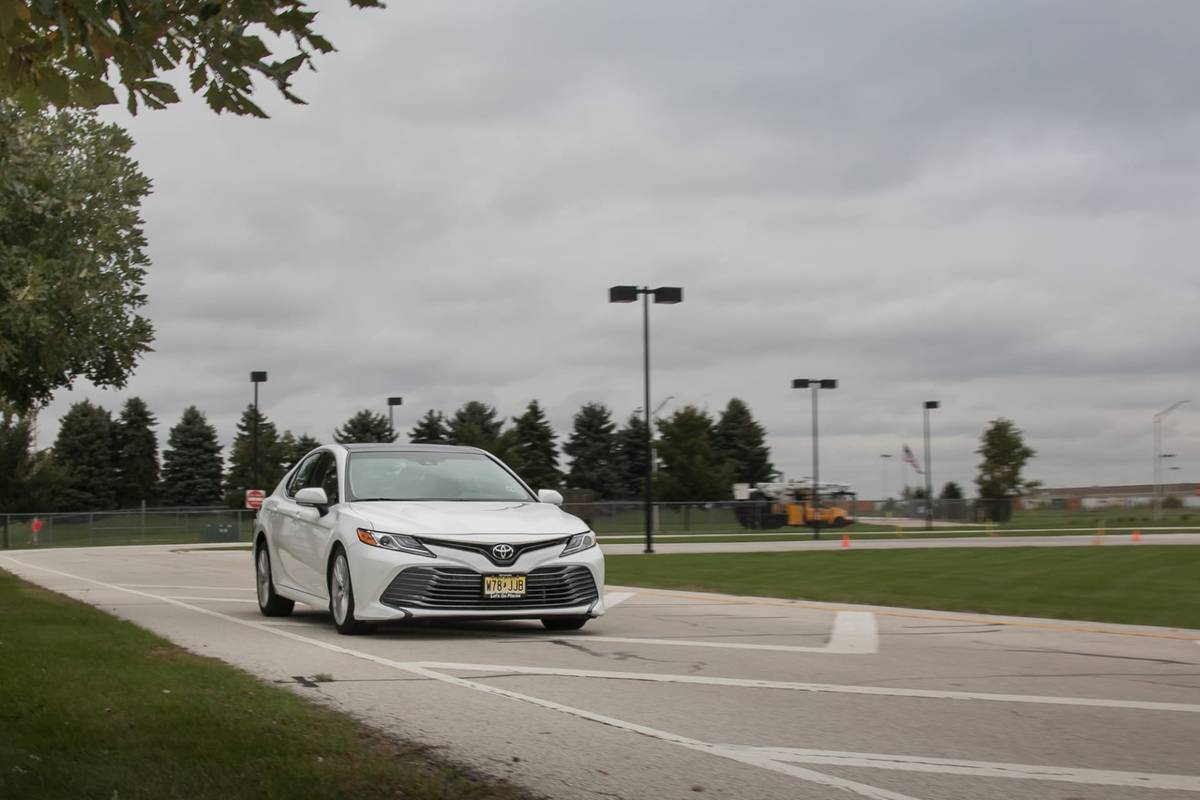
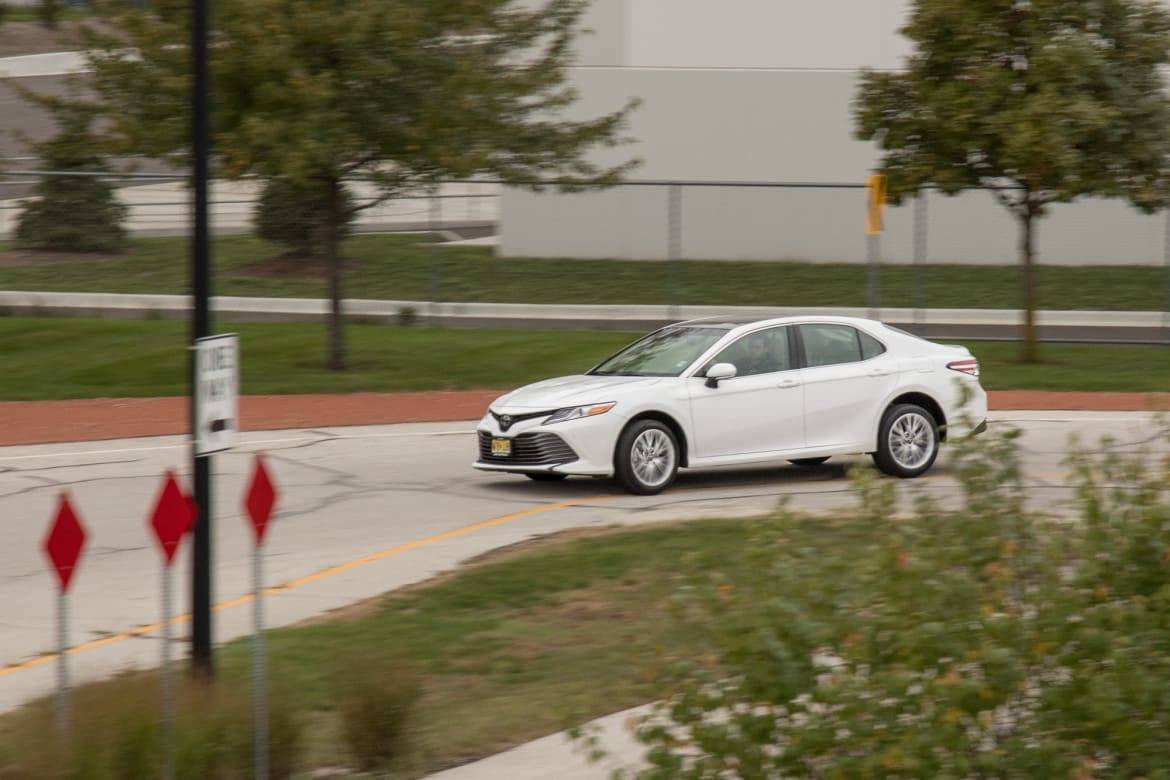
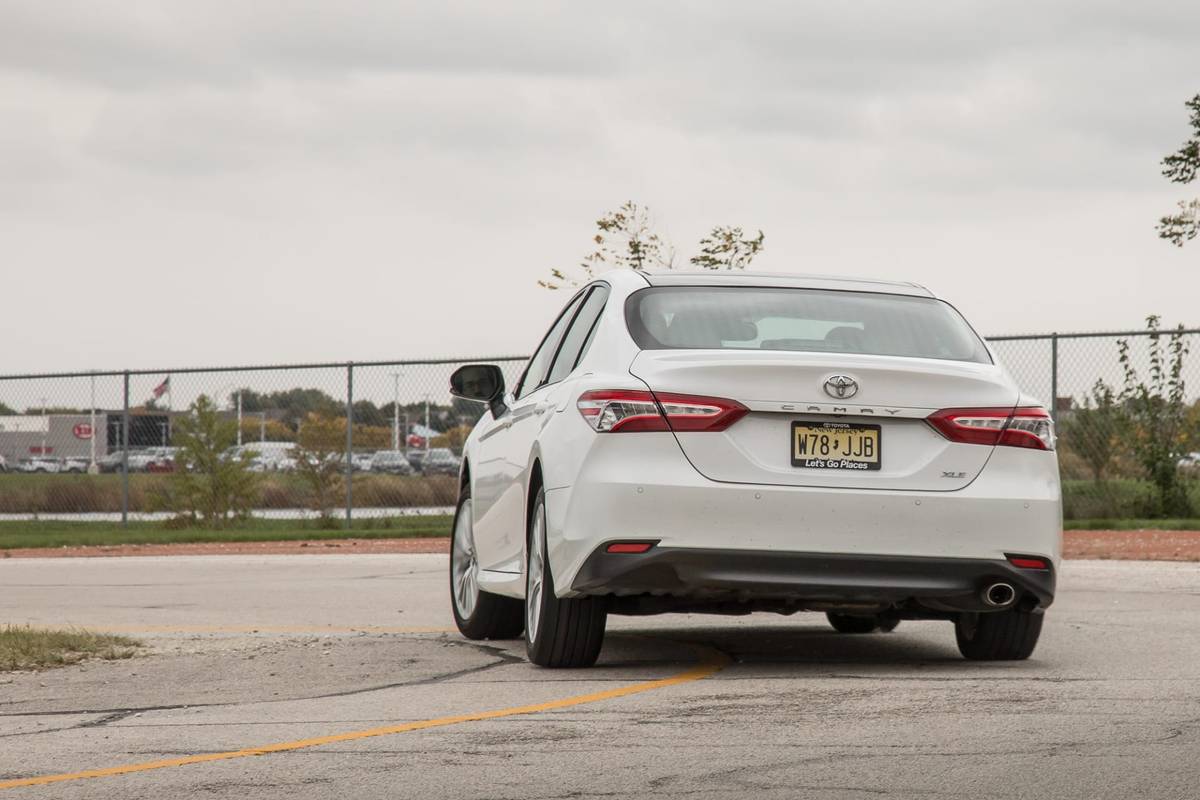
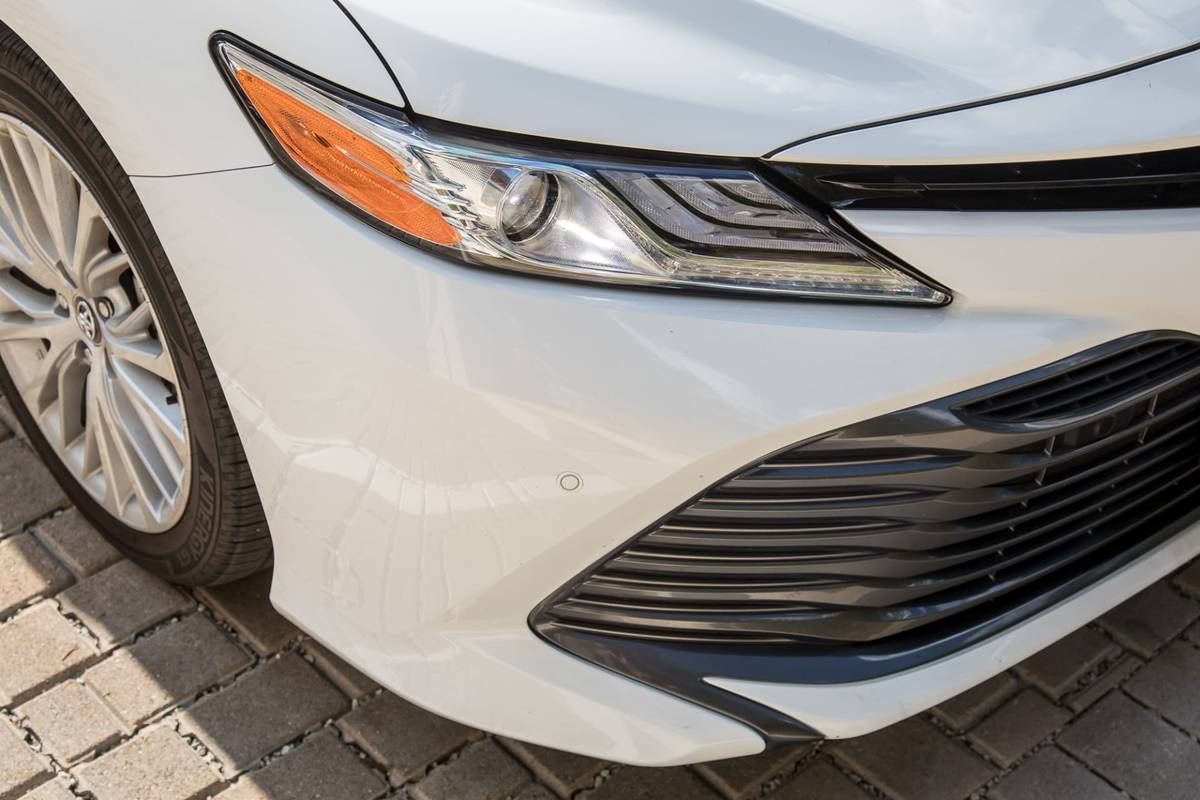
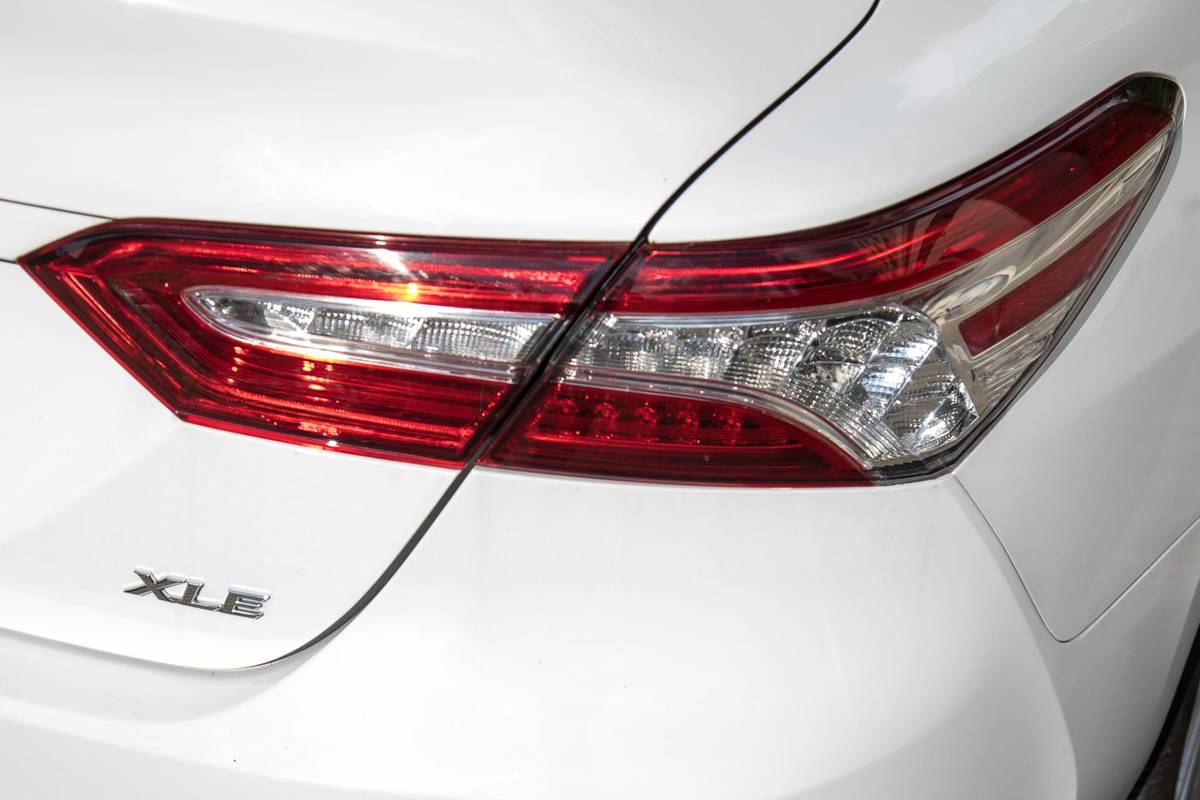
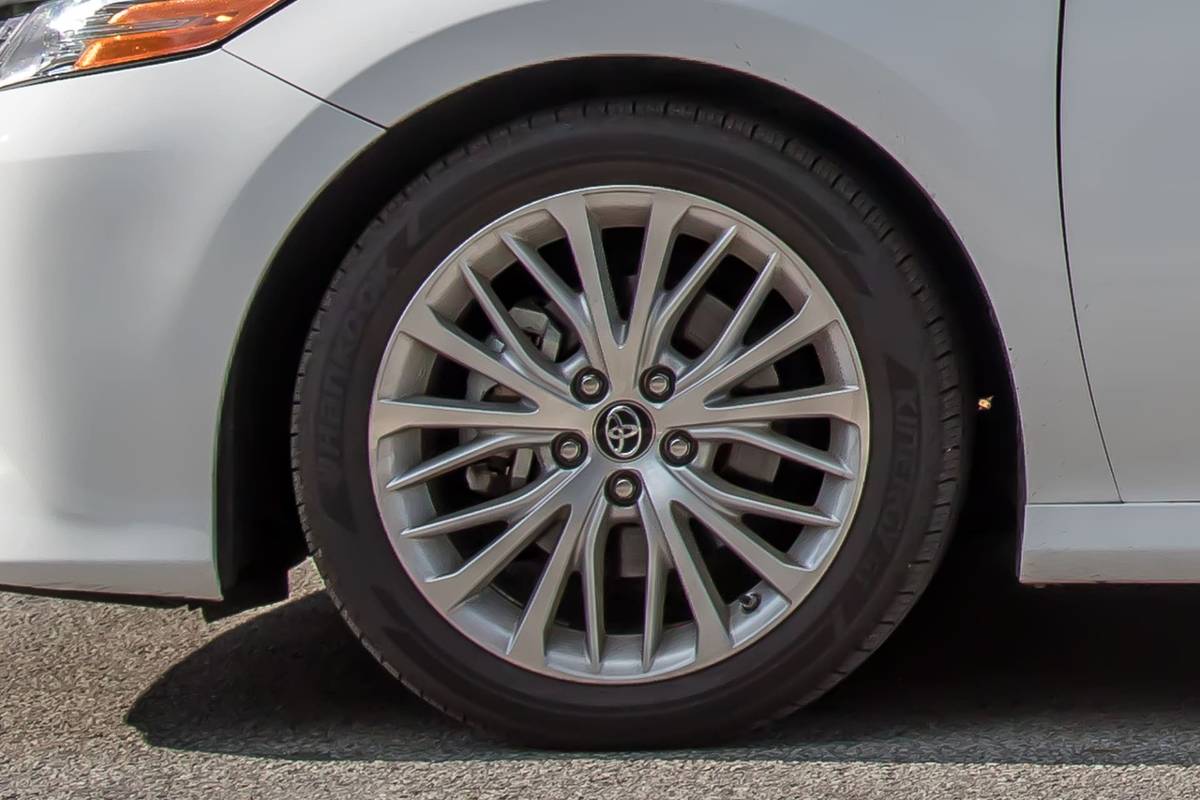
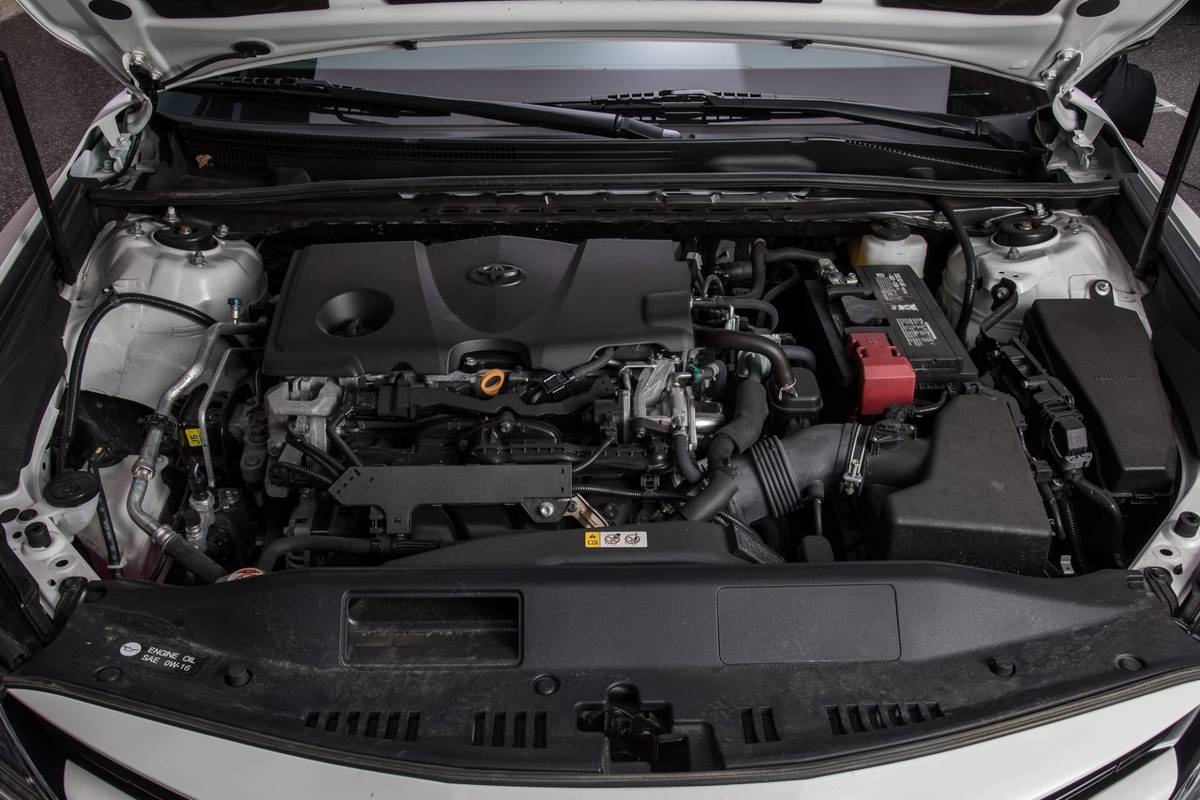
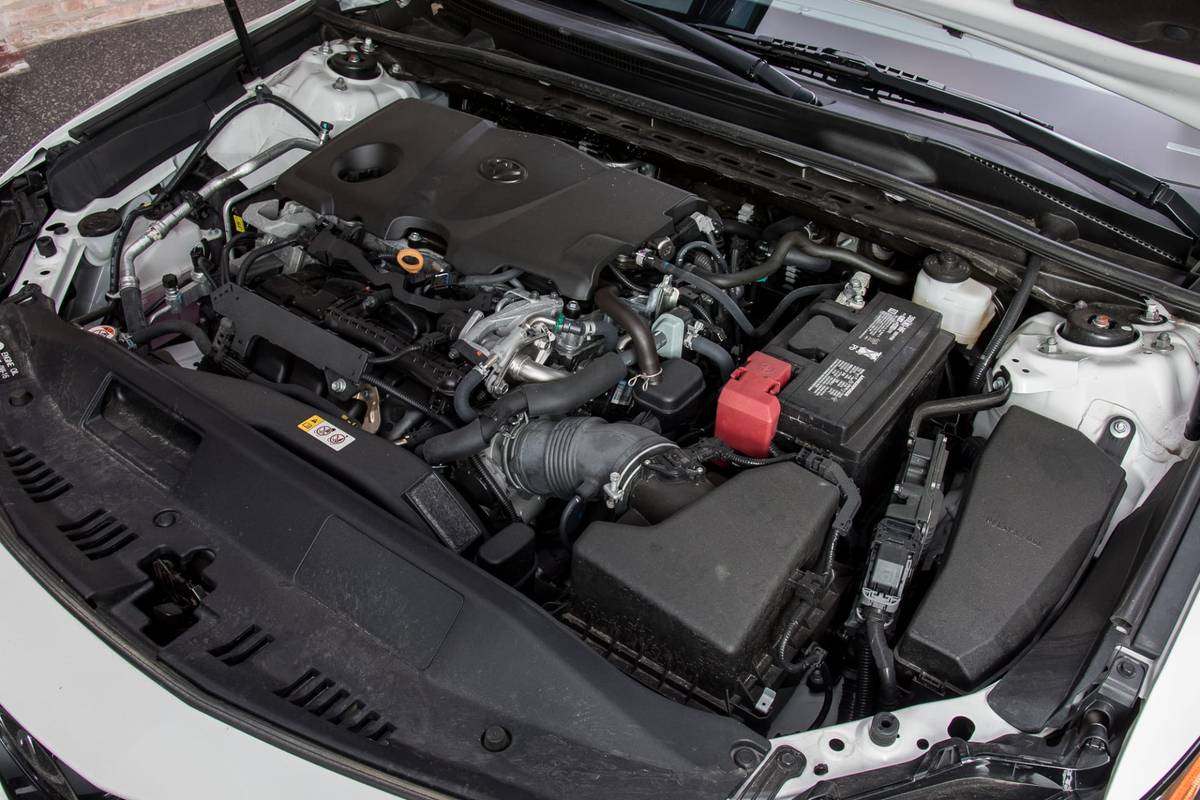
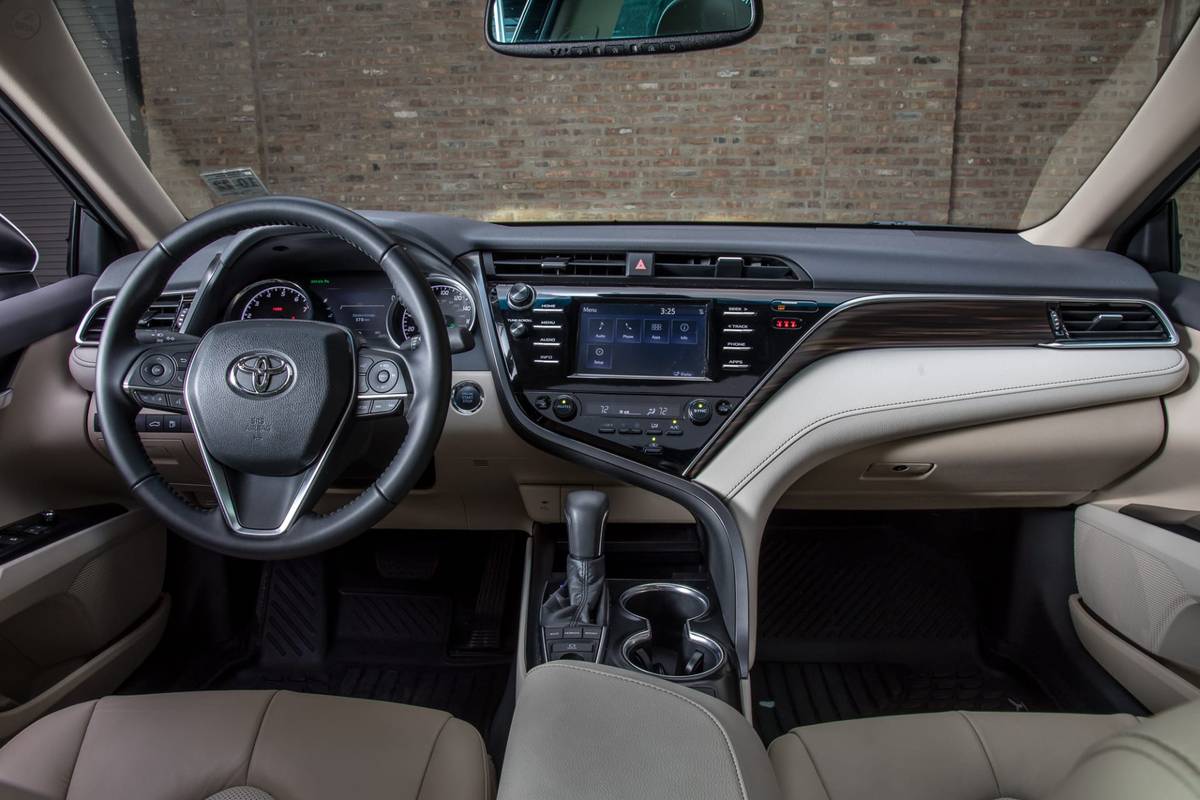
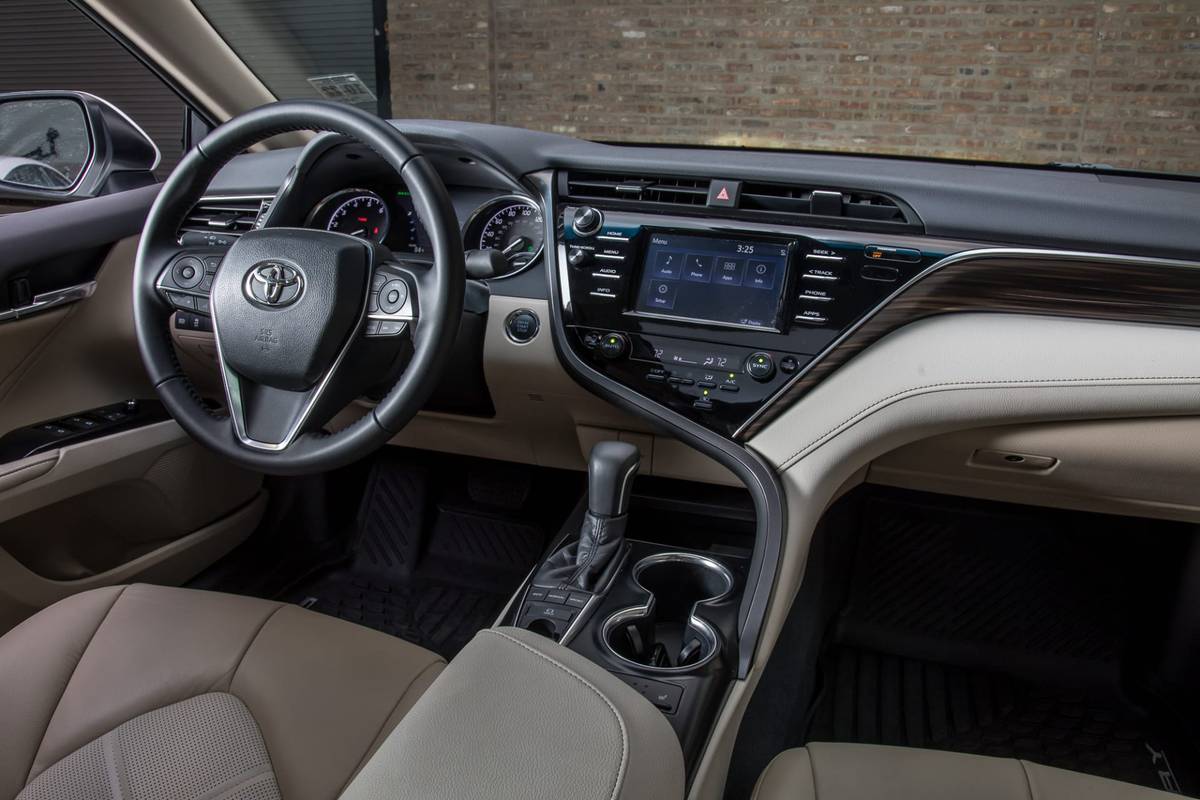
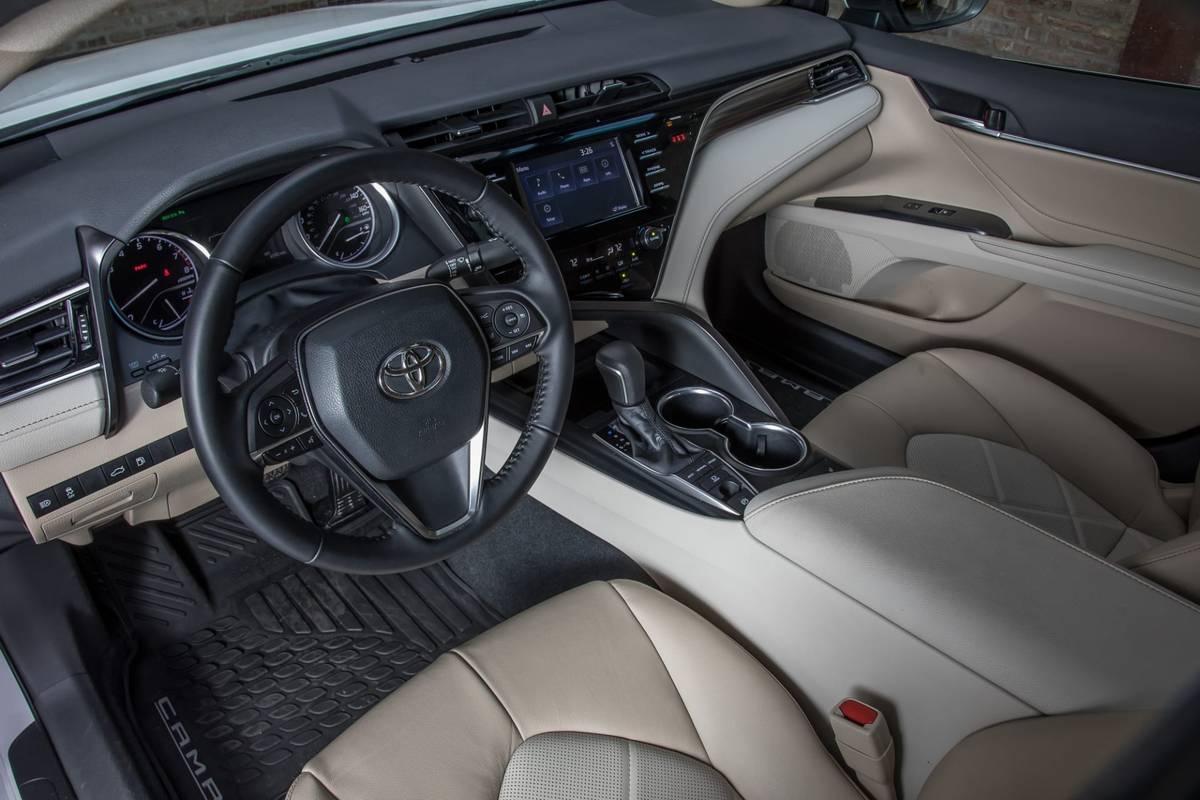
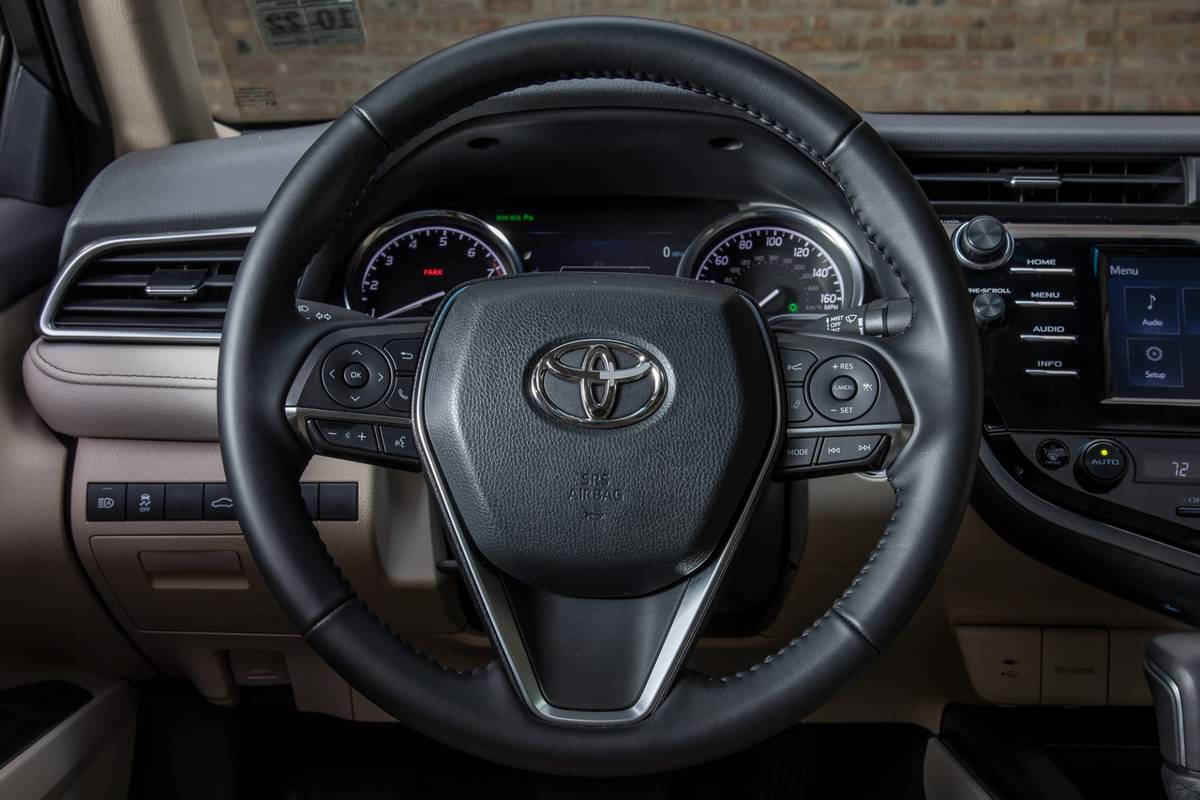
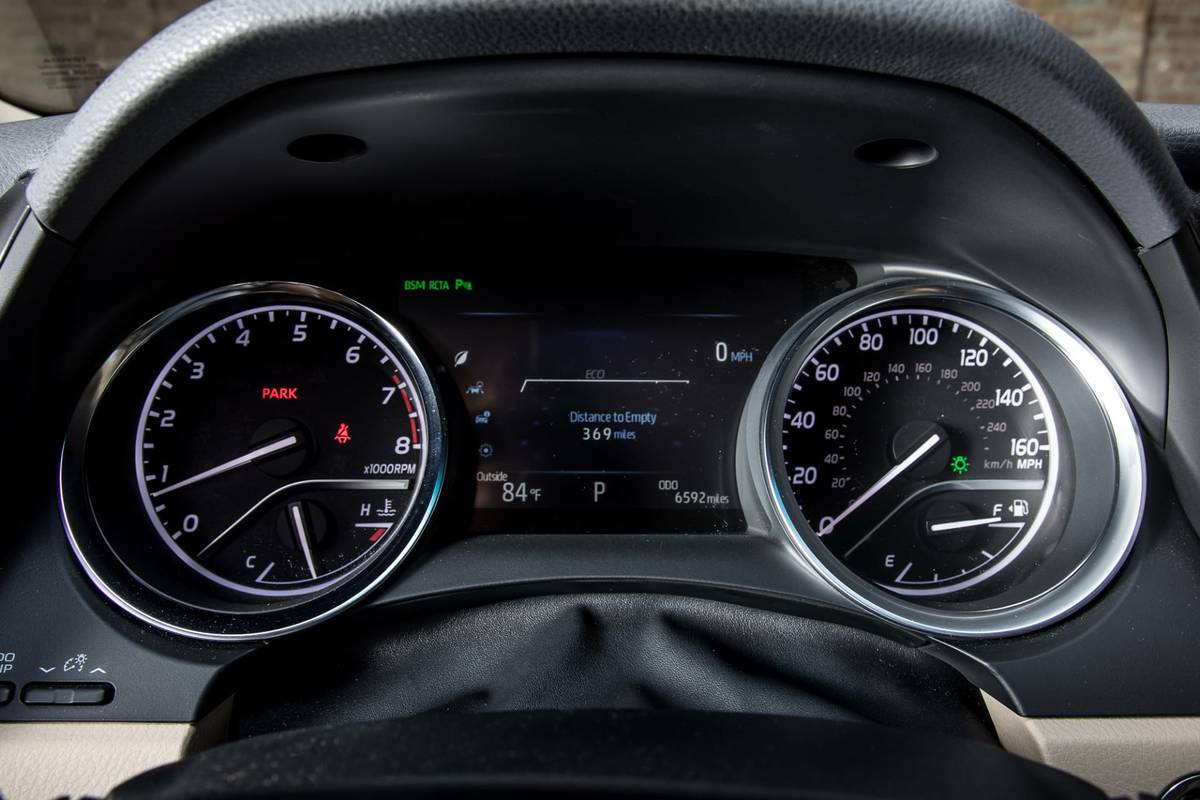
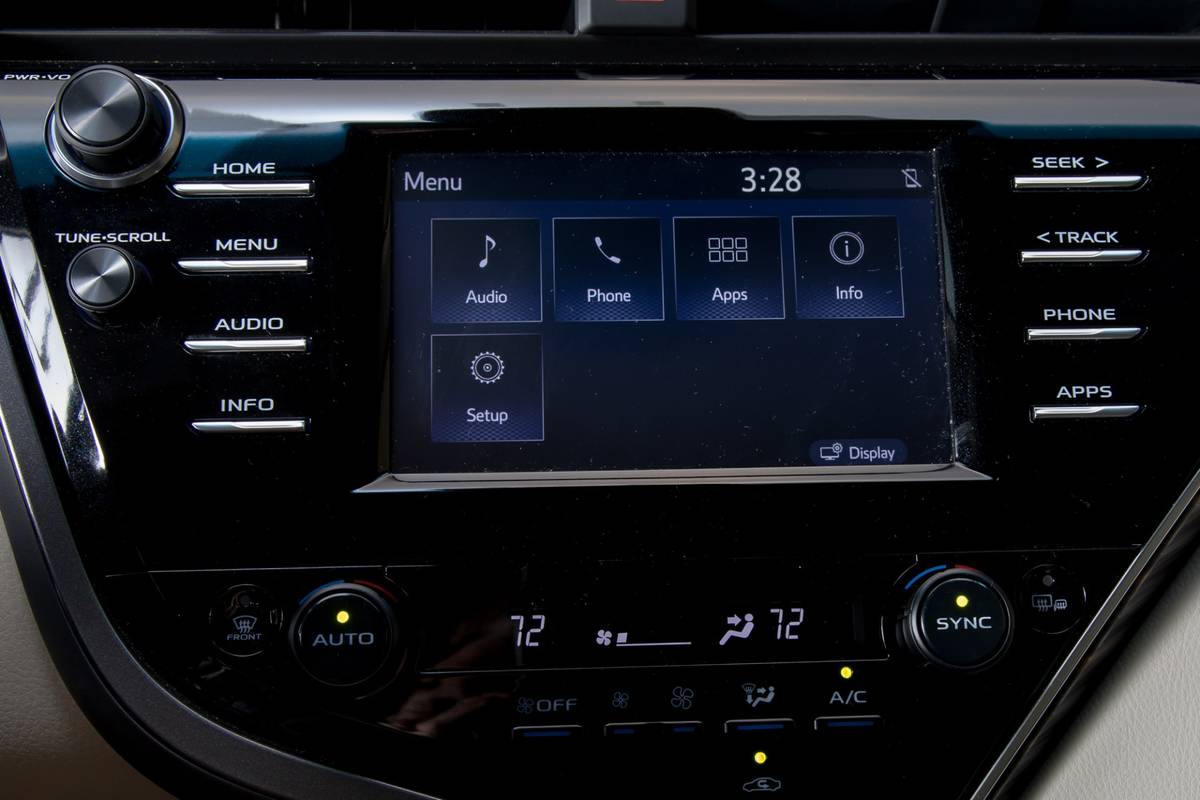
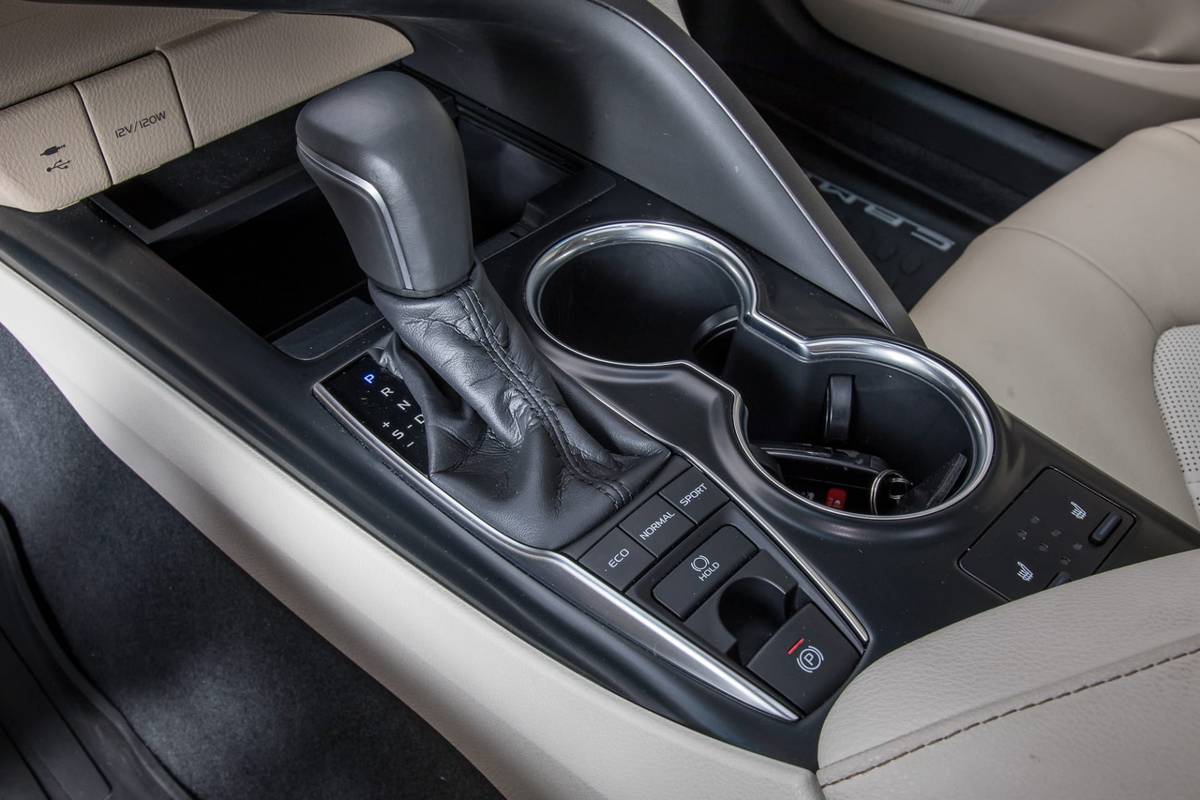
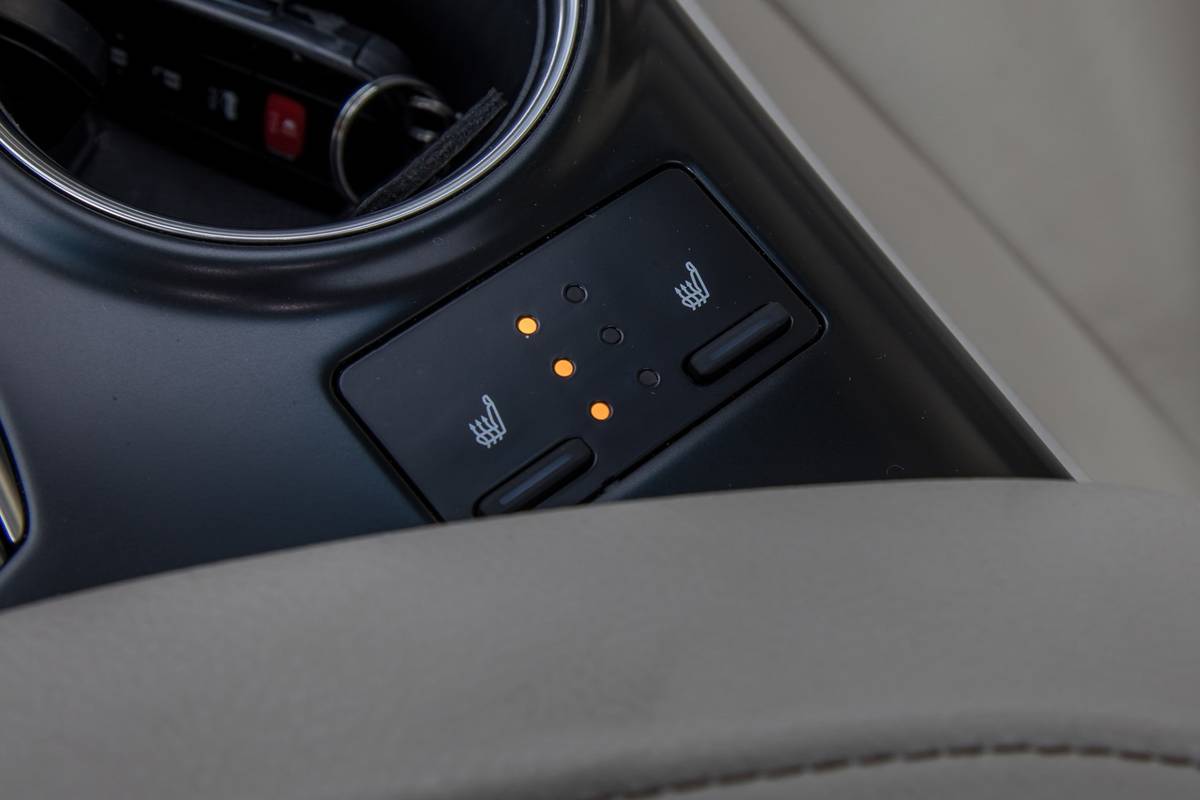
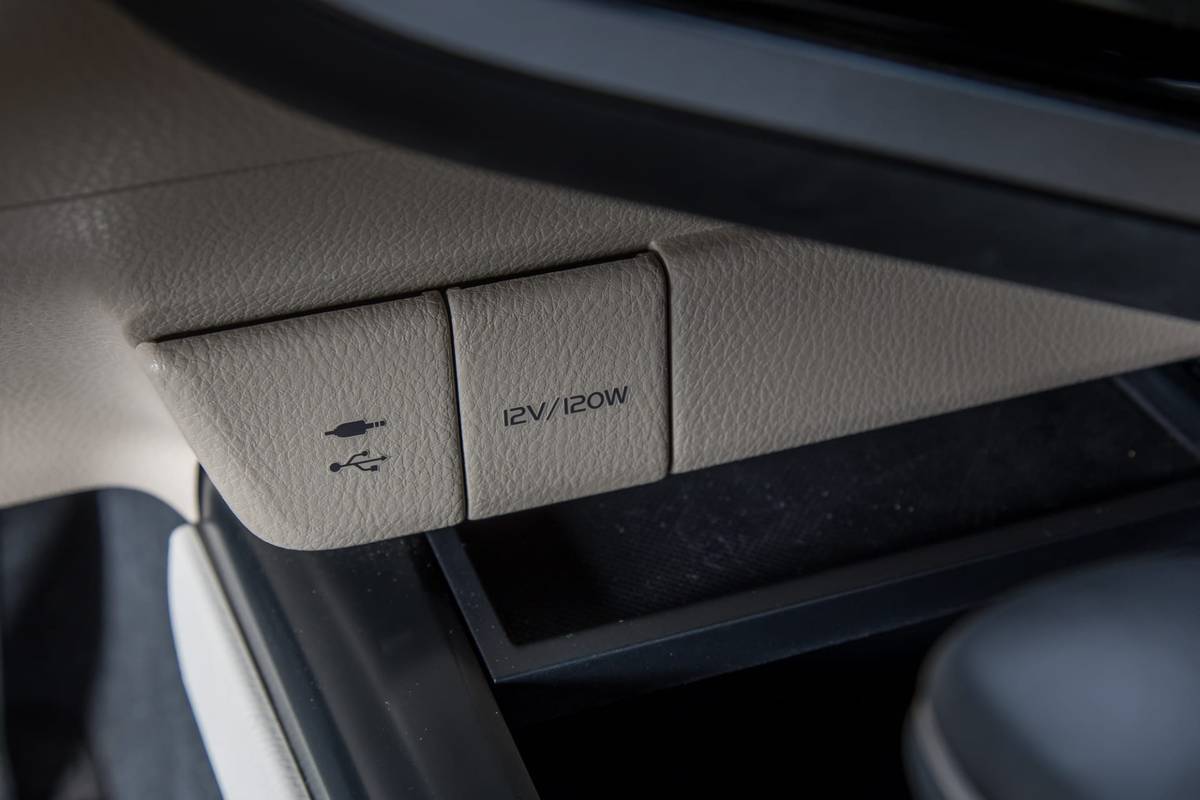
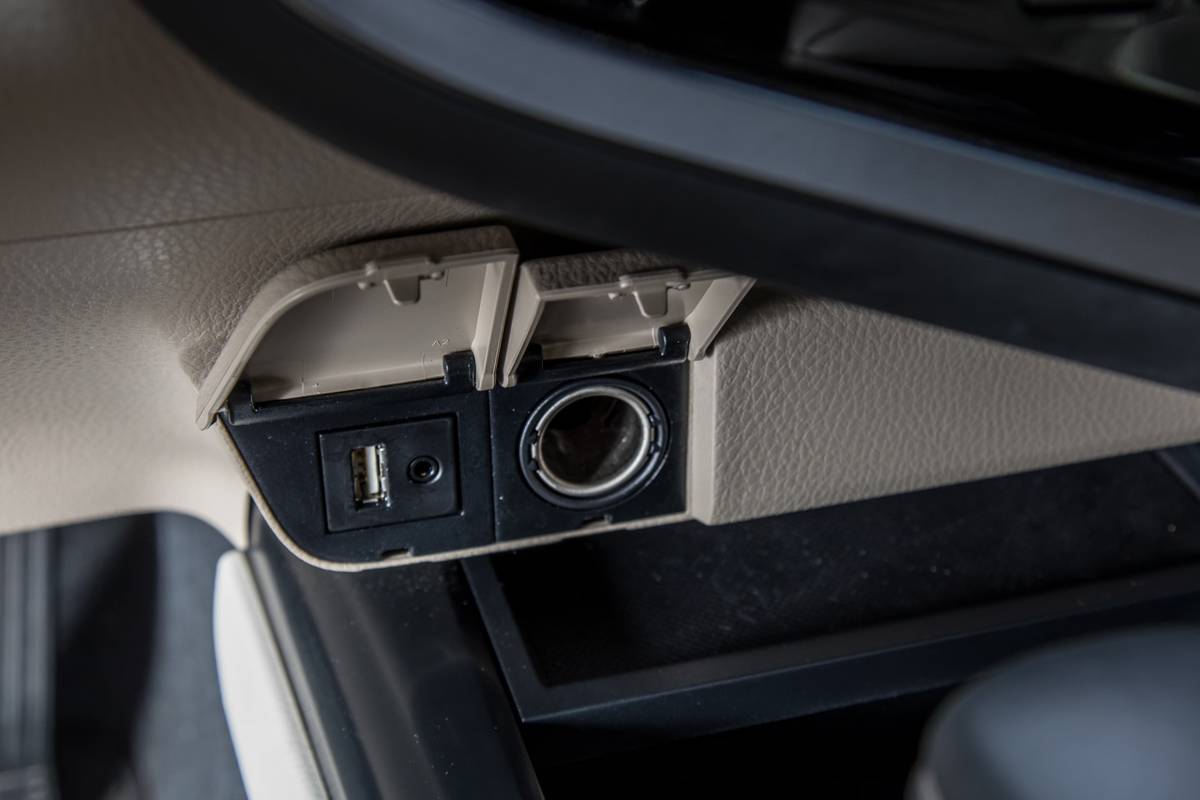
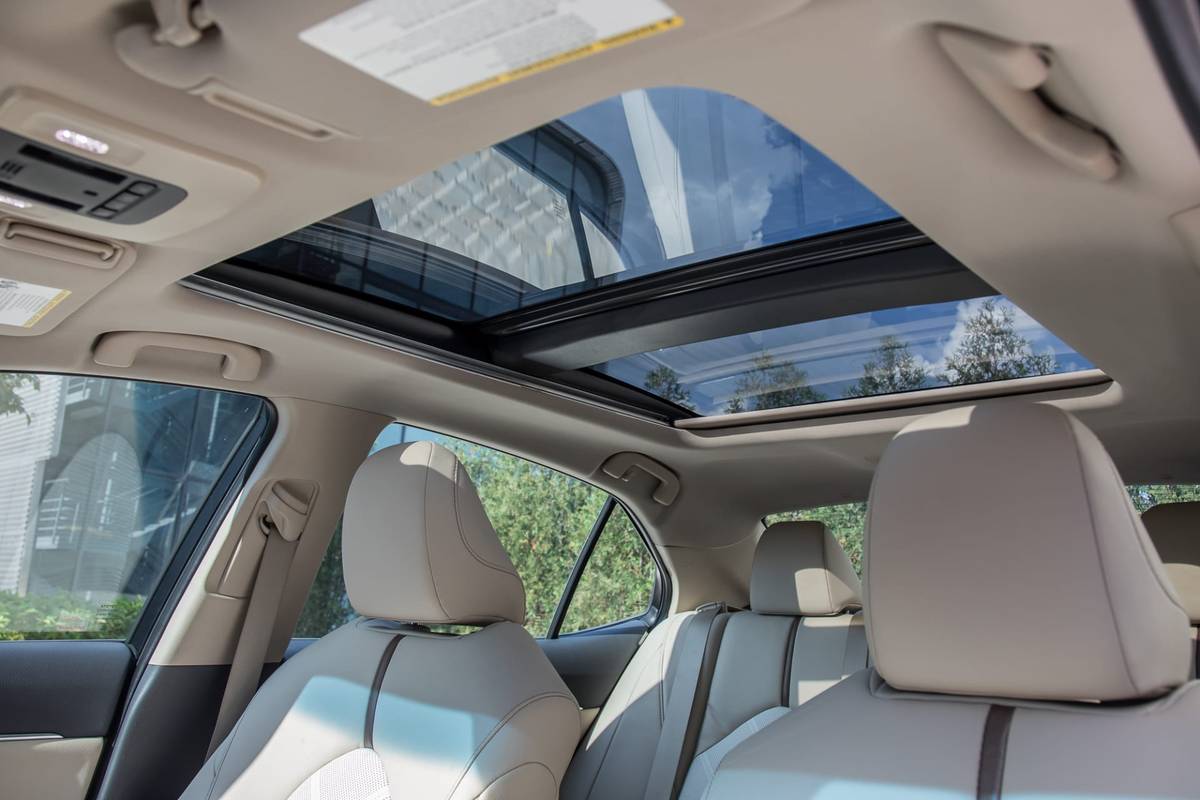
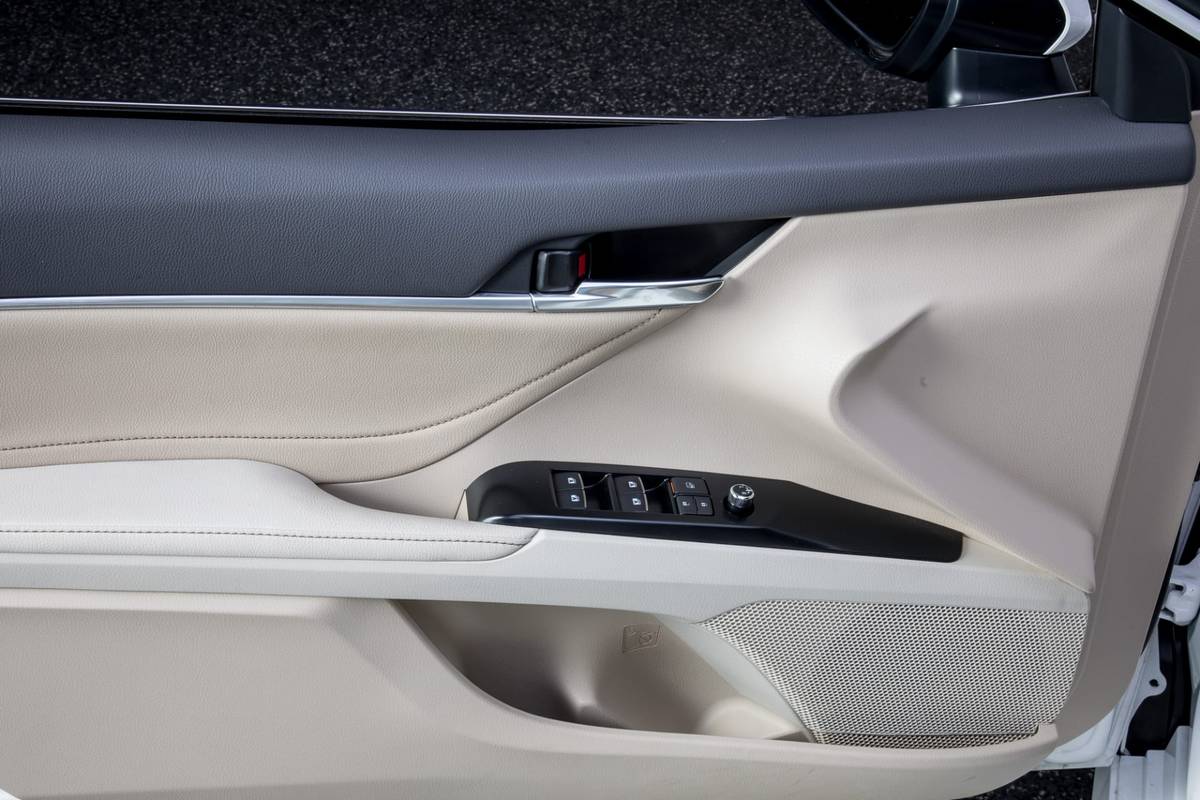
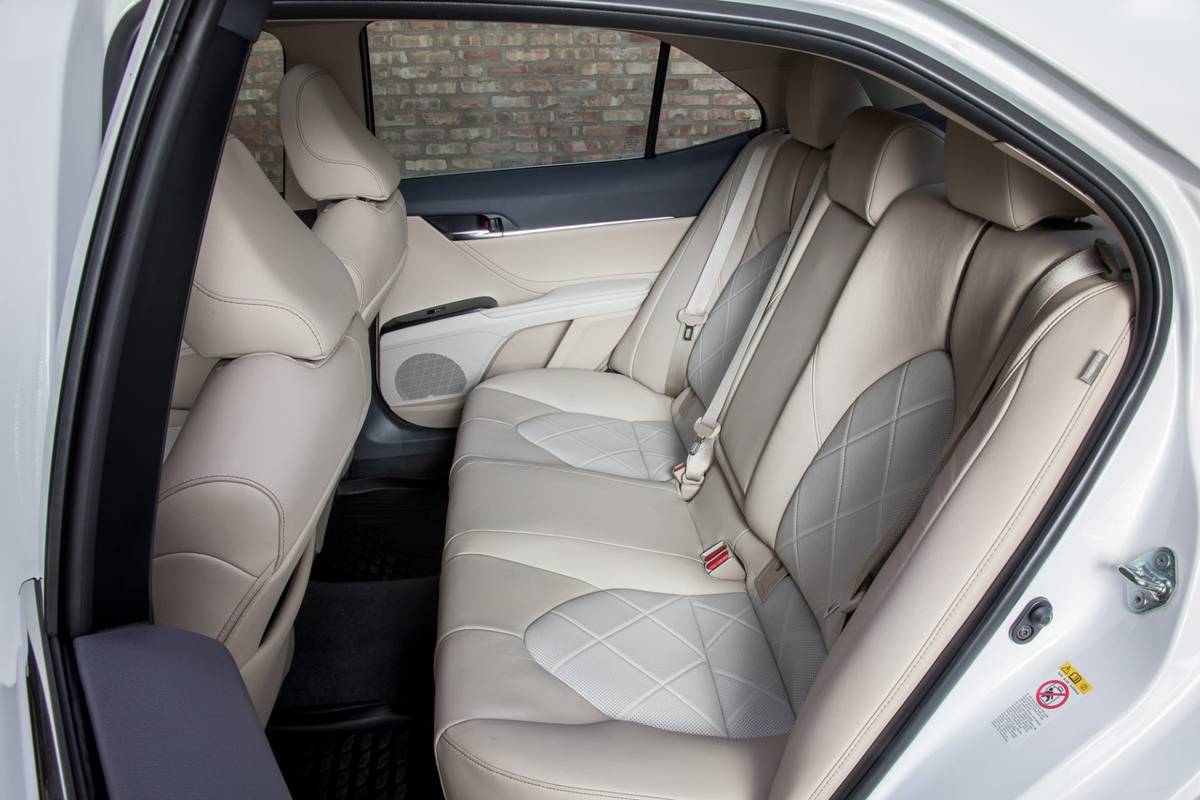
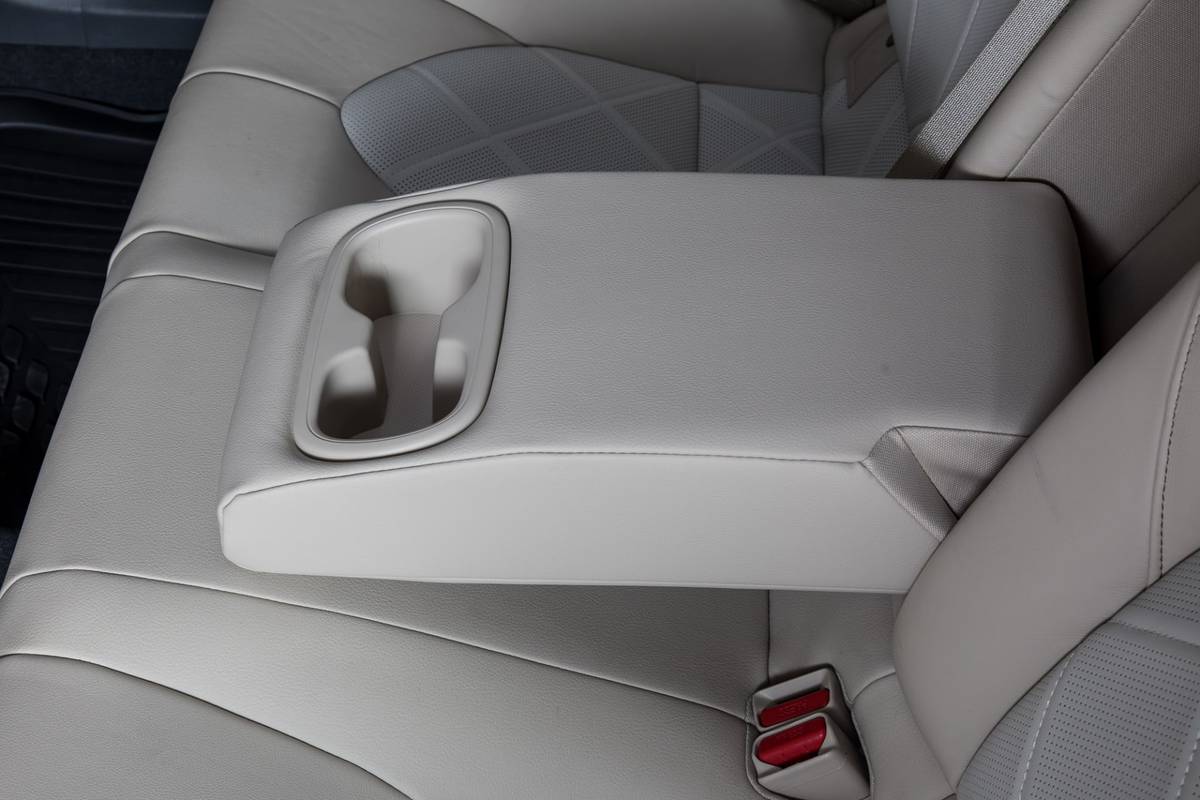
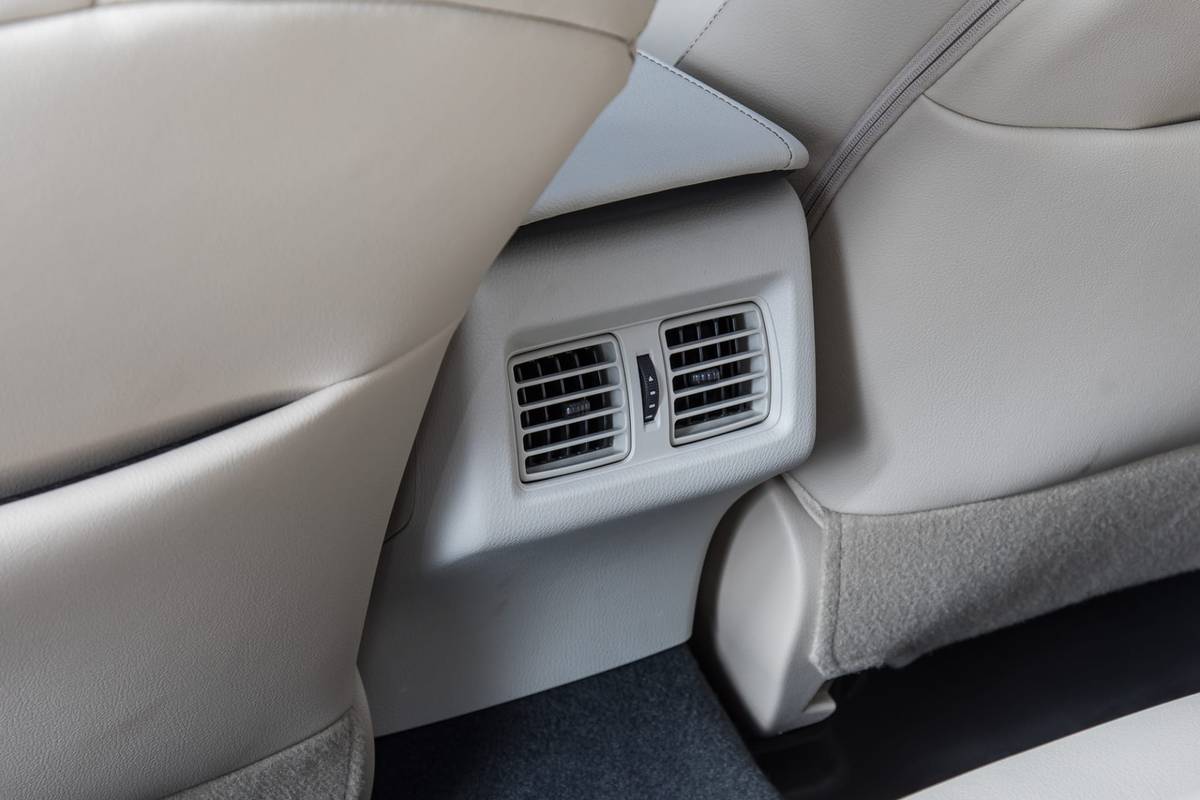
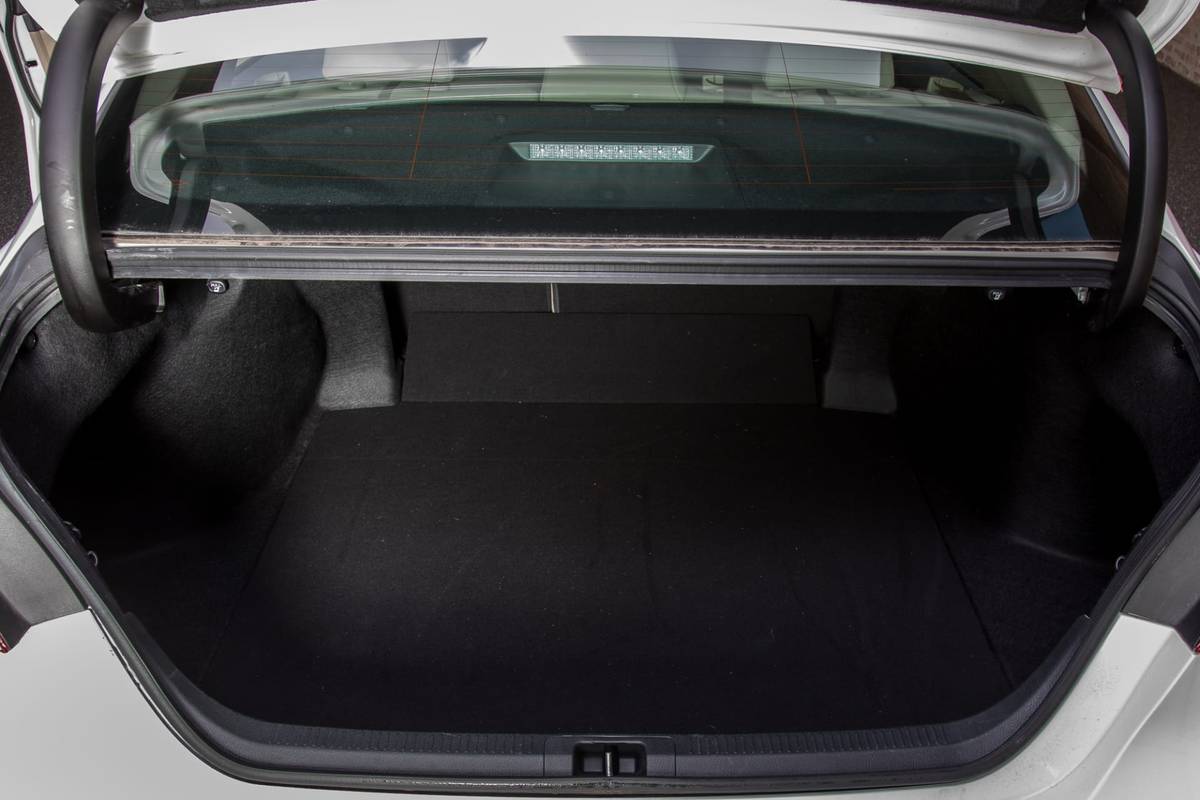































It may be alphabetically last in both manufacturer and model name, but the 2018 Camry XLE was the most powerful car in the test, with a 2.5-liter four-cylinder engine making 203 hp and 184 pounds-feet of torque. Unlike the other two cars, the Camry had a more traditional eight-speed automatic transmission; like the other two, it was front-wheel drive. The Camry also had the biggest wheels — 18 inches, unlike the 17-inch wheels on the Accord and Altima. Its $1,045 optional panoramic sunroof was also the largest in the test. Unfortunately for the Toyota, it lacked Apple CarPlay and Android Auto. The Camry was middle-of-the-pack in price; including the optional sunroof and an $895 destination fee, its as-tested price was $30,390.
- ${price_badge()}
- ${ami_badge()}
- ${battery_badge()}${ev_report_link()}
- ${hot_car_badge()}
- ${award_badge()}
- ${cpo_badge()}
${price_badge_description}
${ami_badge_description}
The EV Battery Rating is based on this vehicle's current expected range relative to the vehicles expected range when new. ${battery_badge_text}
This vehicle is certified pre-owned, backed by a manufacturer warranty, and typically undergoes a rigorous multi-point inspection to ensure quality and reliability.
This vehicle is currently in high demand given its competitive price, desirable features, and overall condition, and may have a higher chance of selling quickly.
Shop the 2018 Toyota Camry near you


Stay tuned for our 2018 Mid-Size Sedan Challenge results on Nov. 12 to see which car came out on top.
Cars.com’s Editorial department is your source for automotive news and reviews. In line with Cars.com’s long-standing ethics policy, editors and reviewers don’t accept gifts or free trips from automakers. The Editorial department is independent of Cars.com’s advertising, sales and sponsored content departments.

Road Test Editor Brian Normile joined the automotive industry and Cars.com in 2013, and he became part of the Editorial staff in 2014. Brian spent his childhood devouring every car magazine he got his hands on — not literally, eventually — and now reviews and tests vehicles to help consumers make informed choices. Someday, Brian hopes to learn what to do with his hands when he’s reviewing a car on camera. He would daily-drive an Alfa Romeo 4C if he could.
Featured stories

15-Year Car Loans Aren’t a Thing, But Americans Are Getting More Comfortable With Long Loan Terms
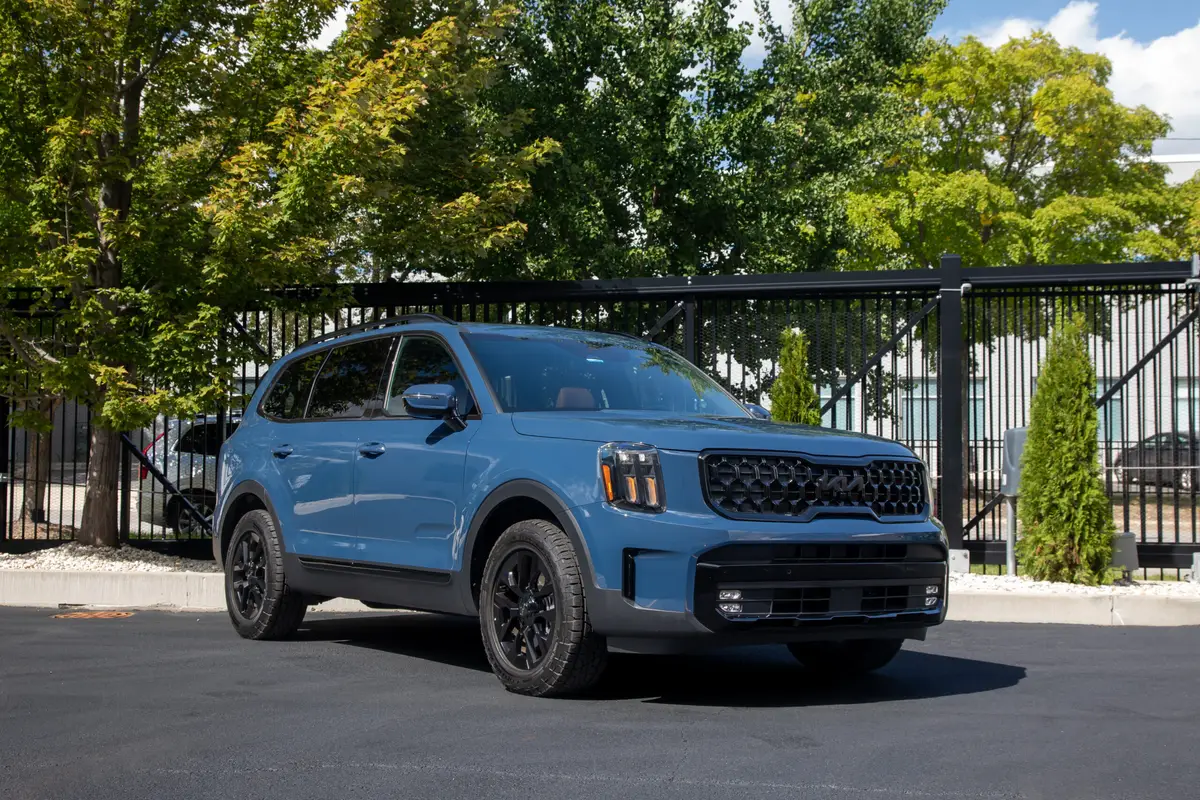
2025 Kia Telluride Review: Rougher Roads Ahead

